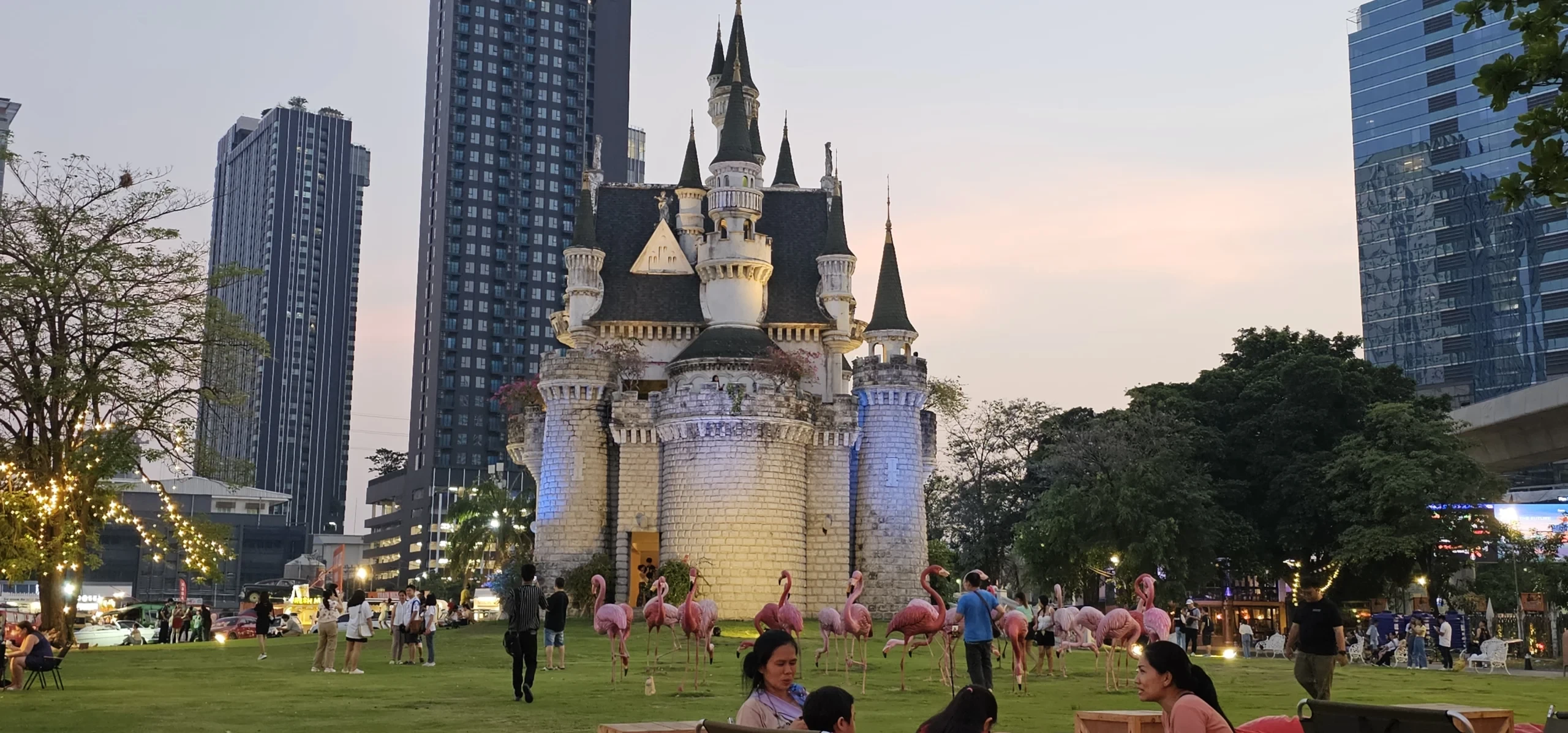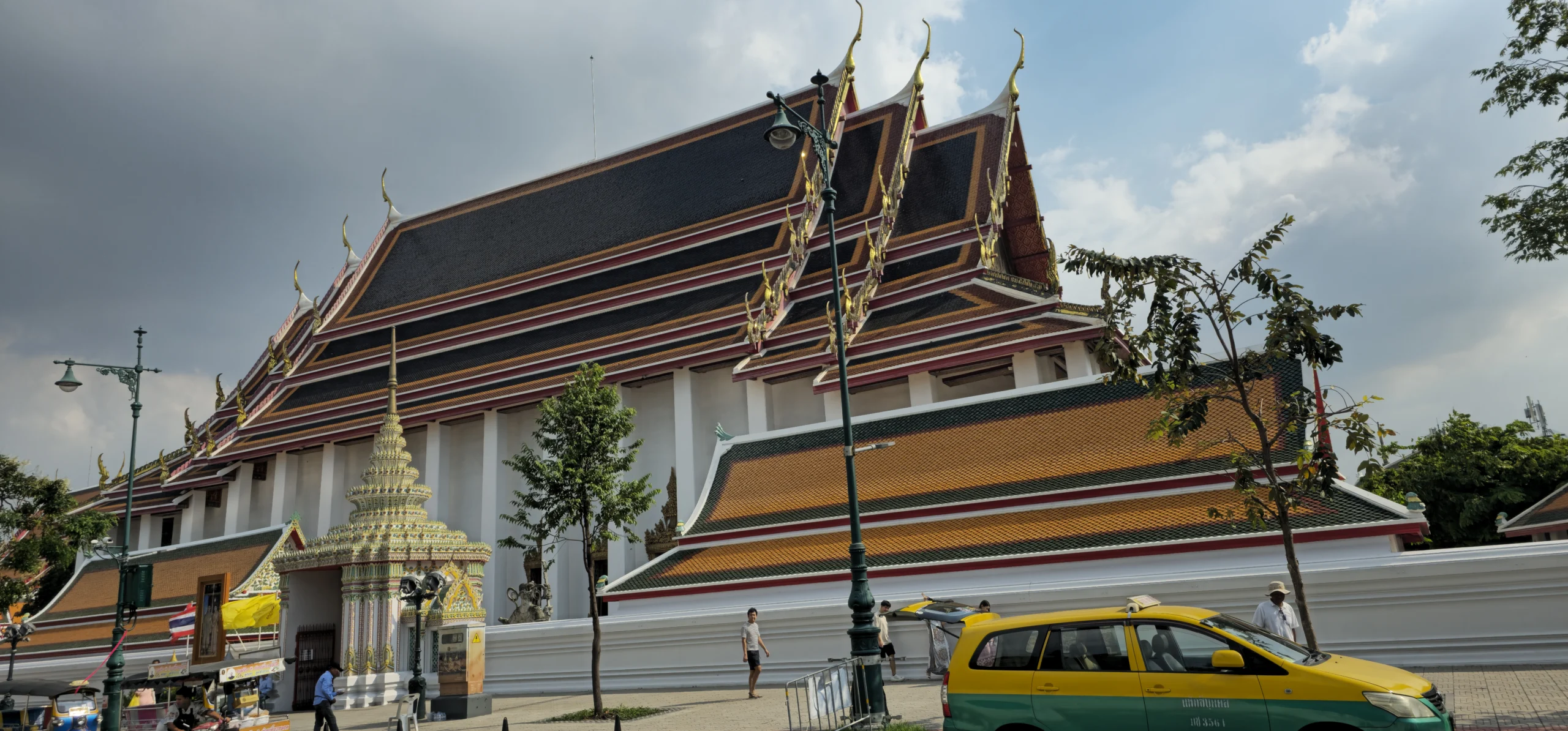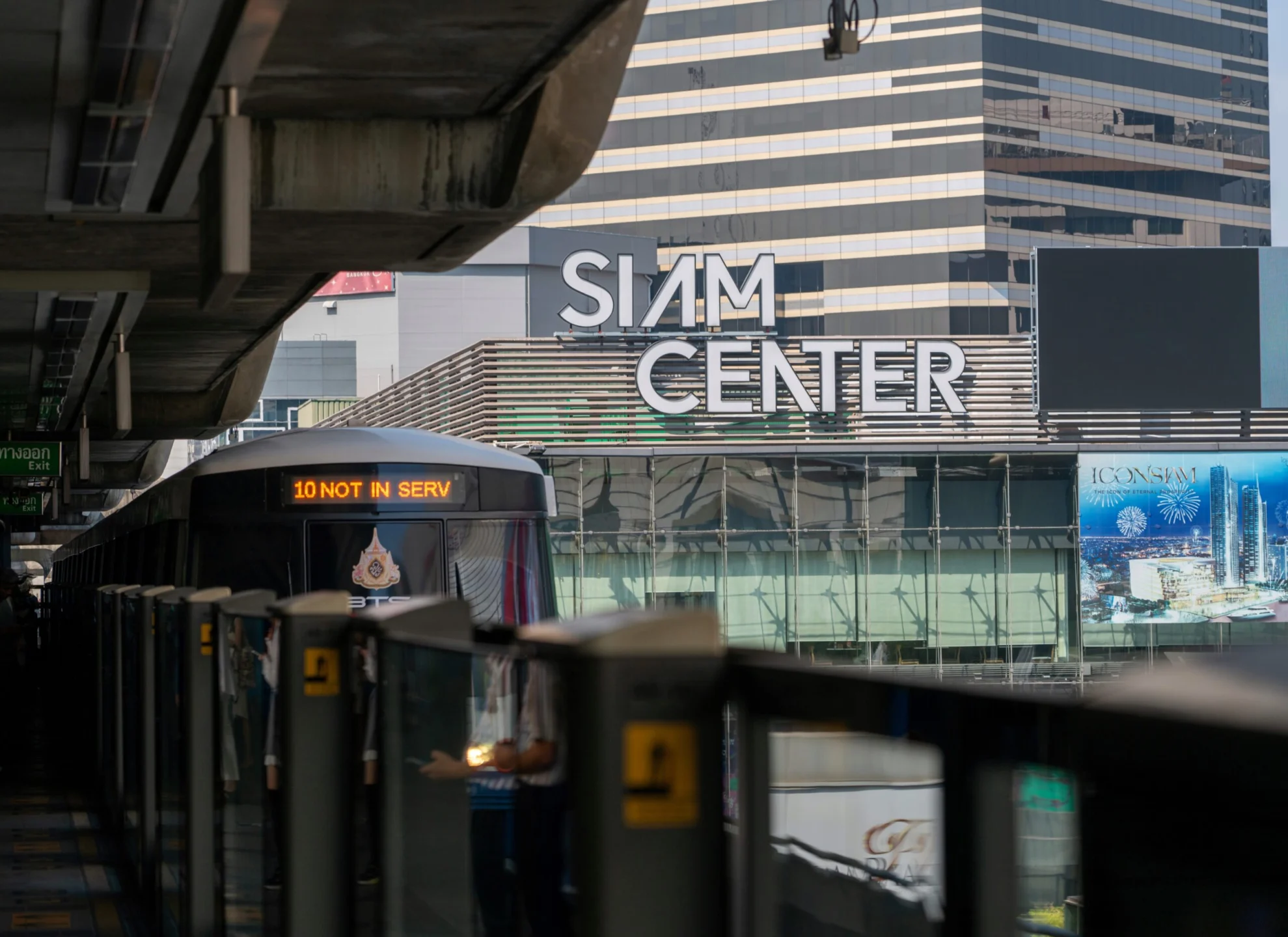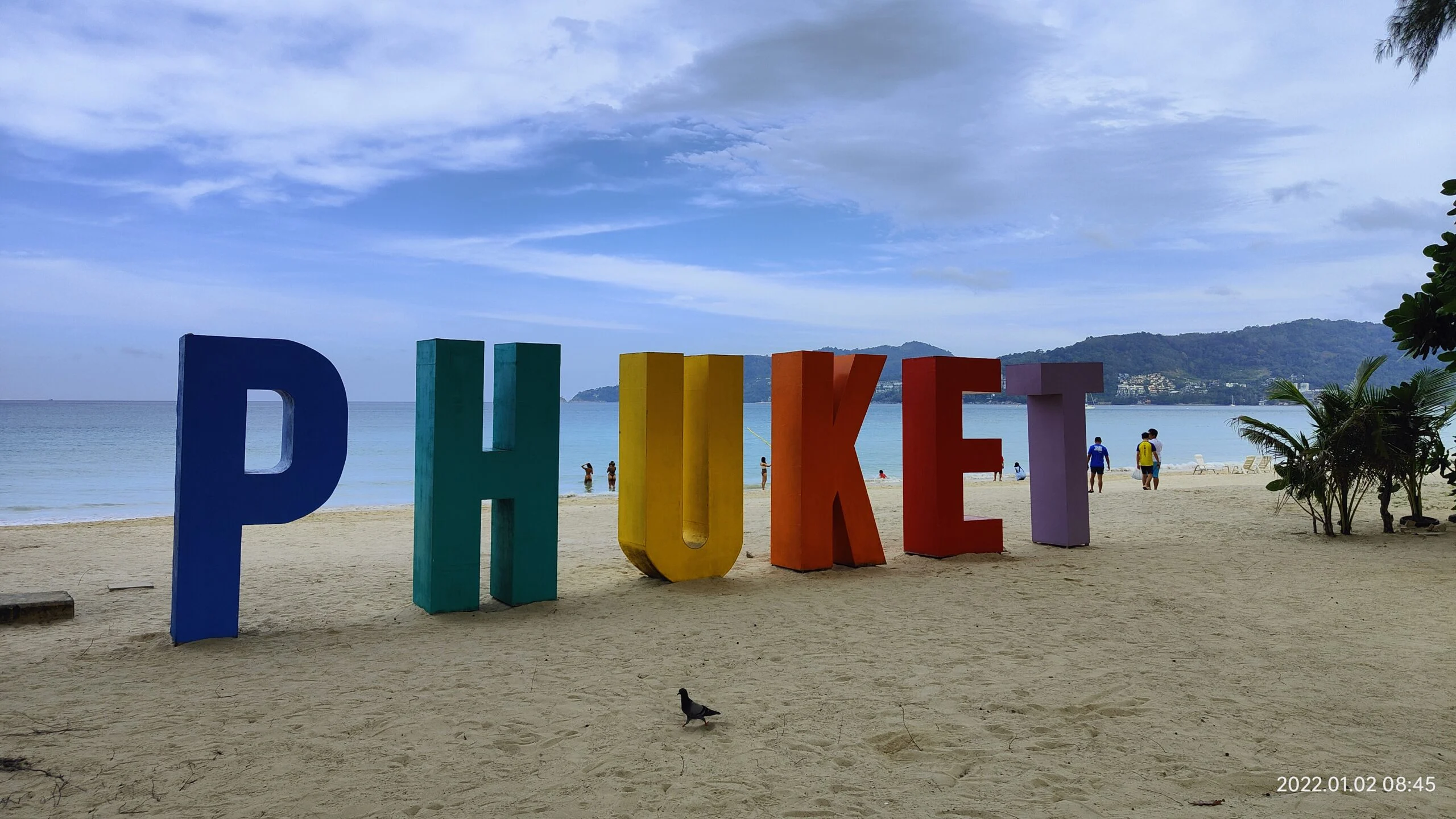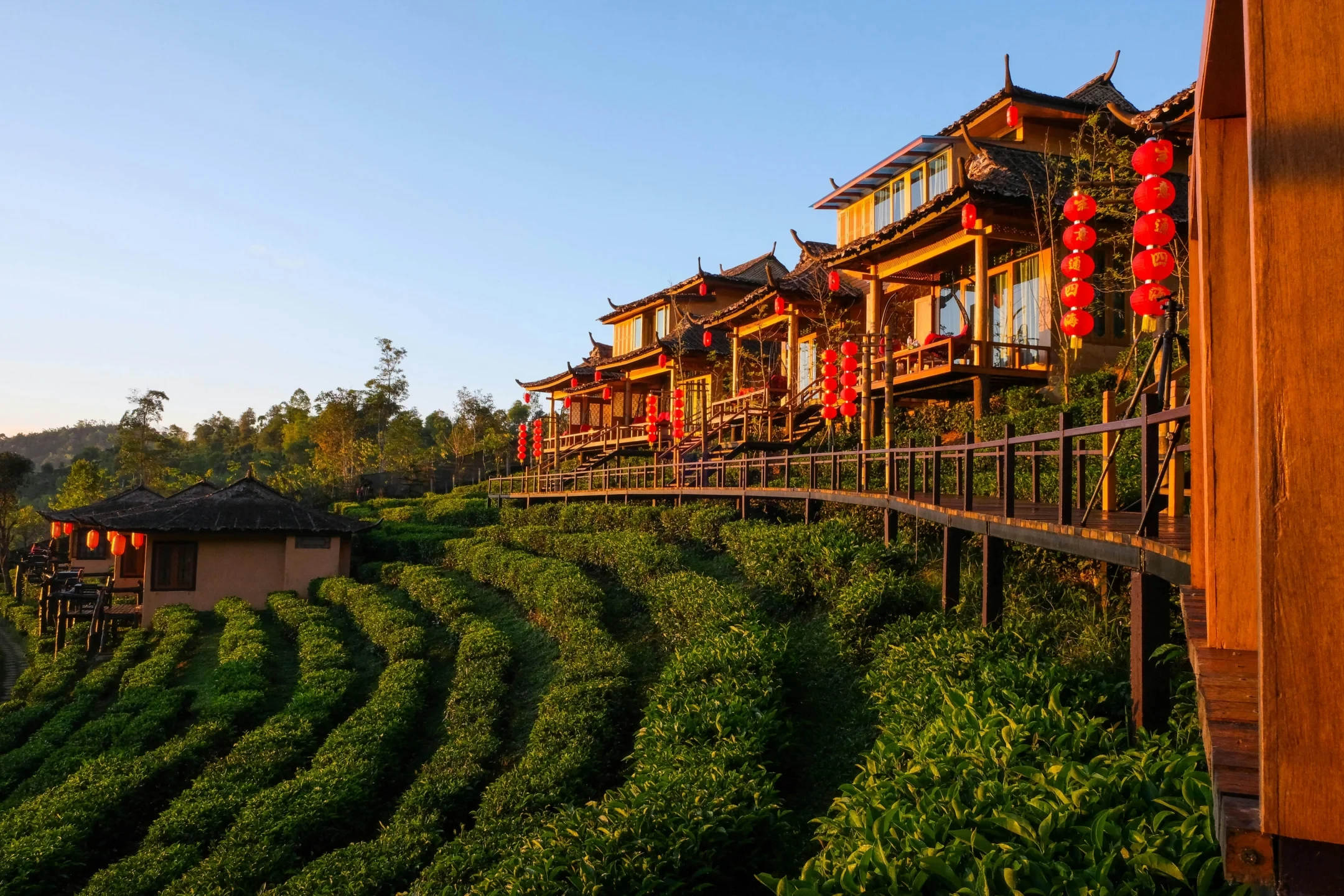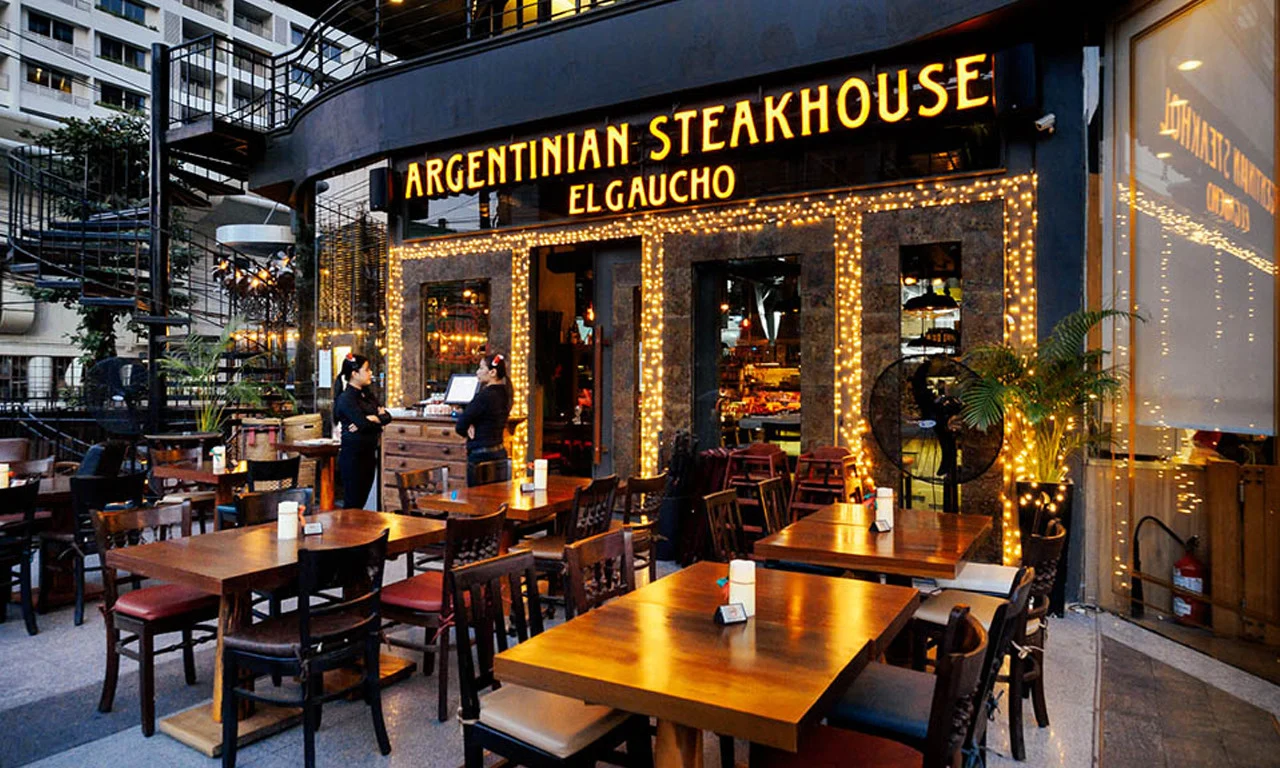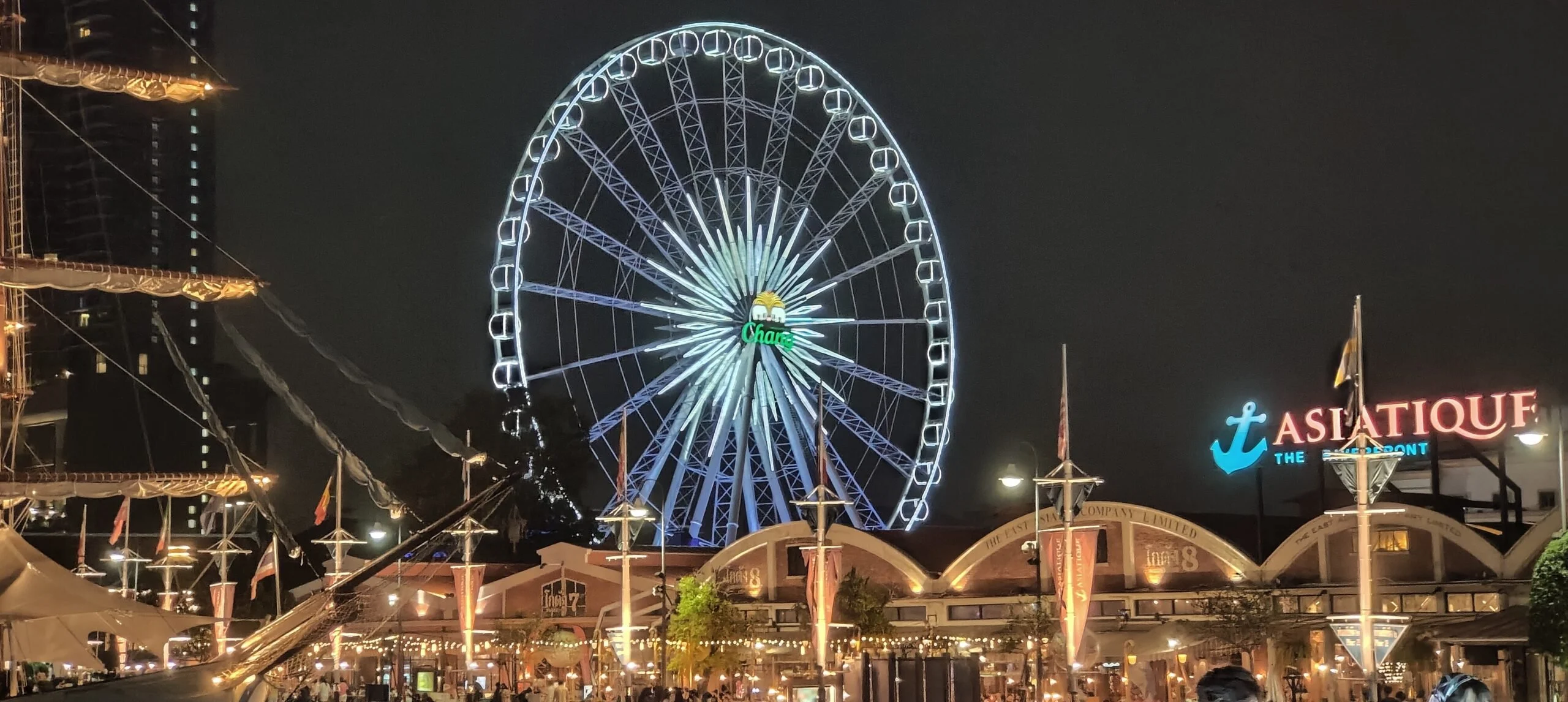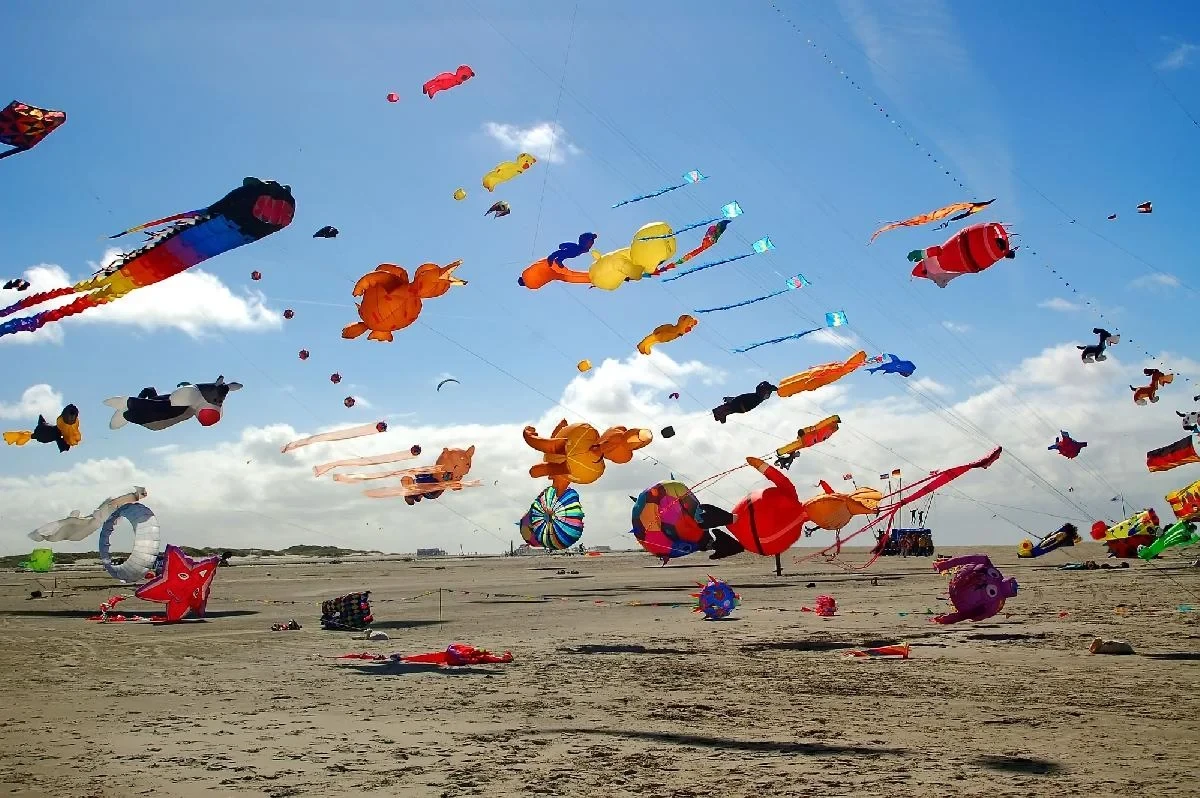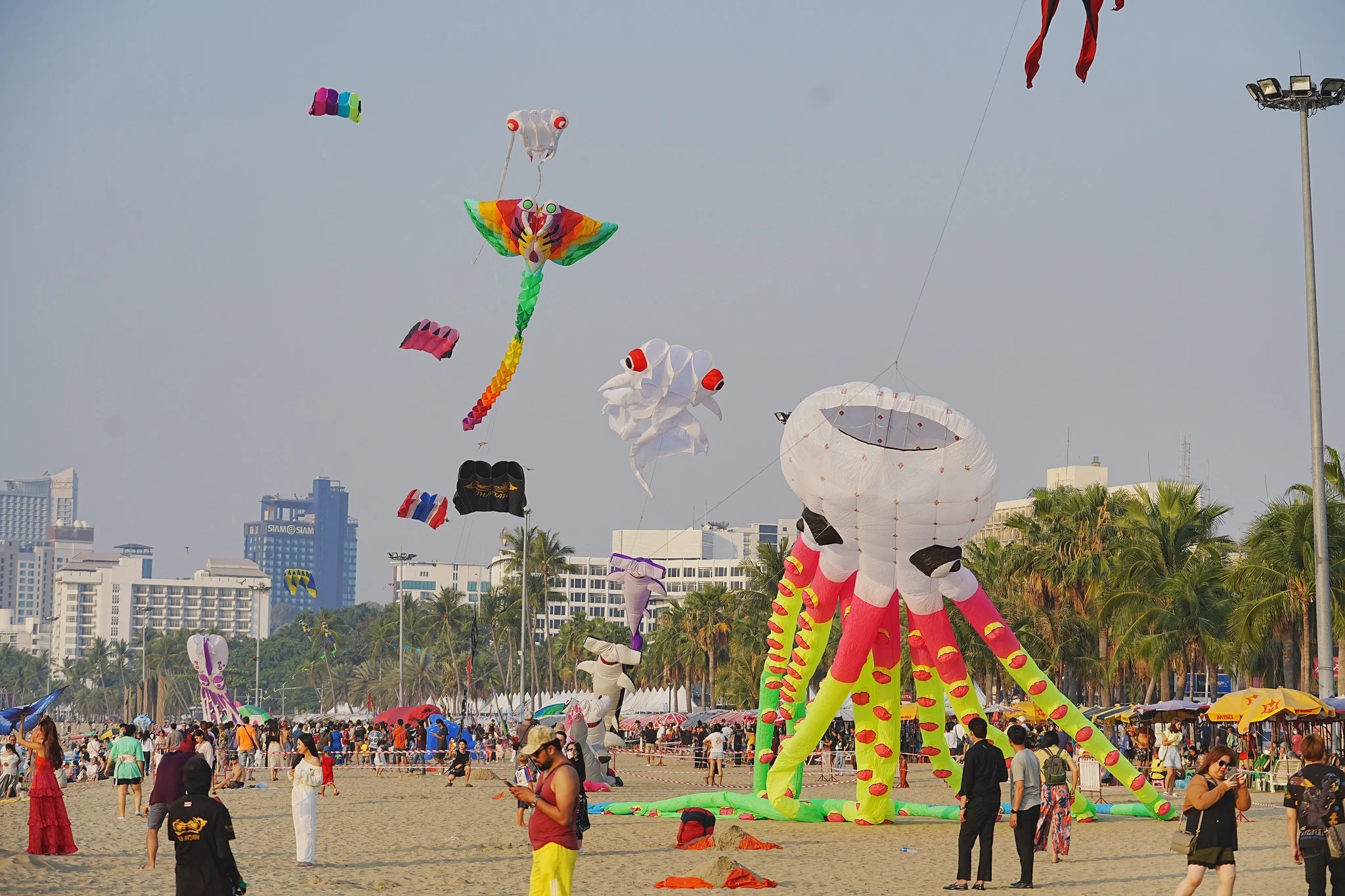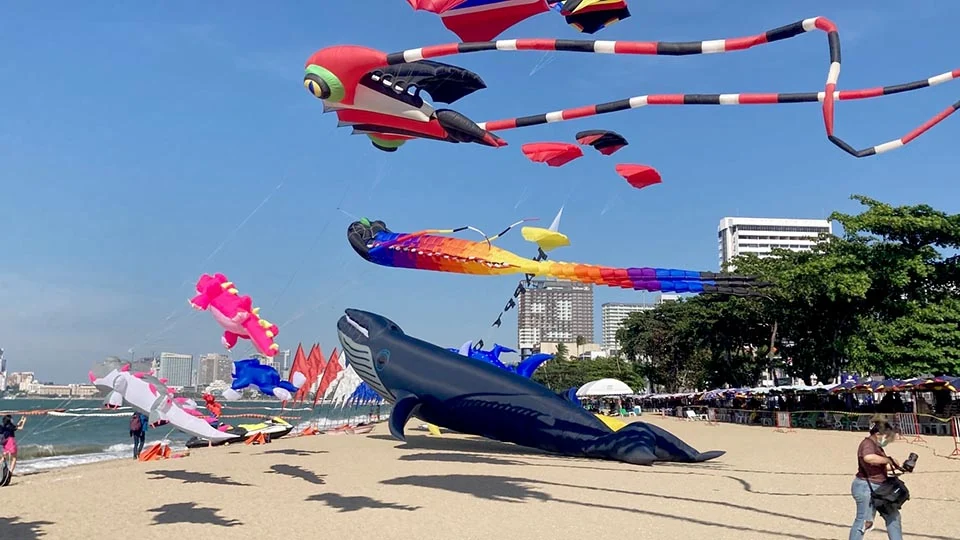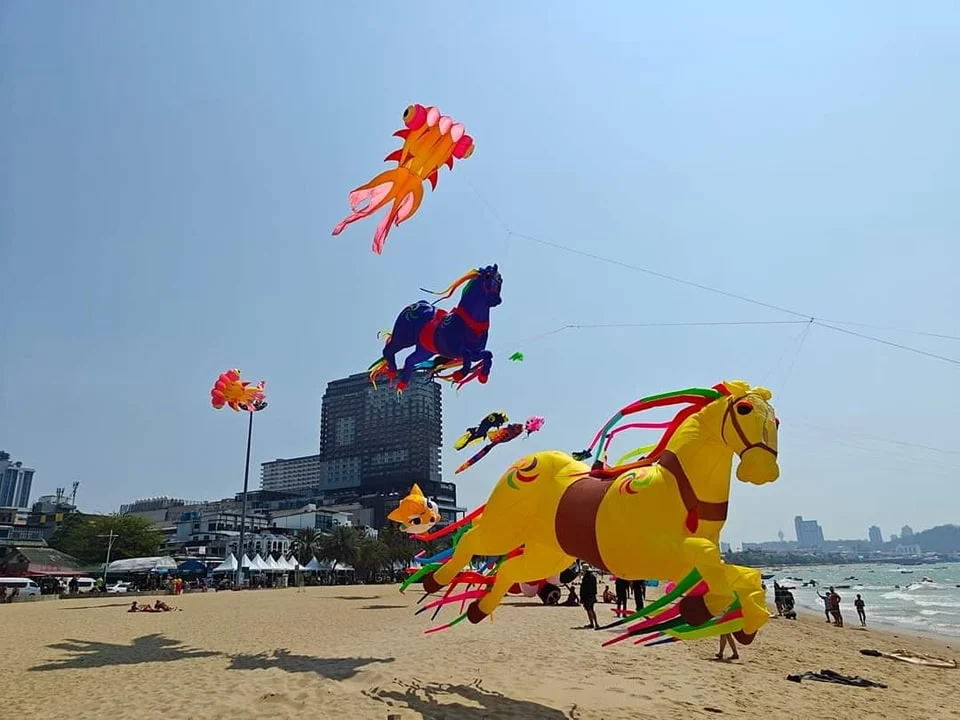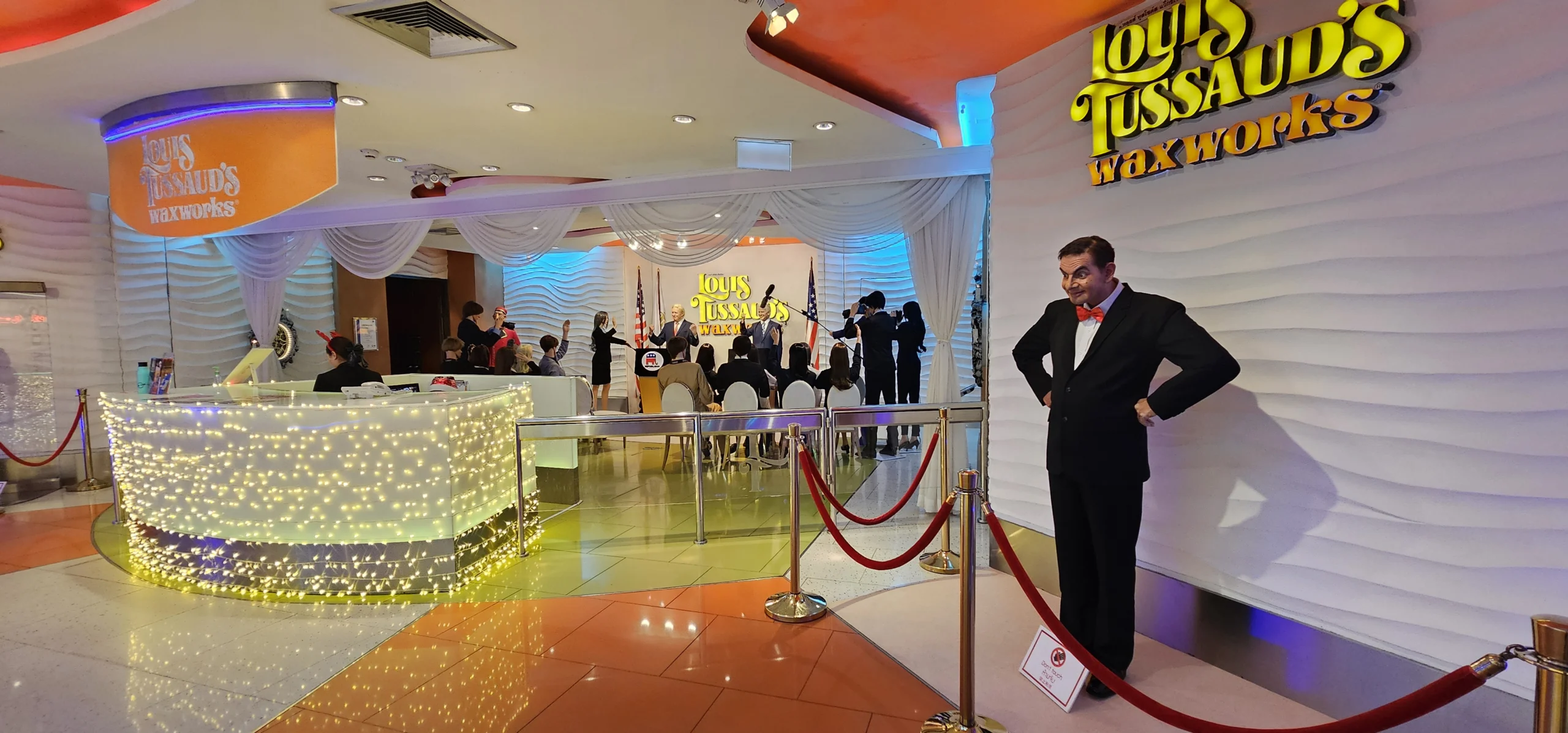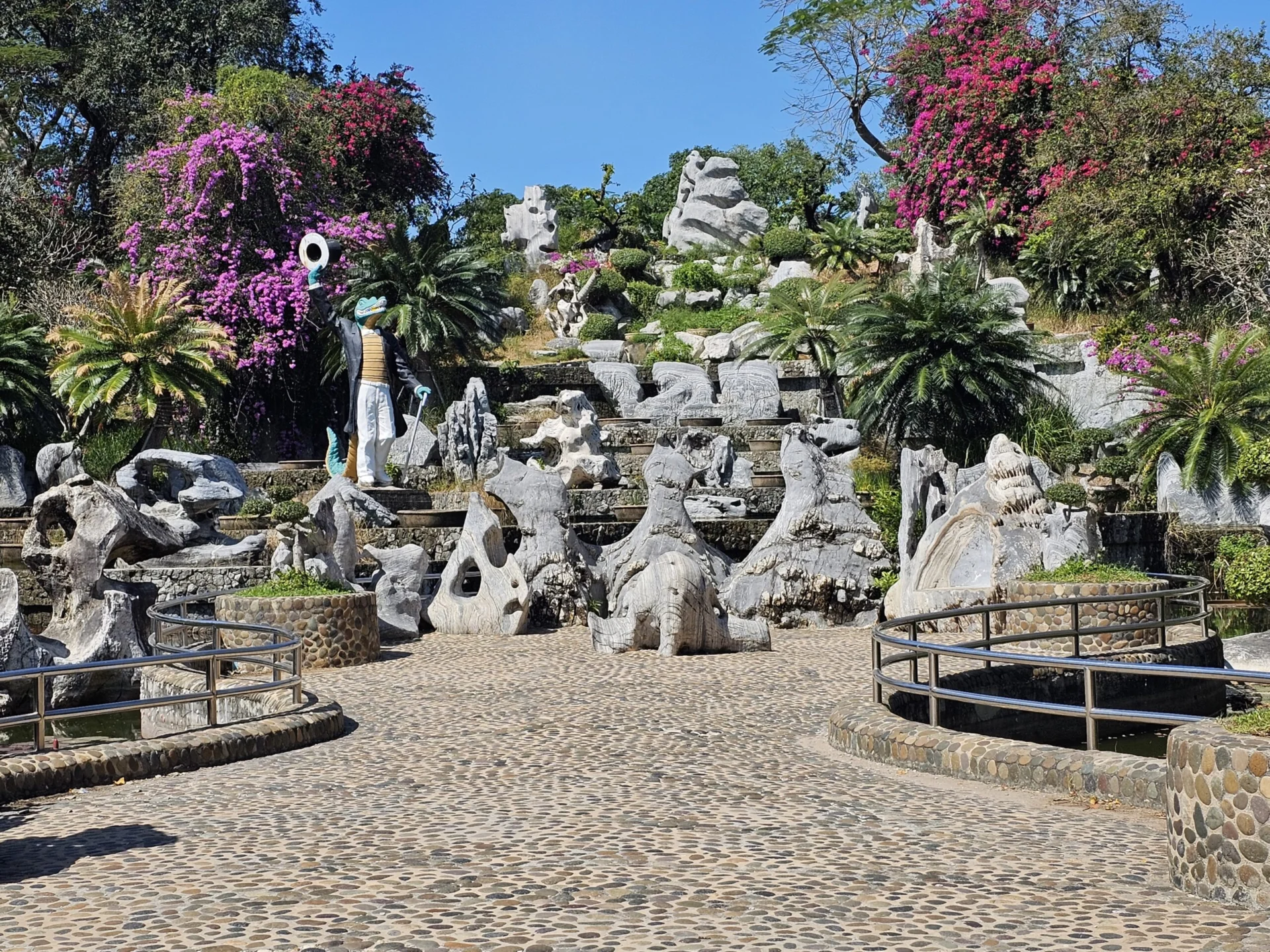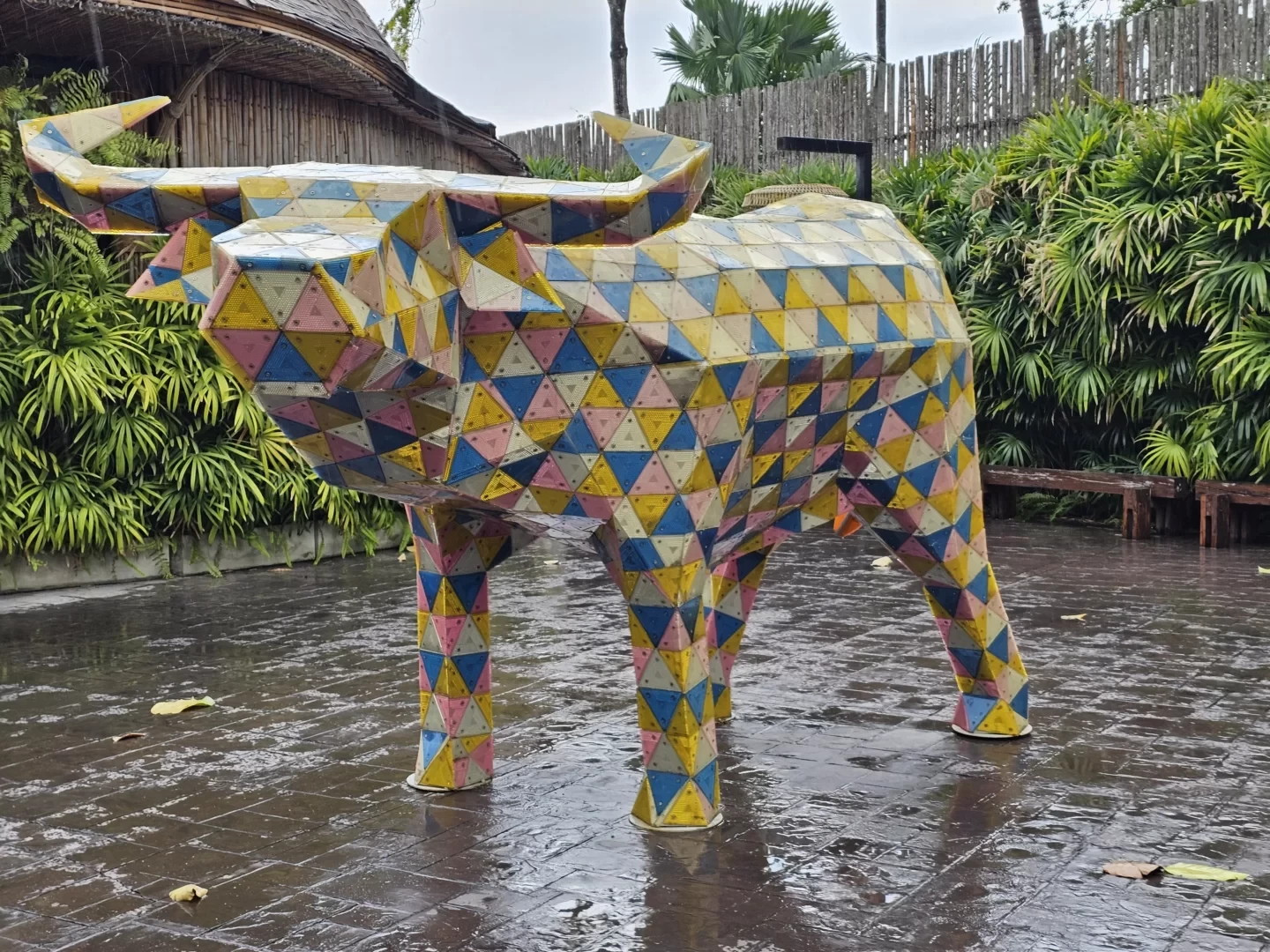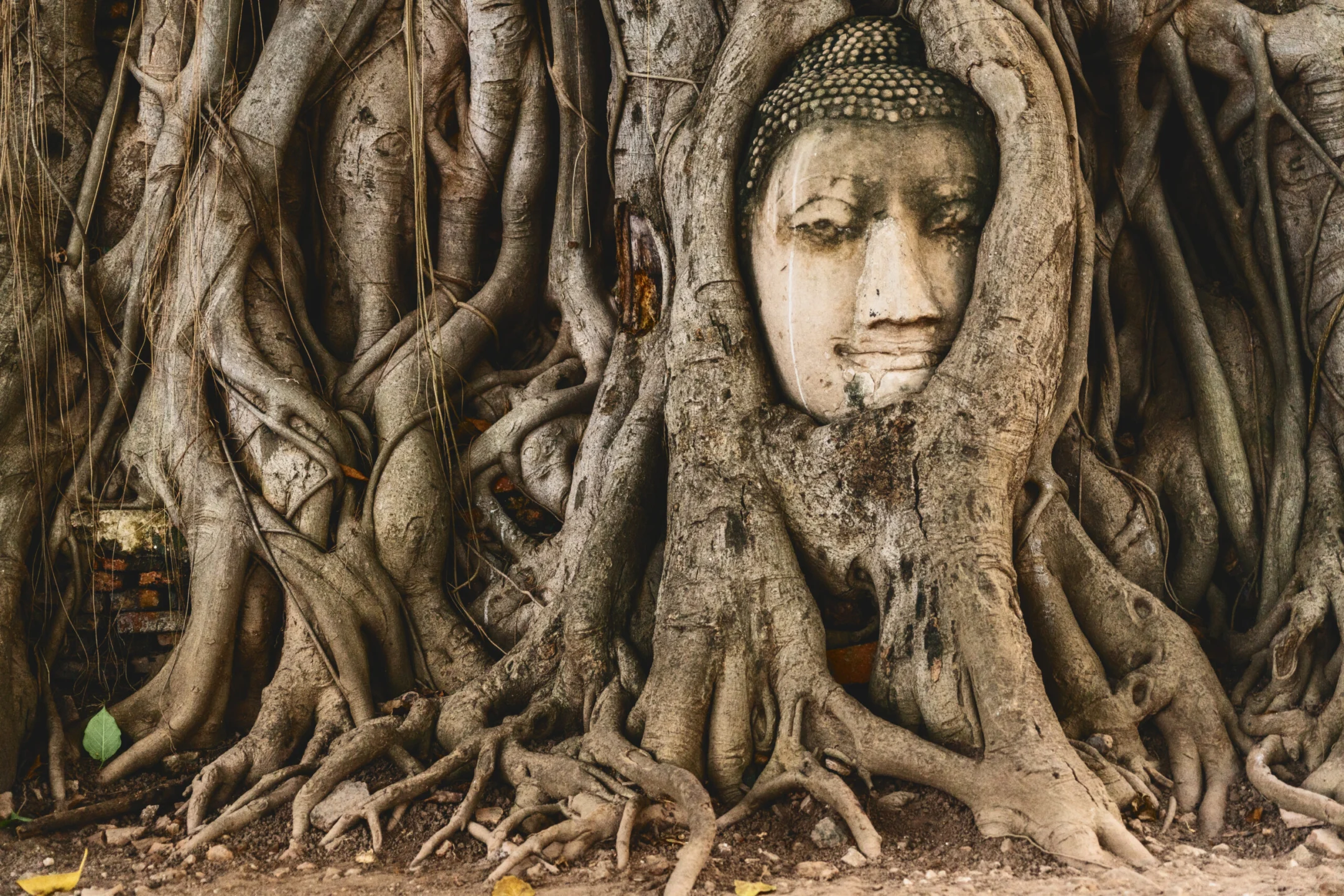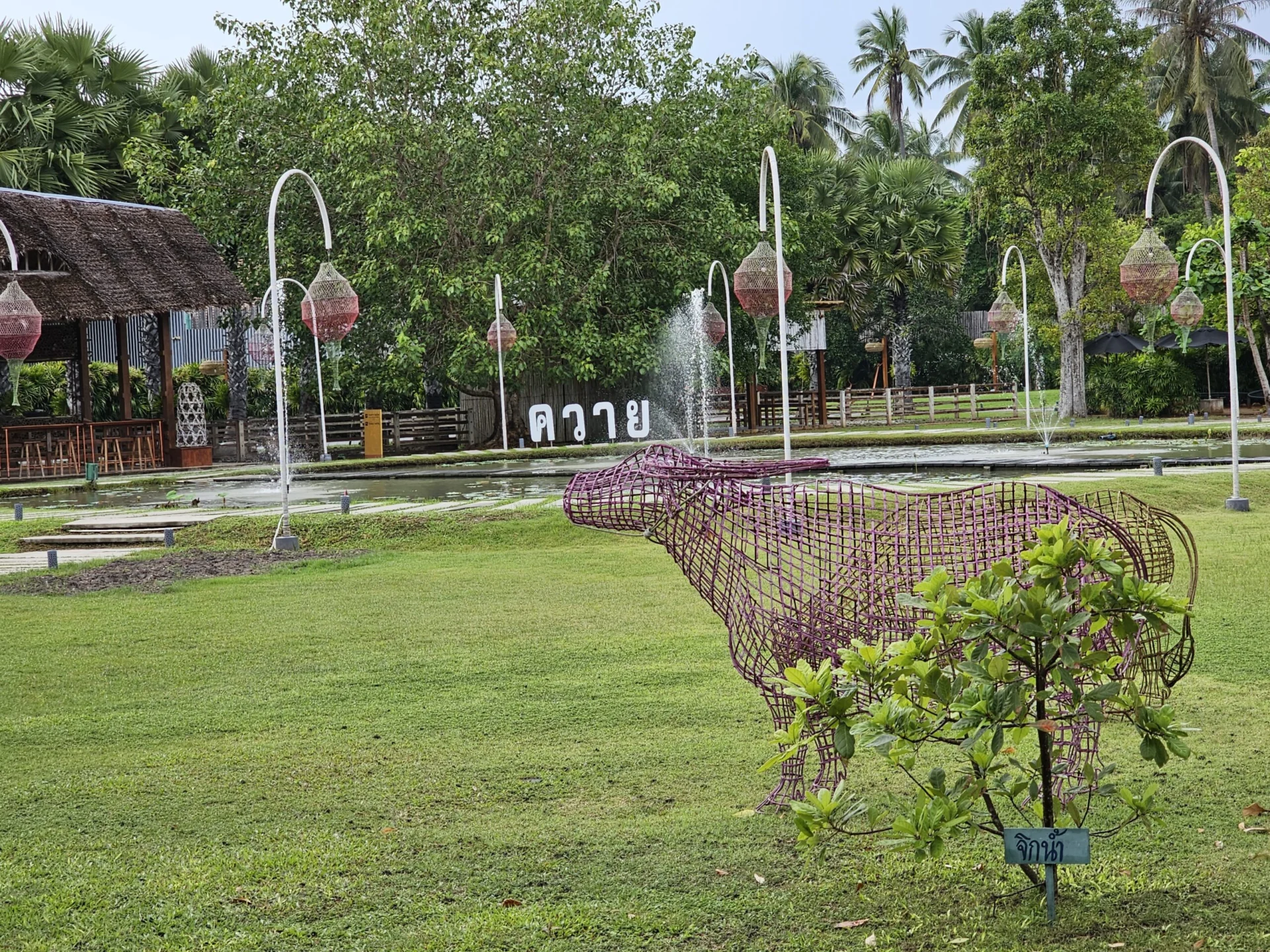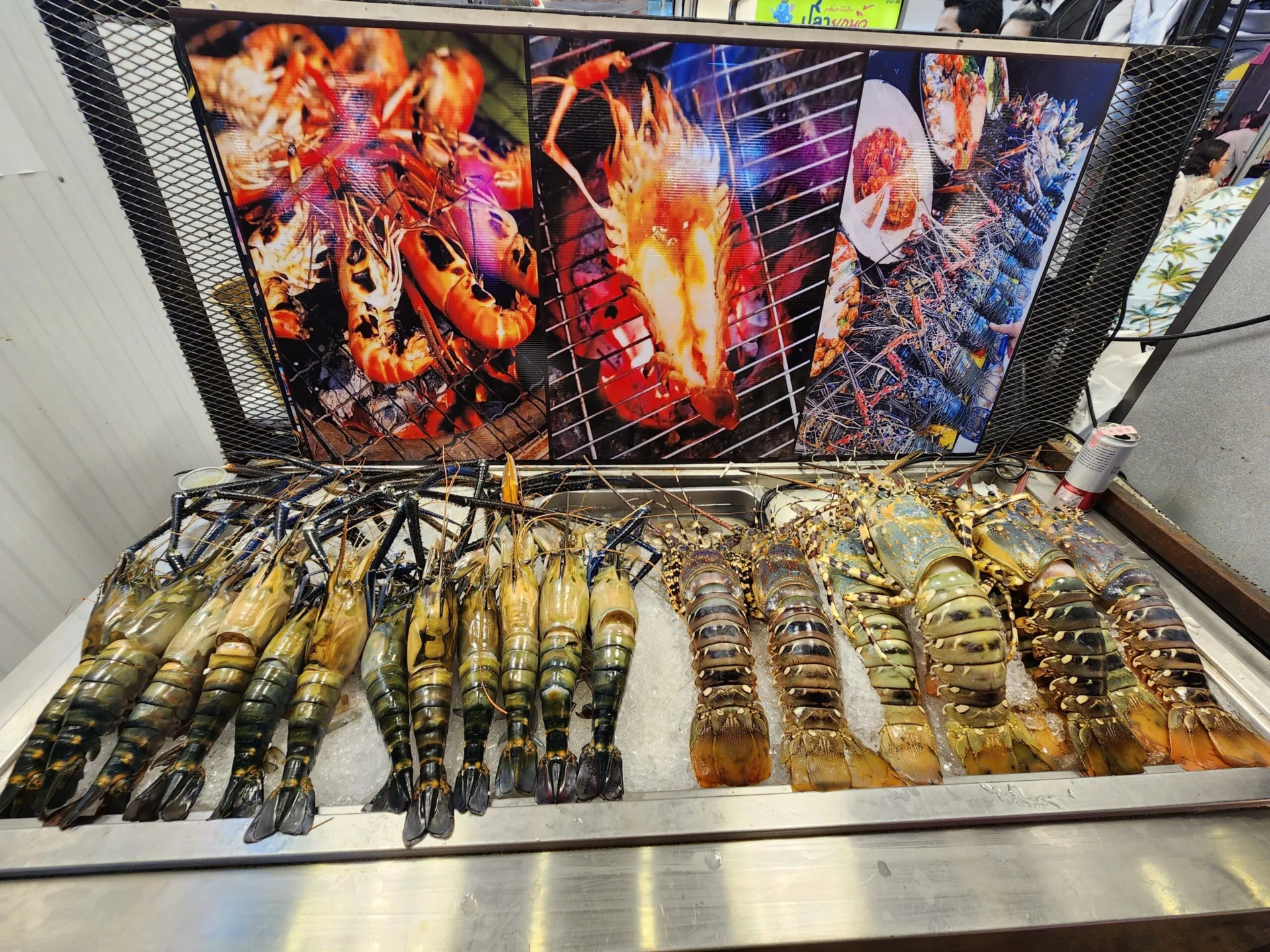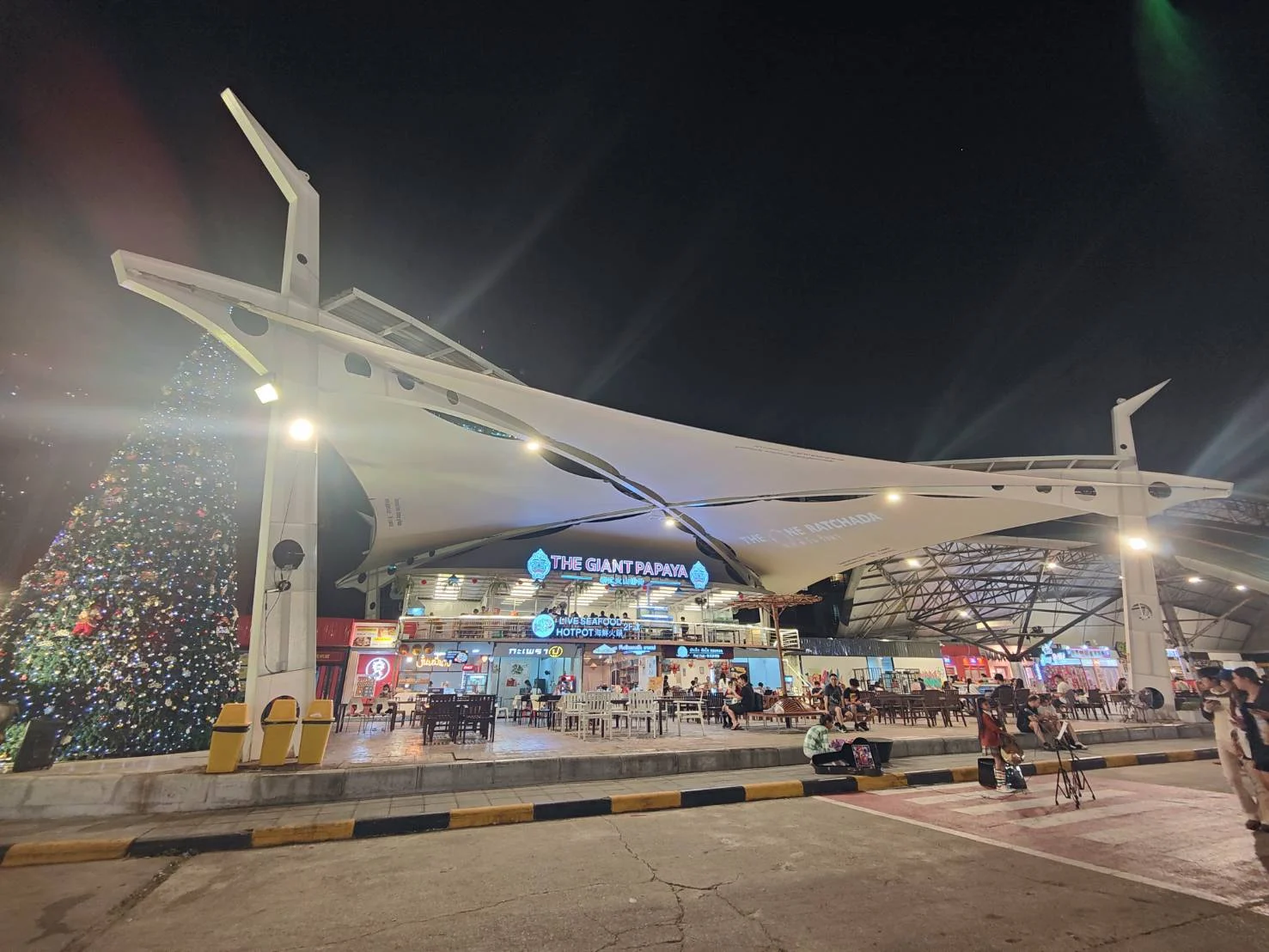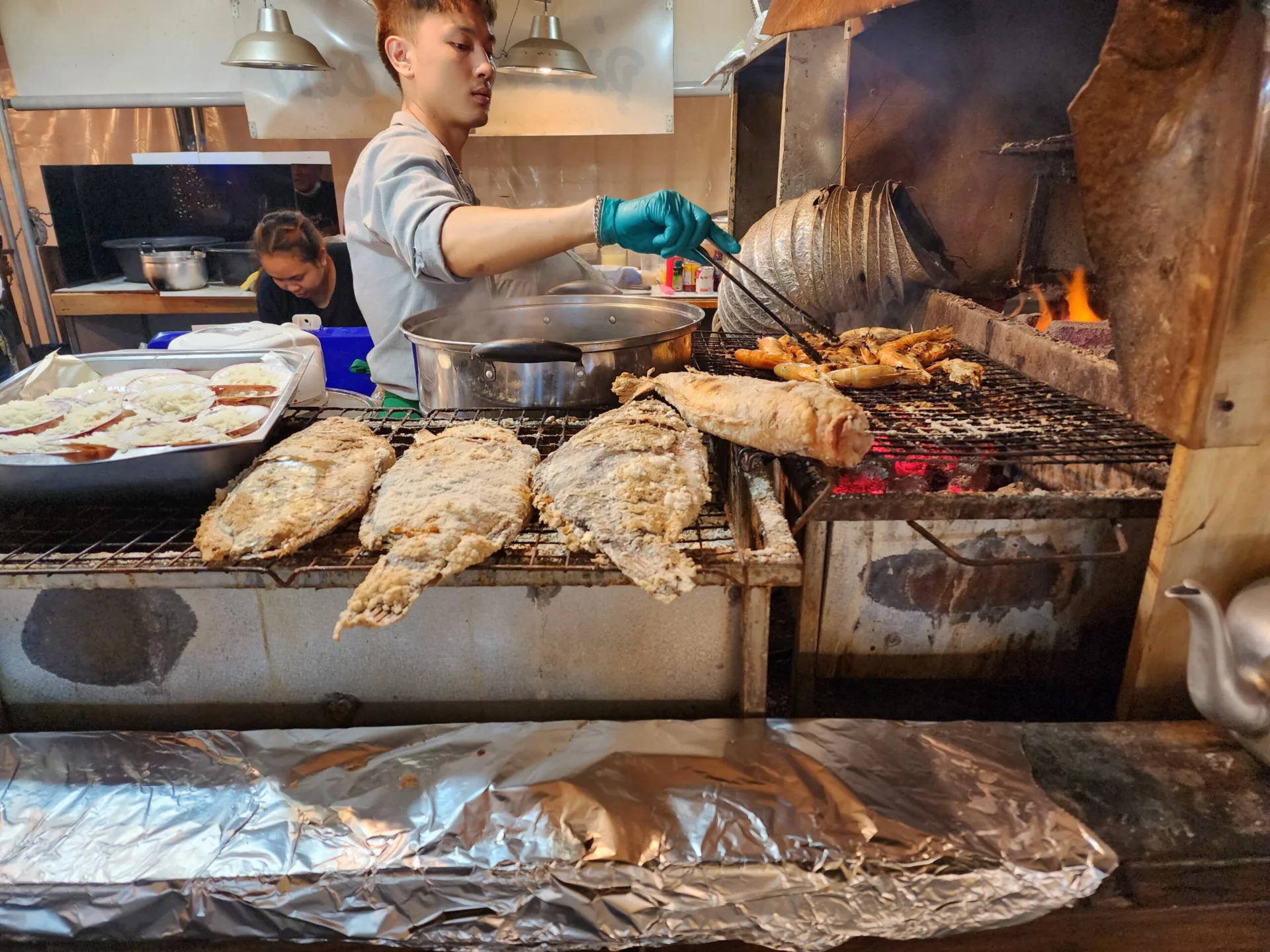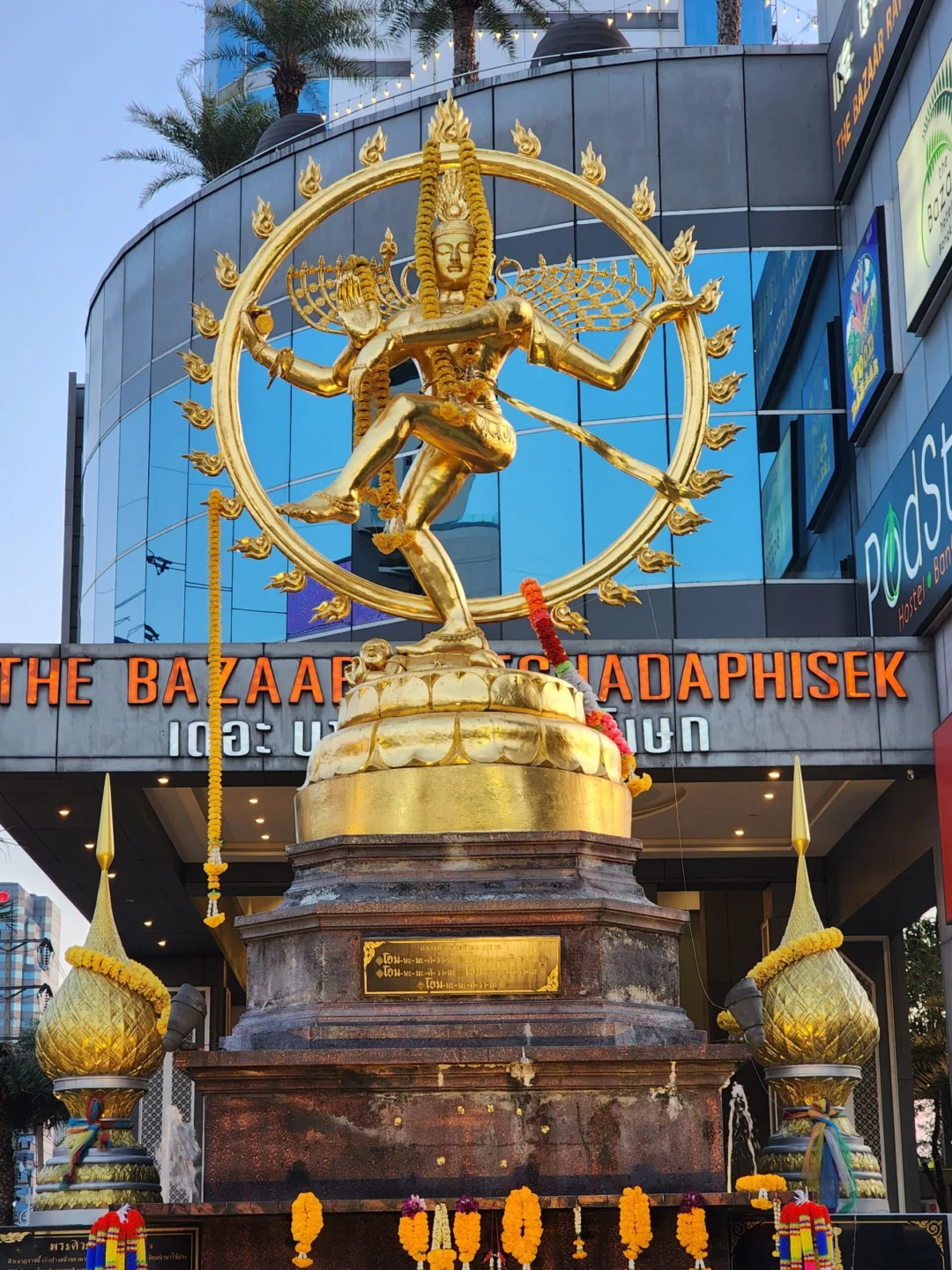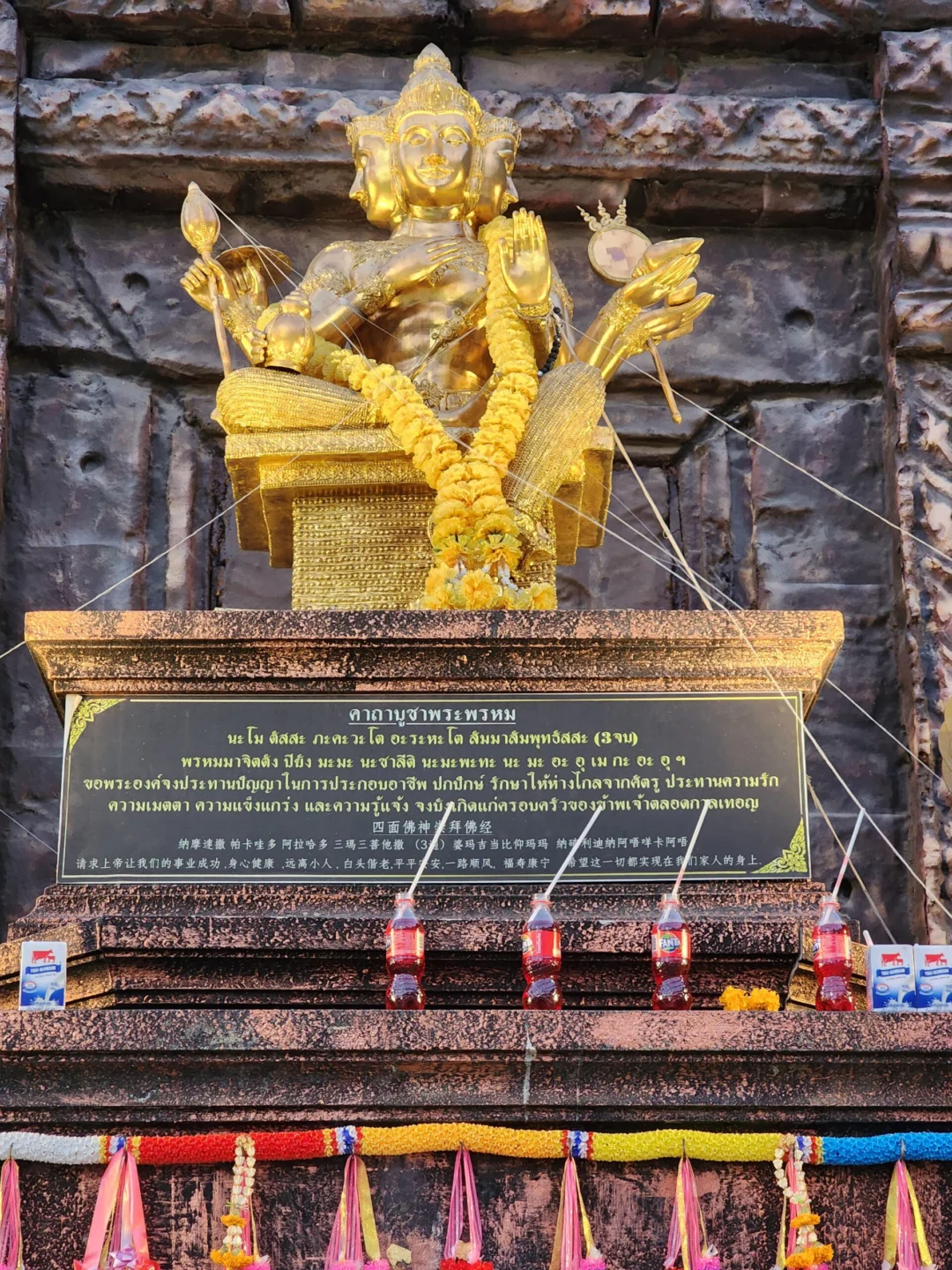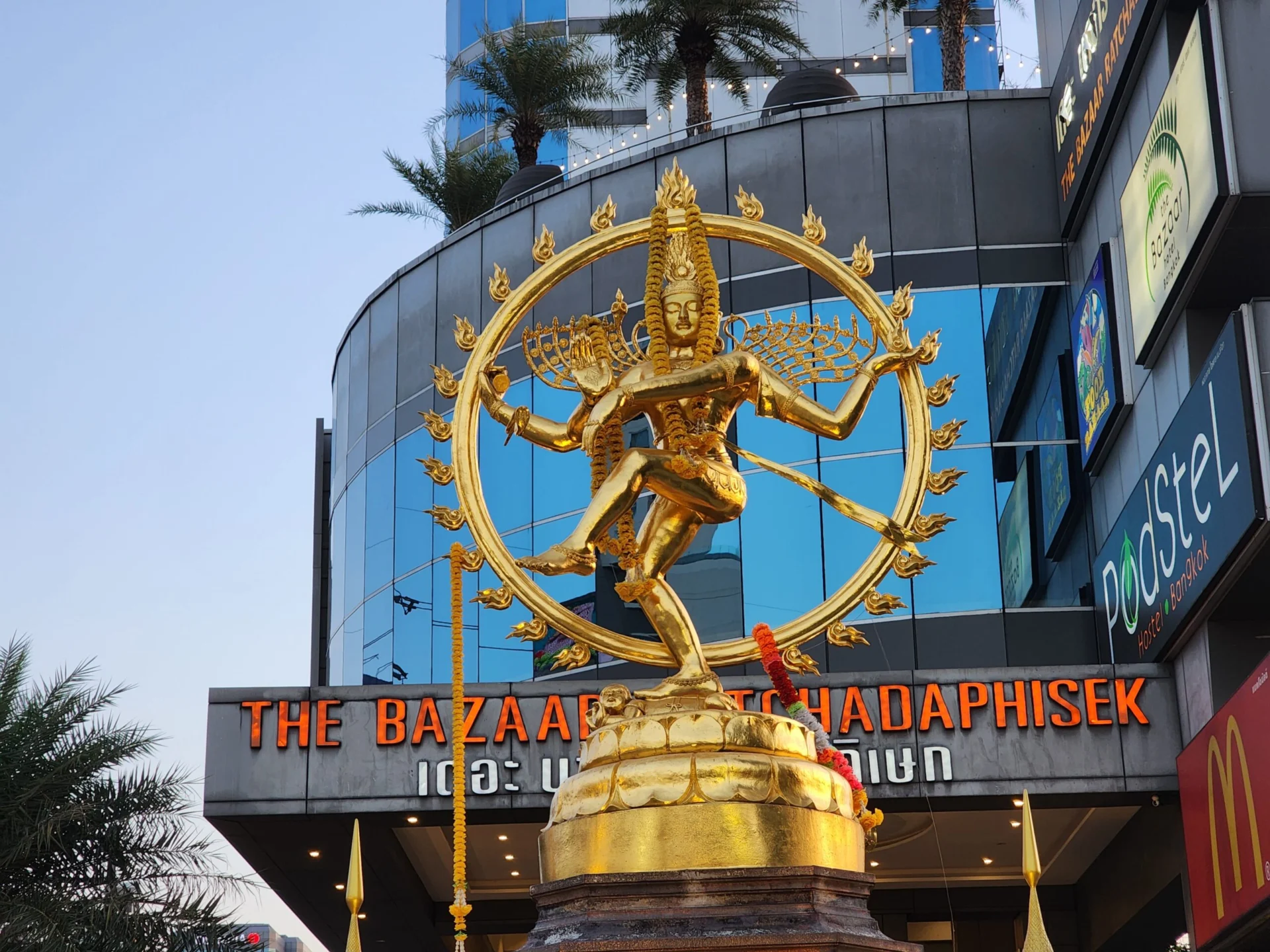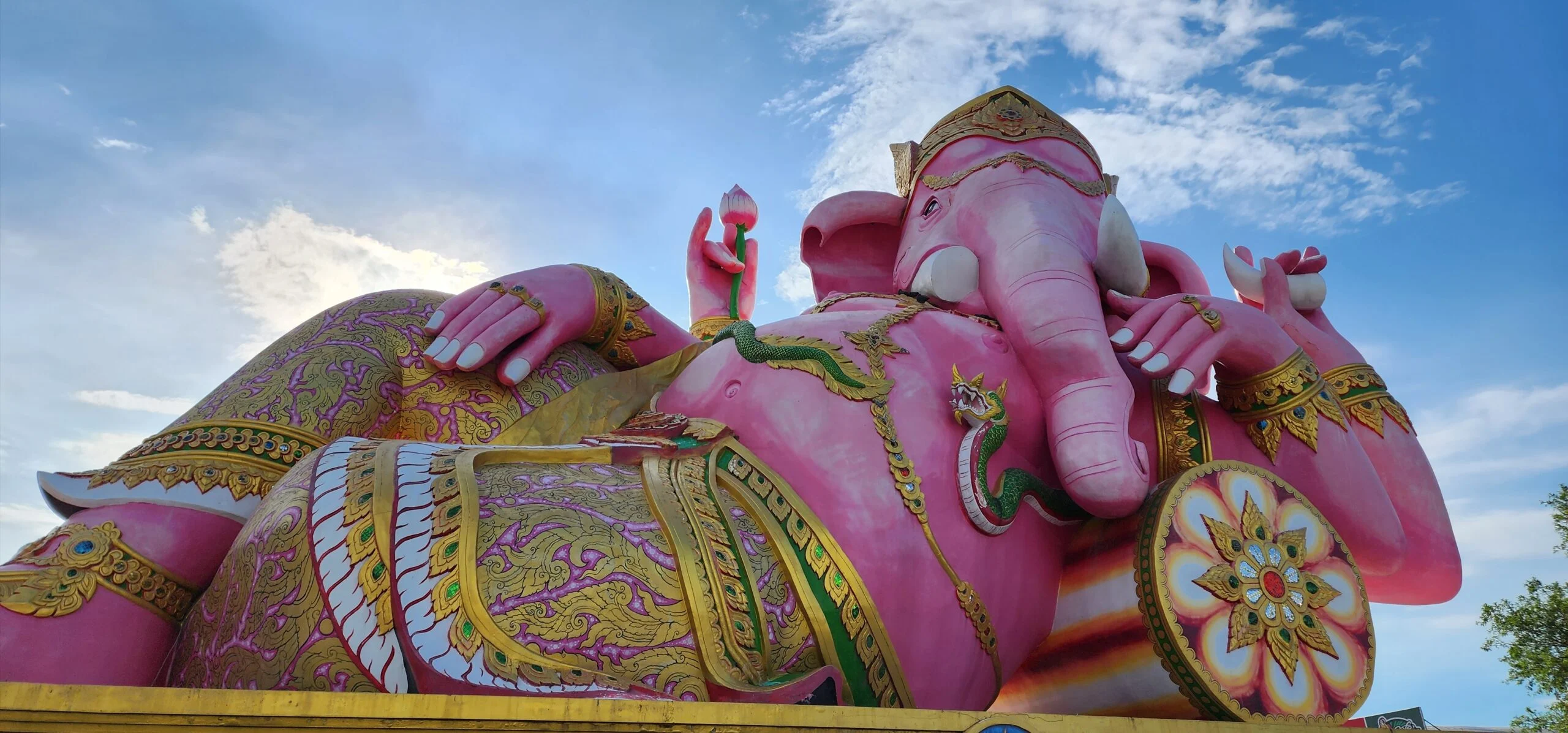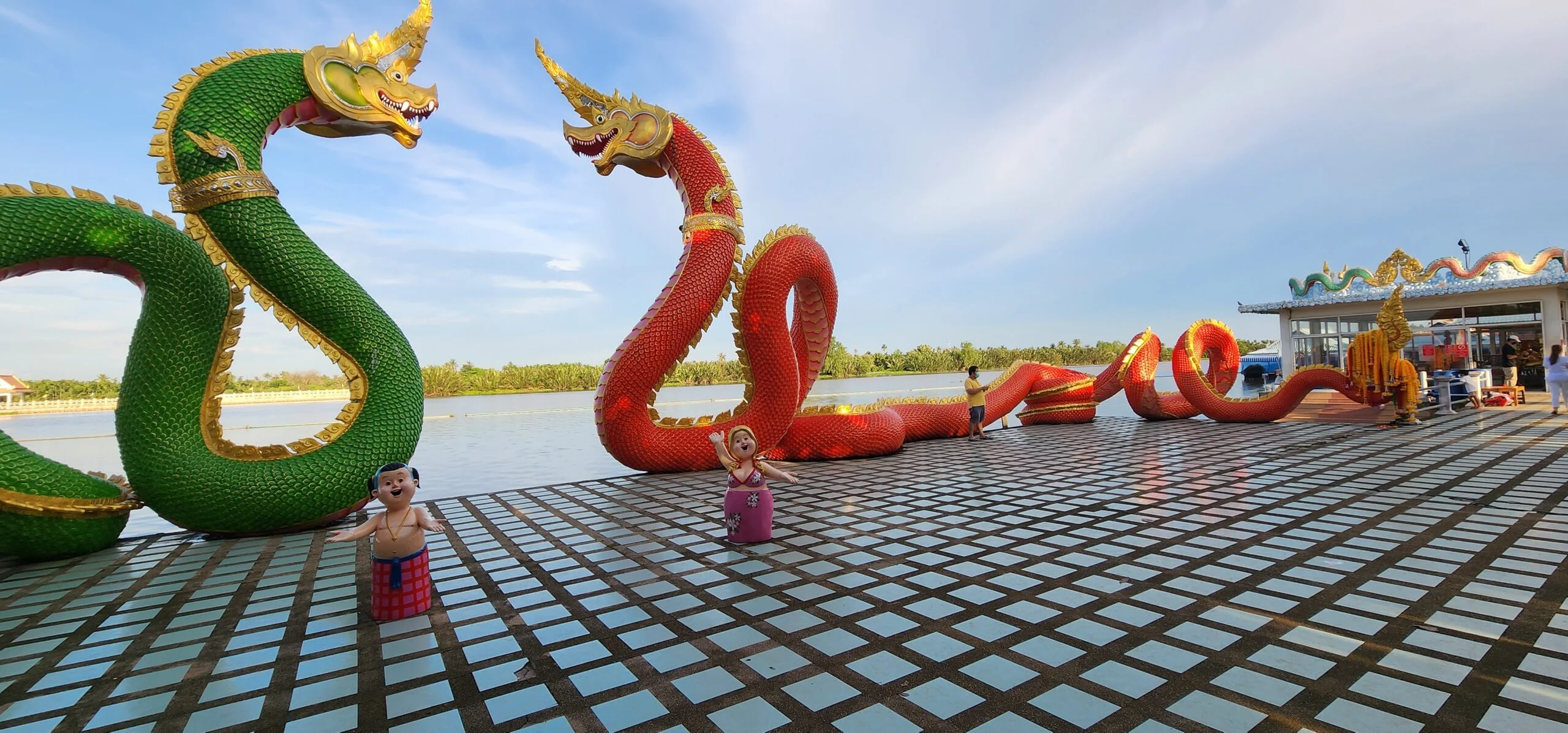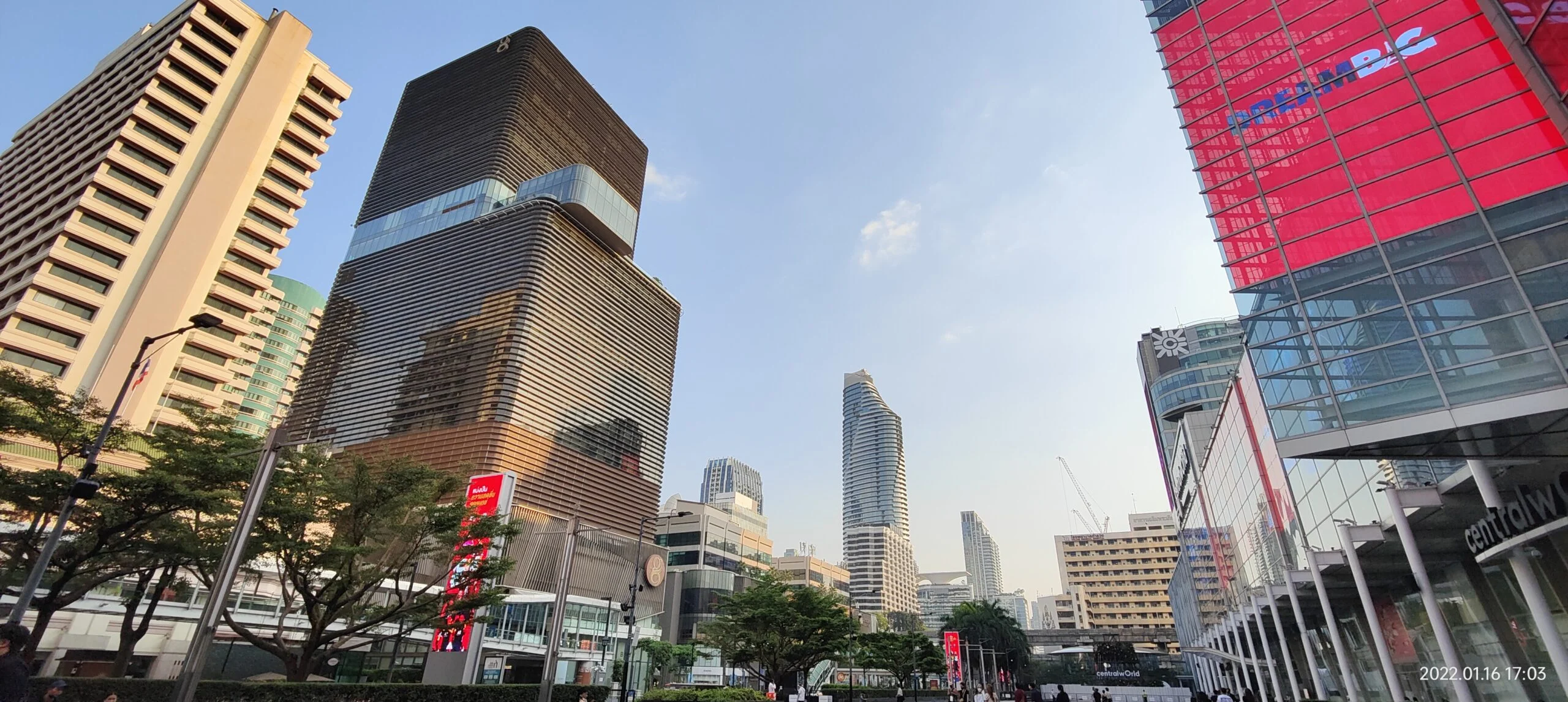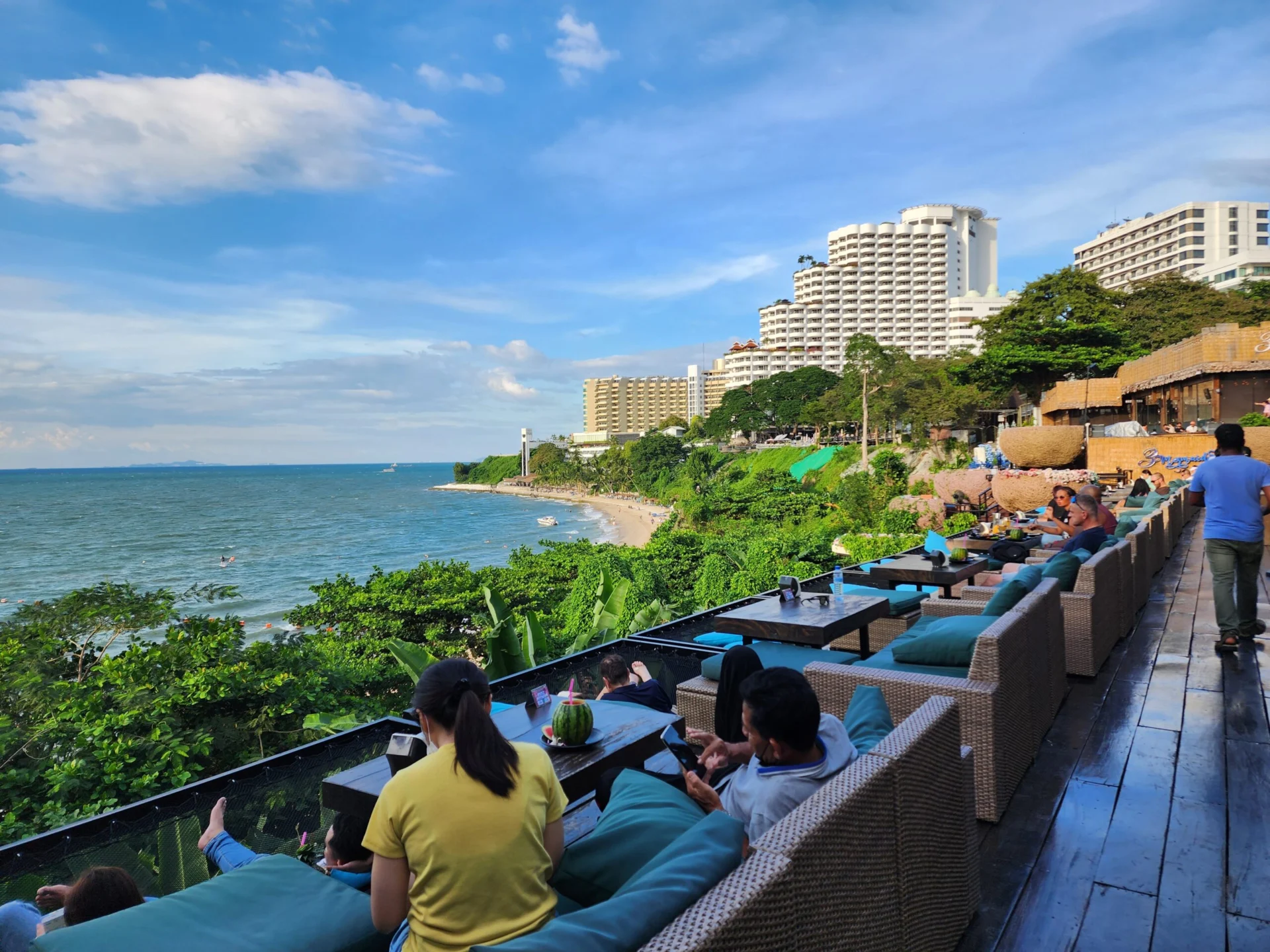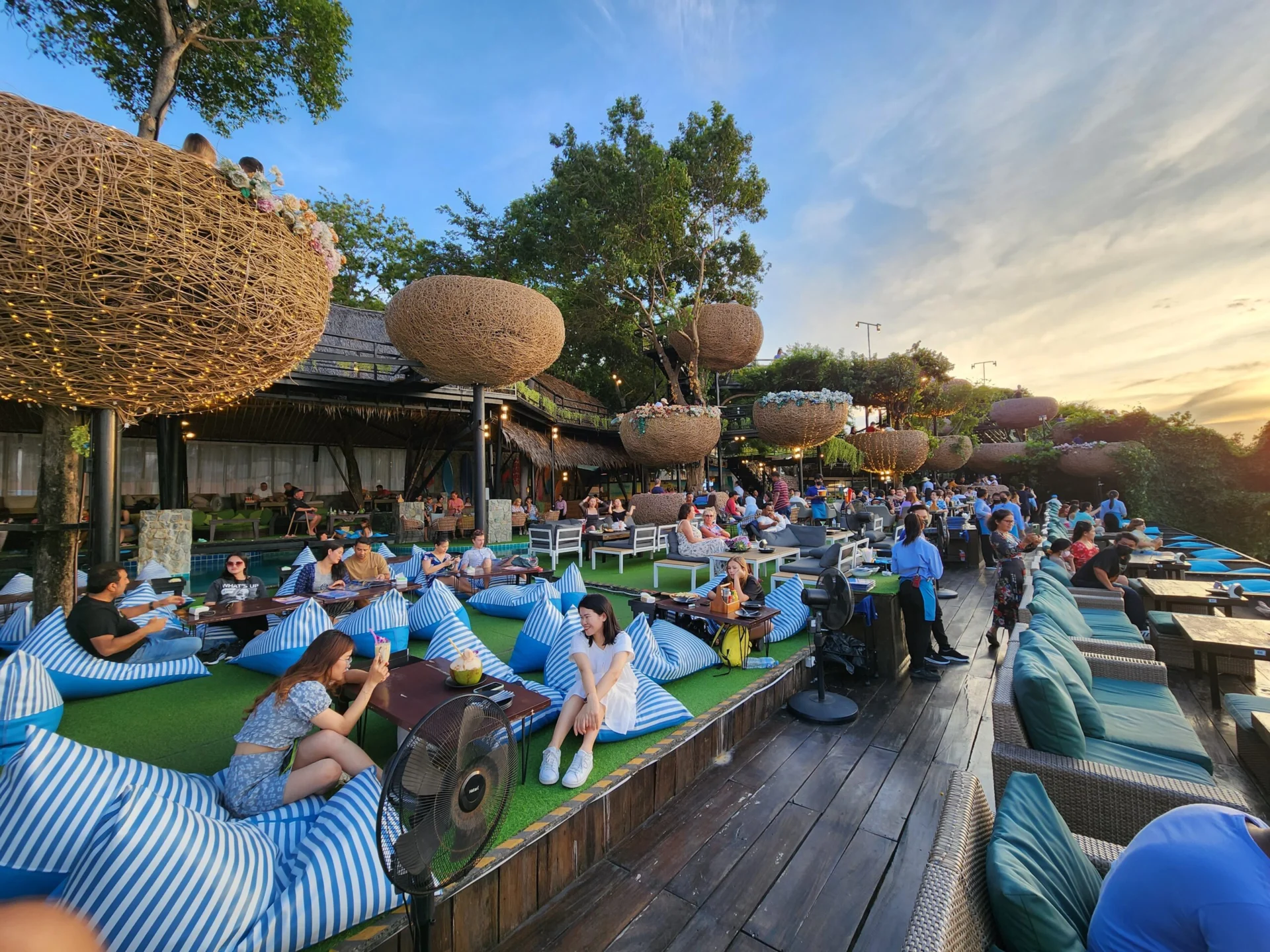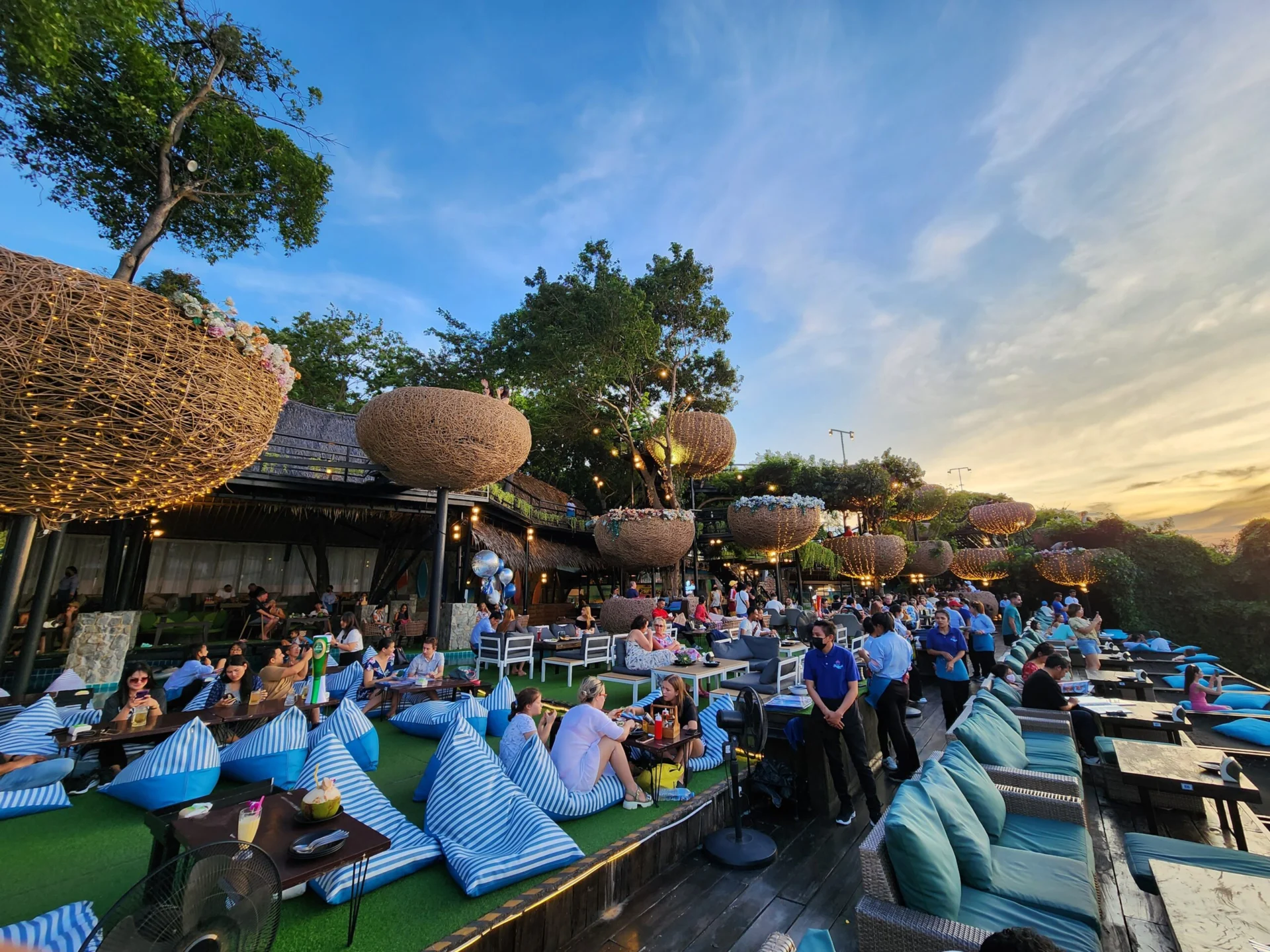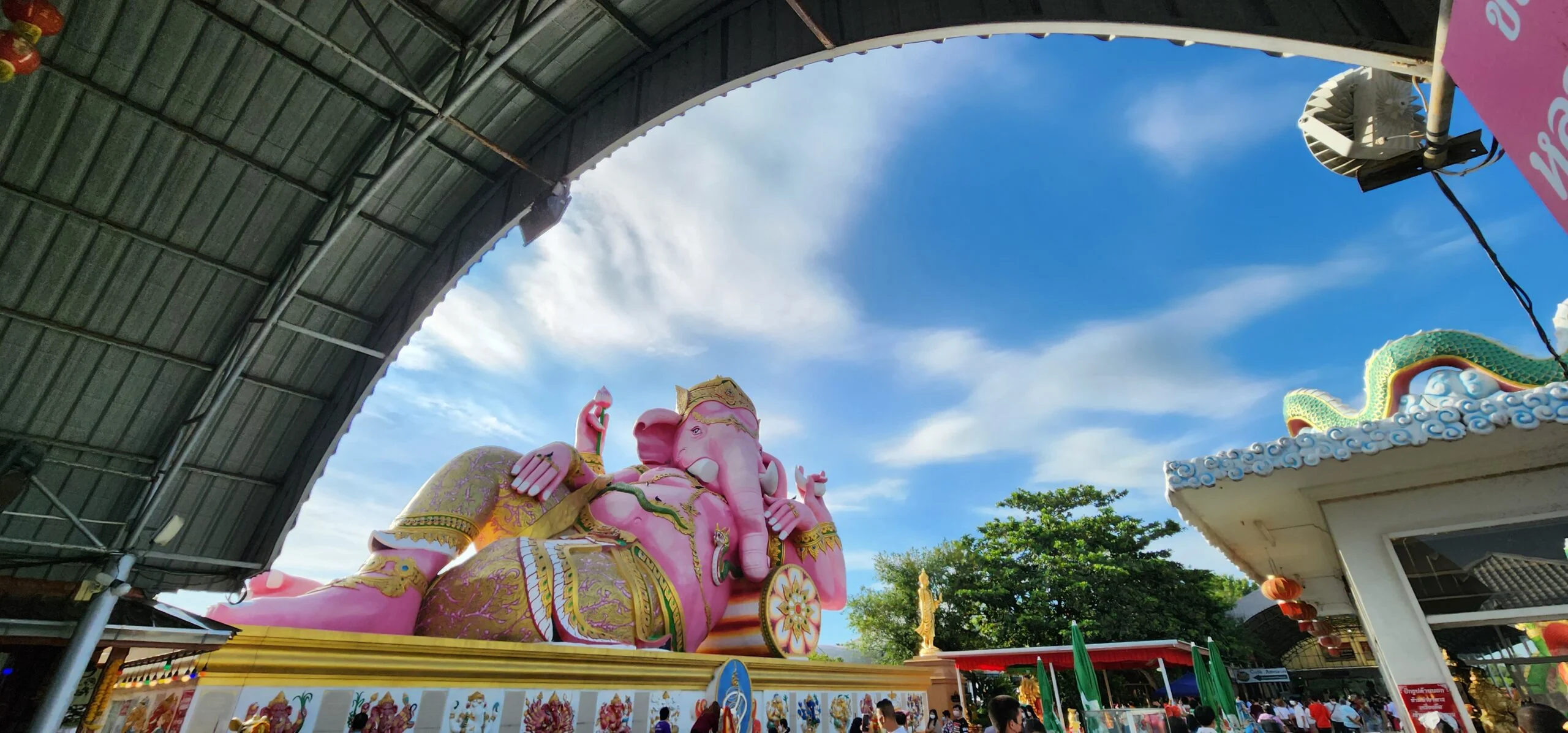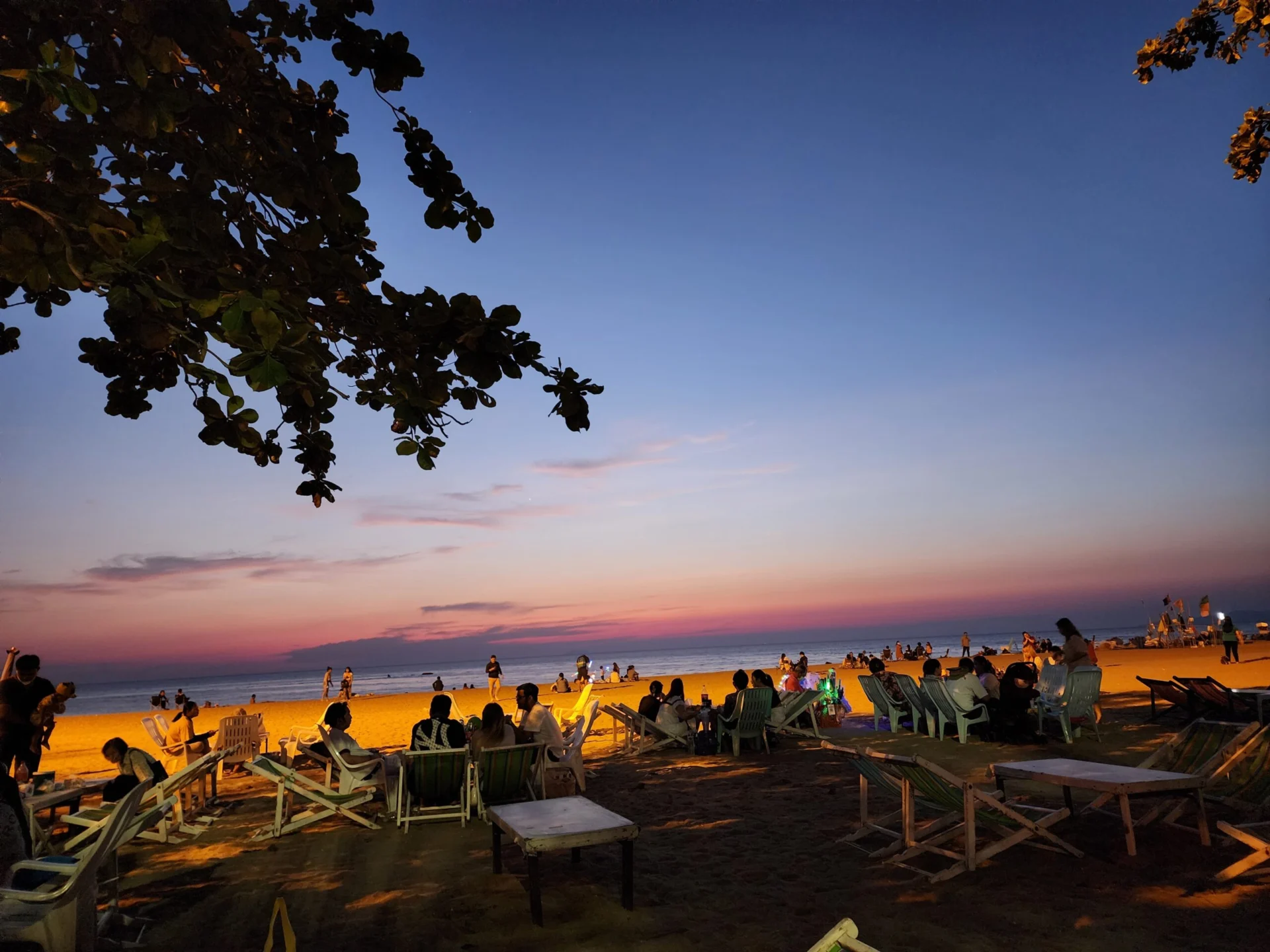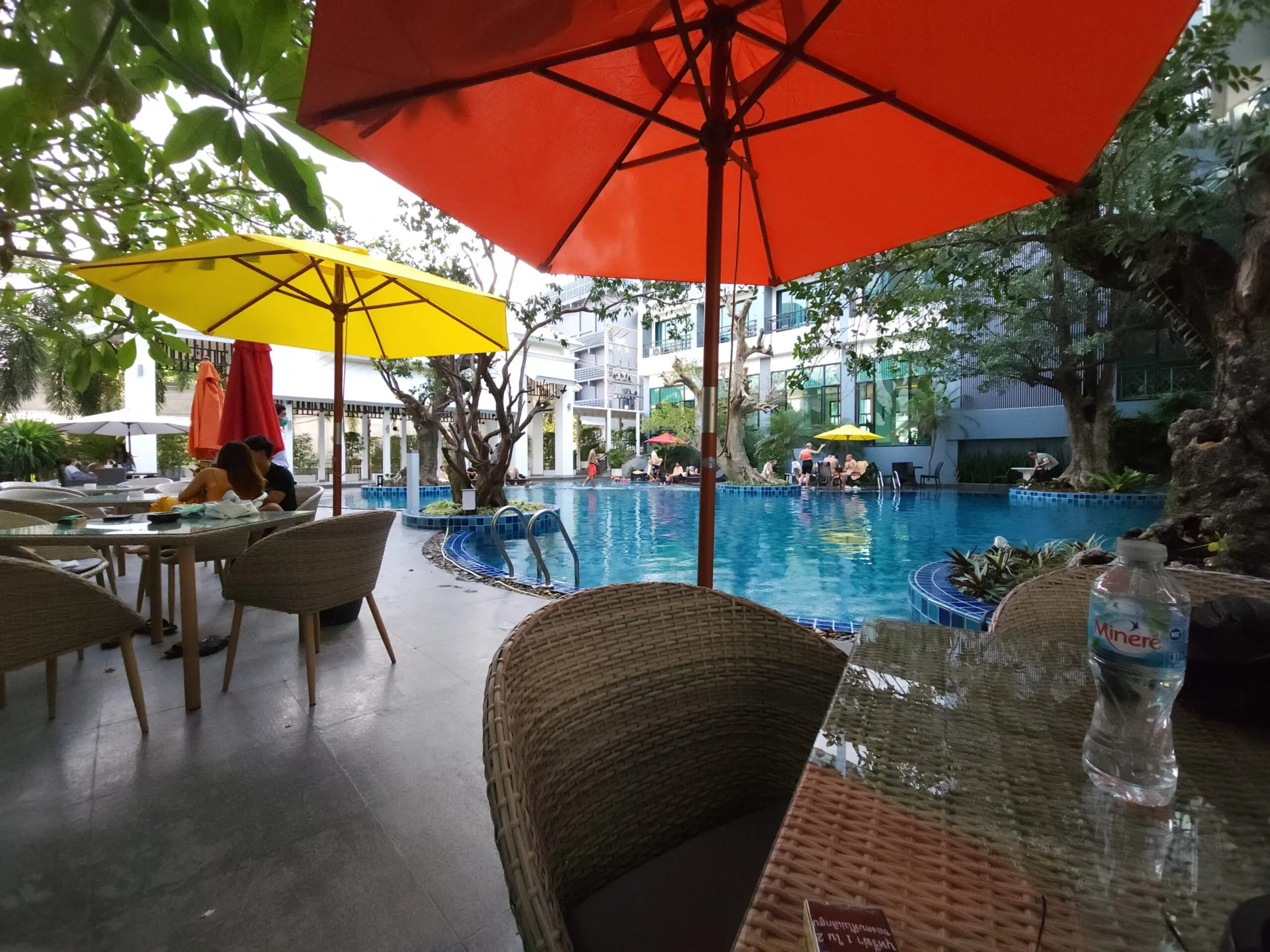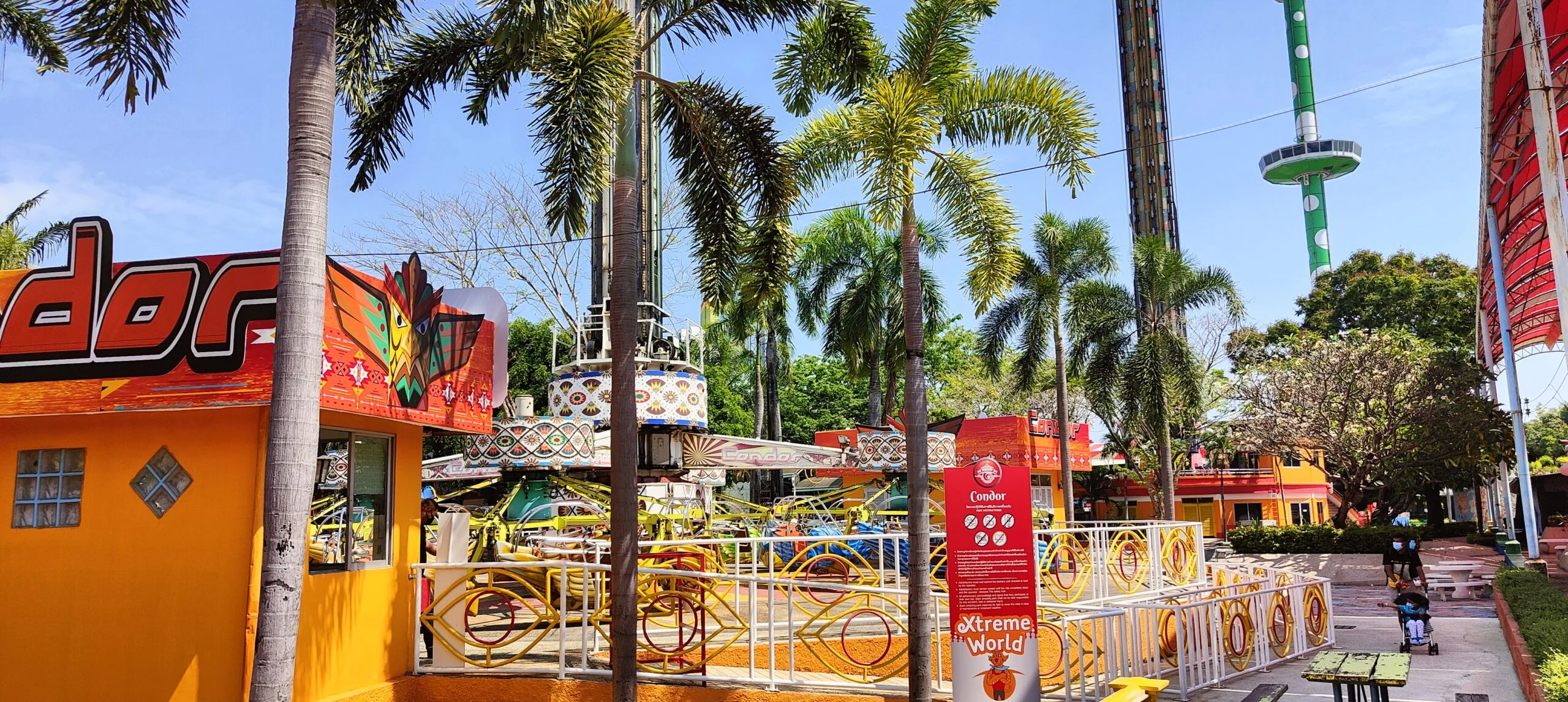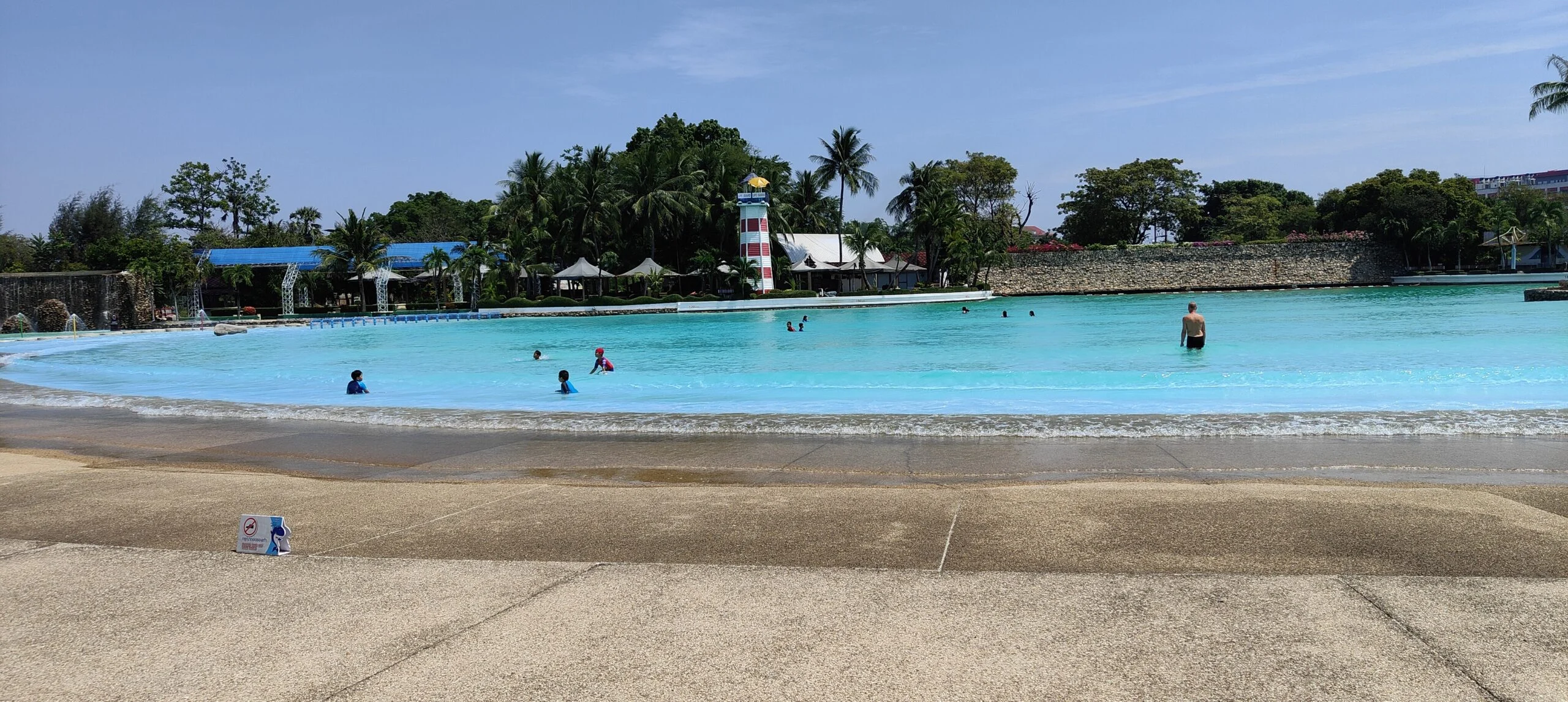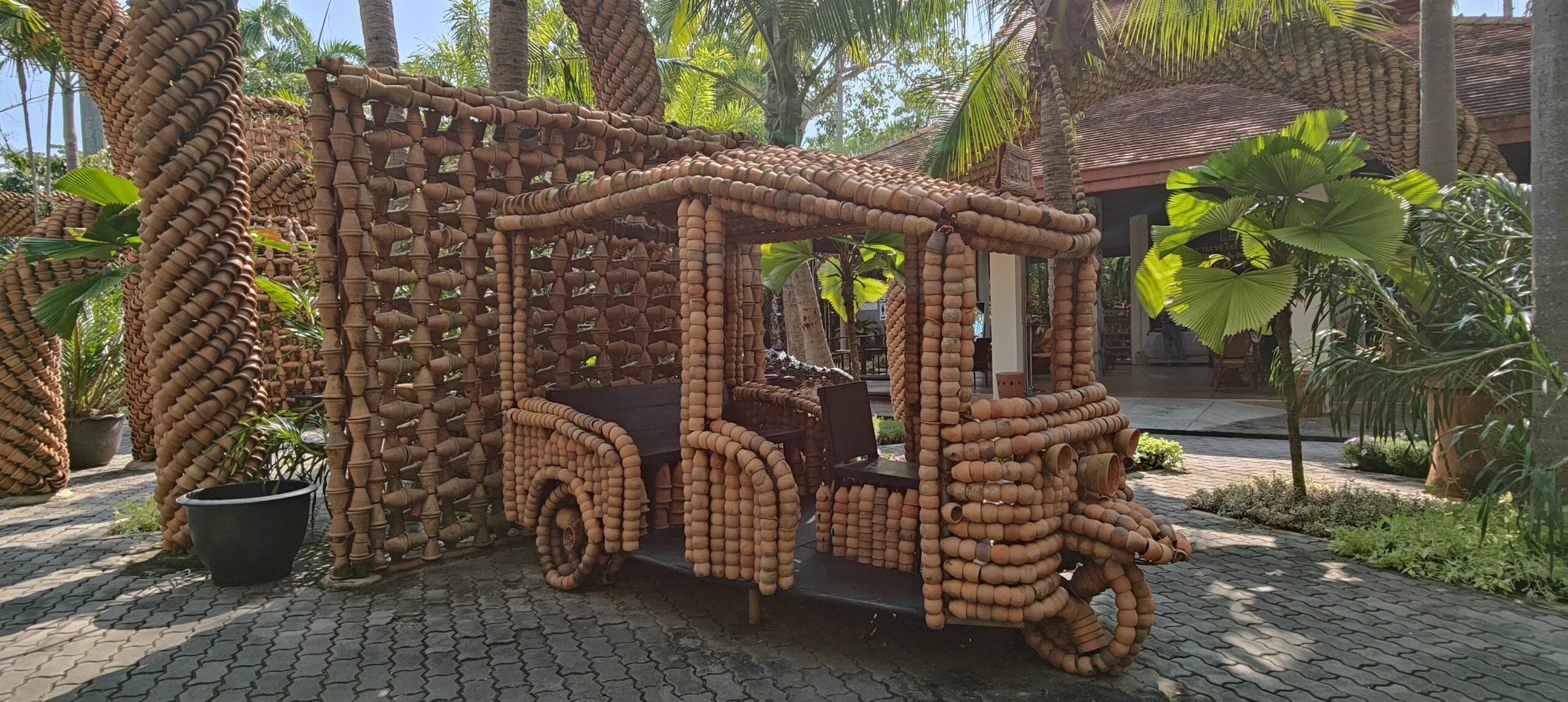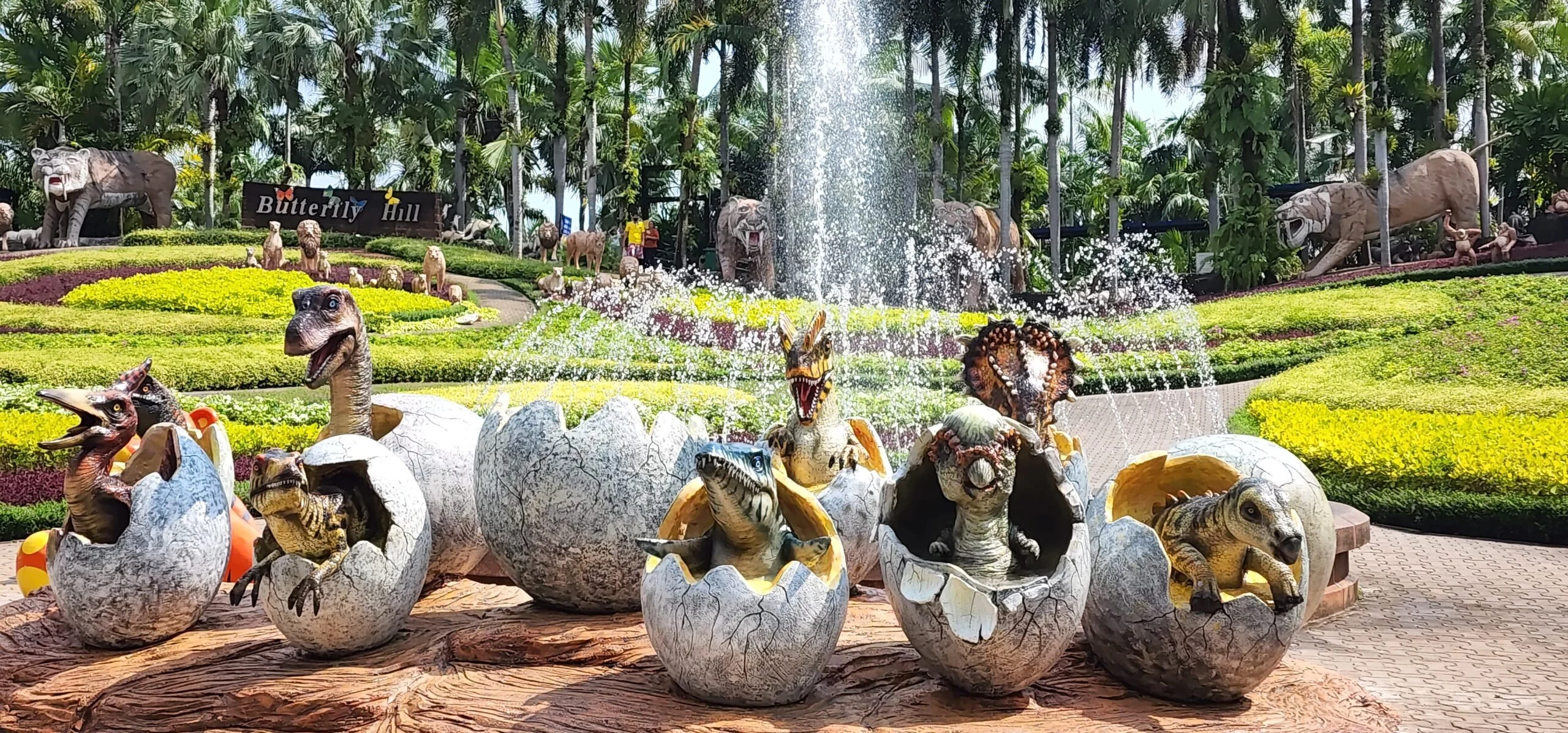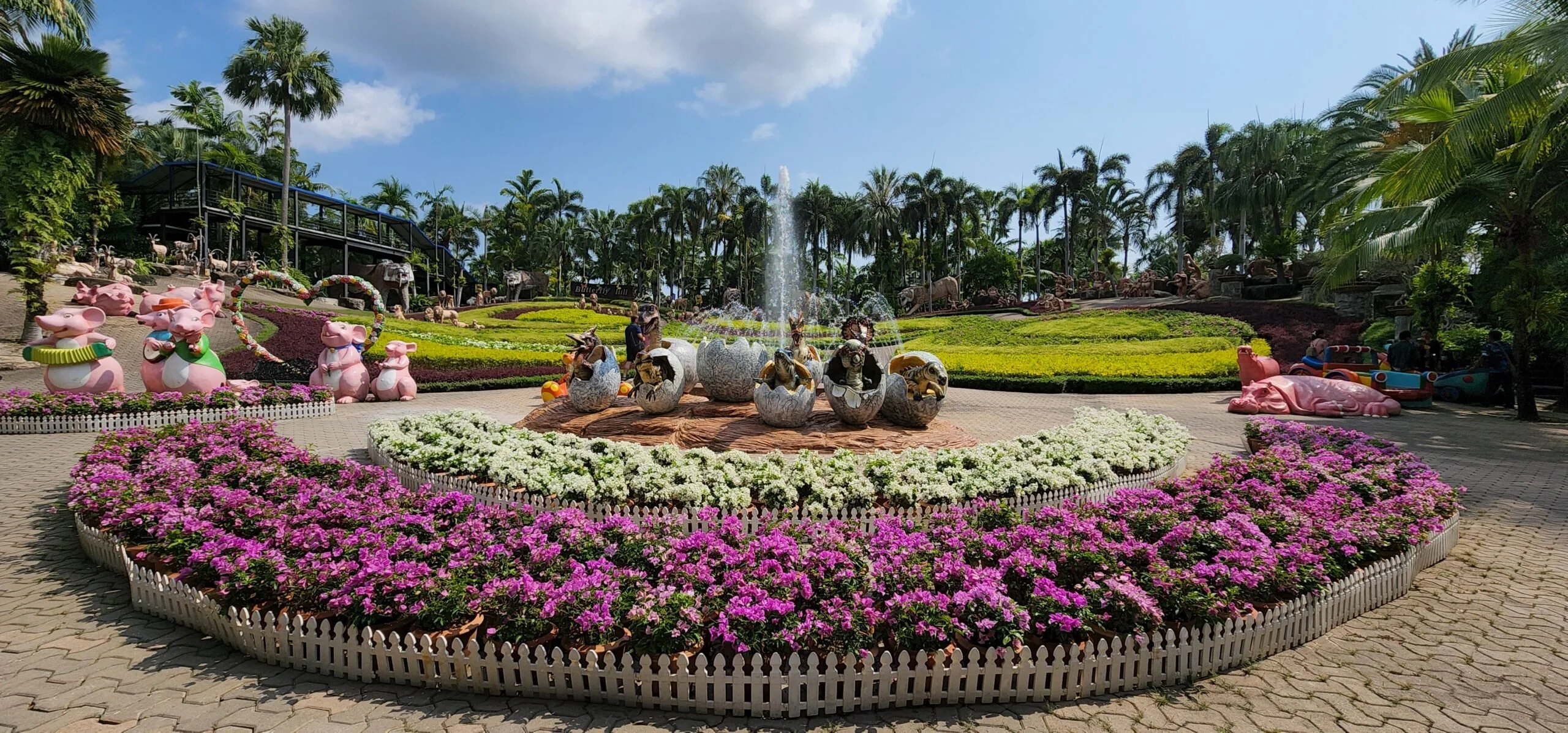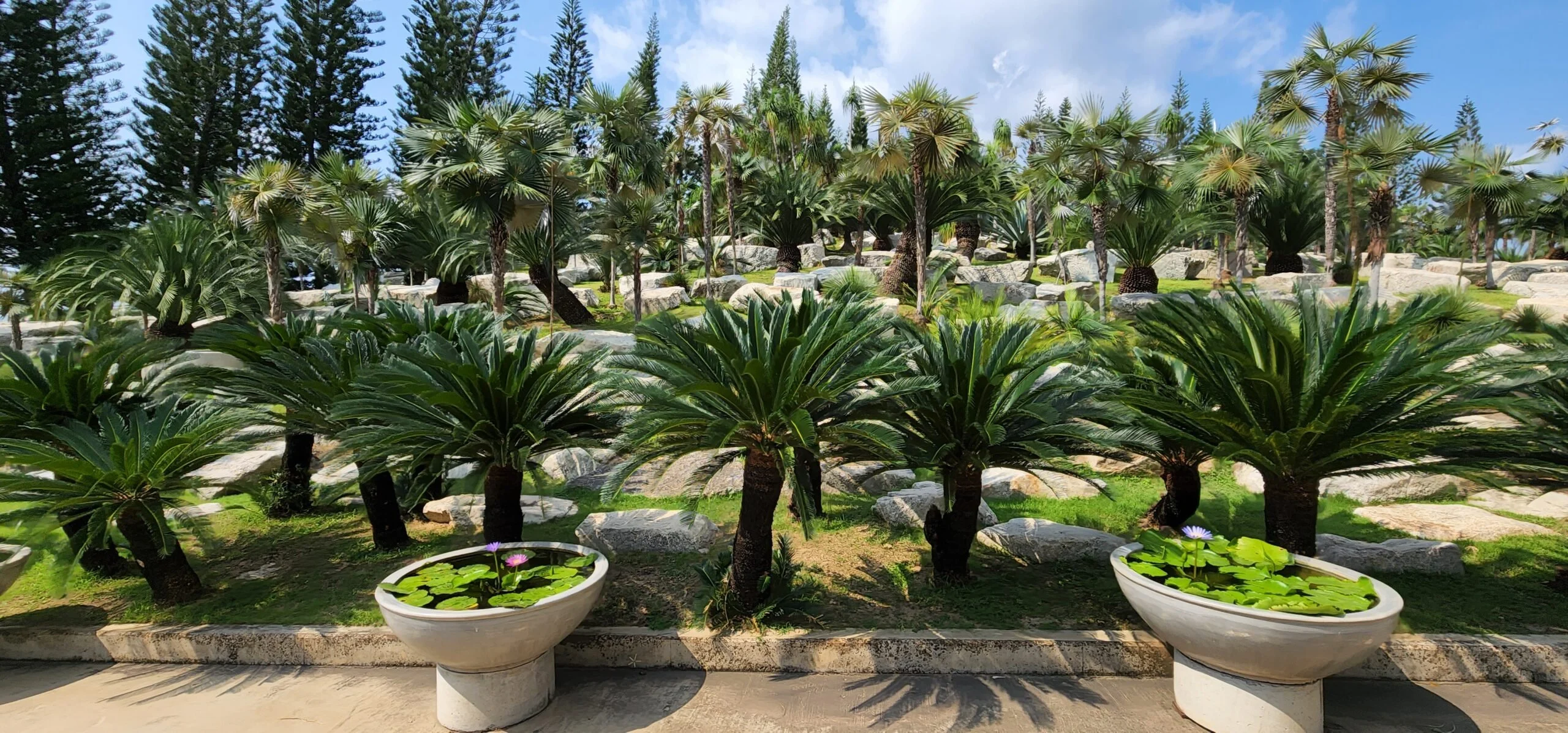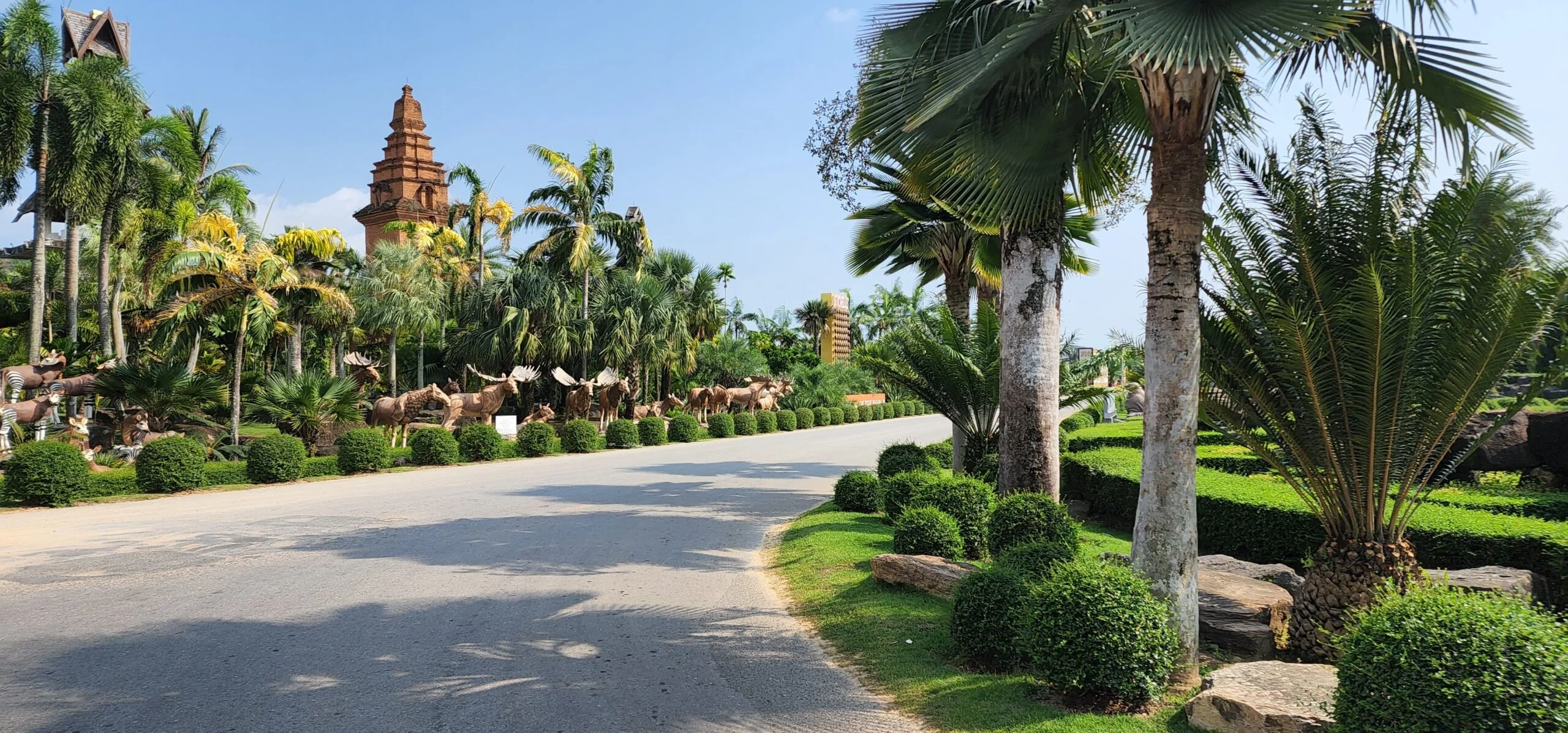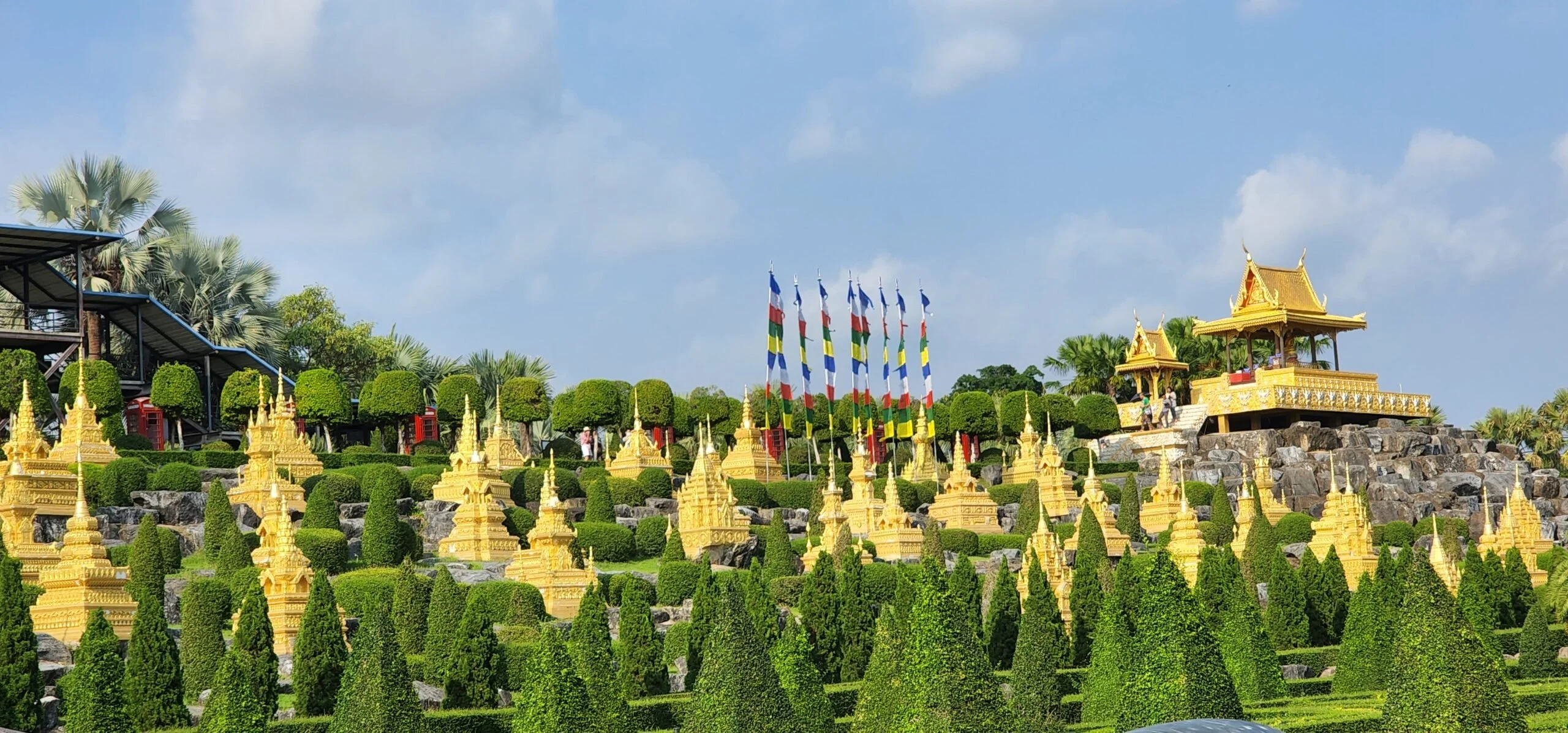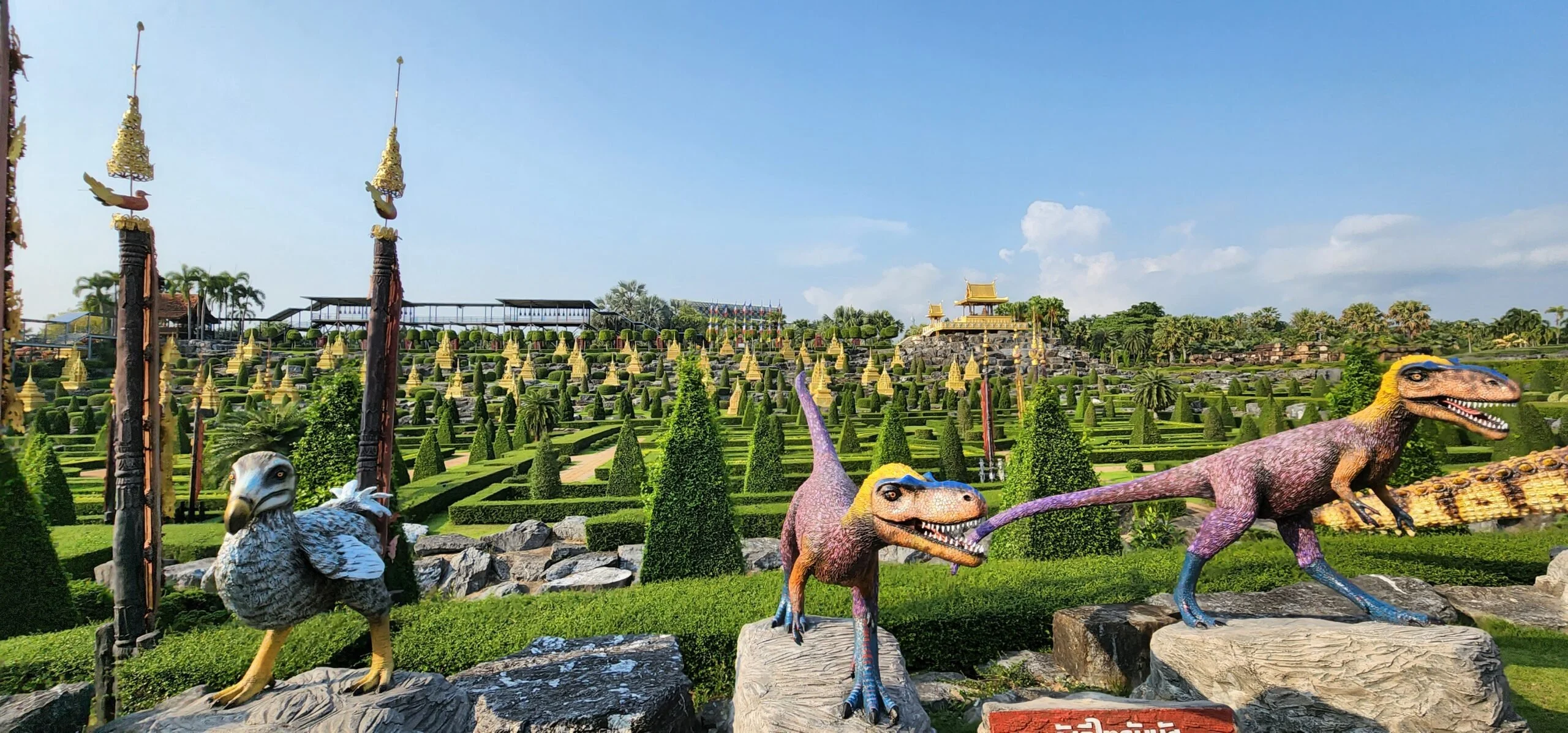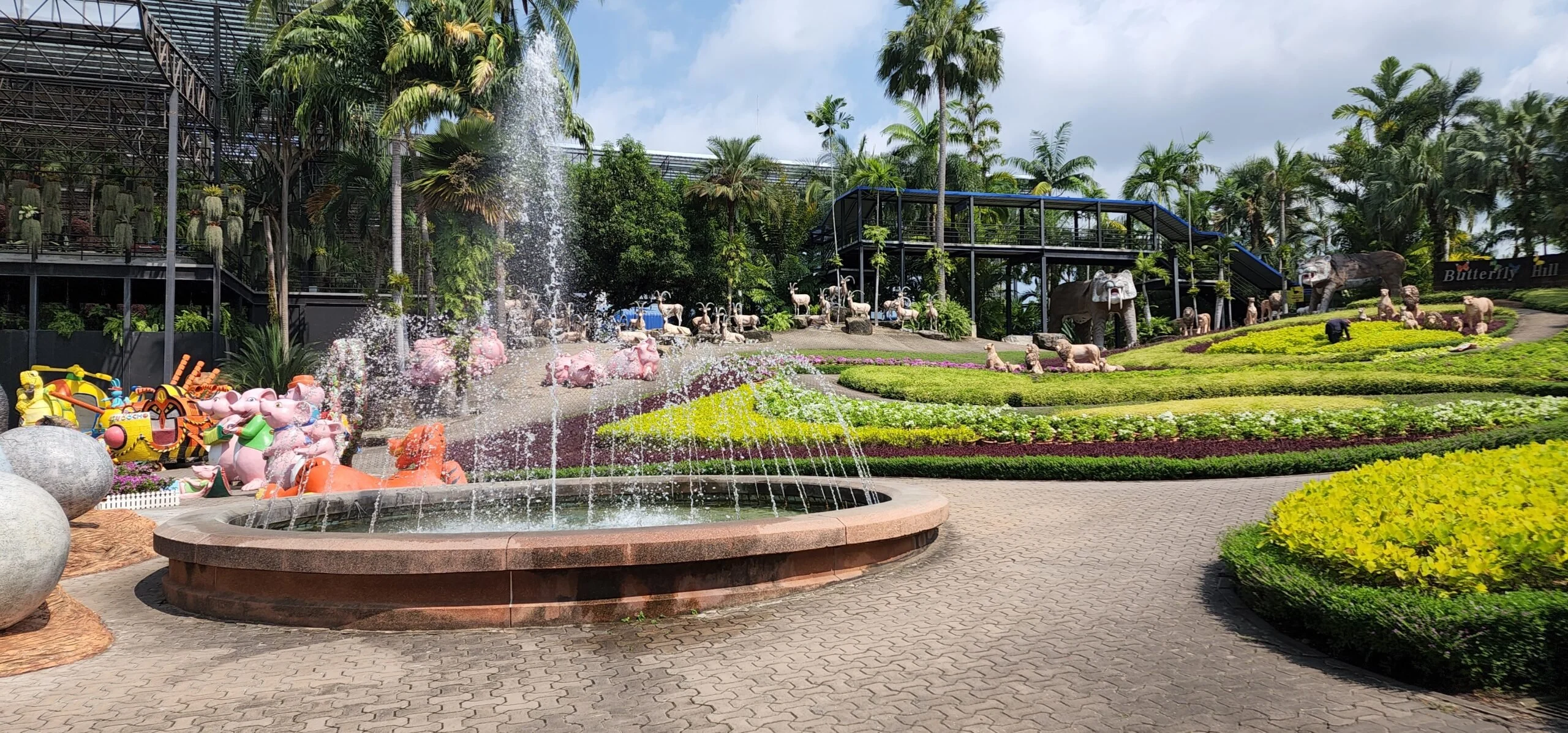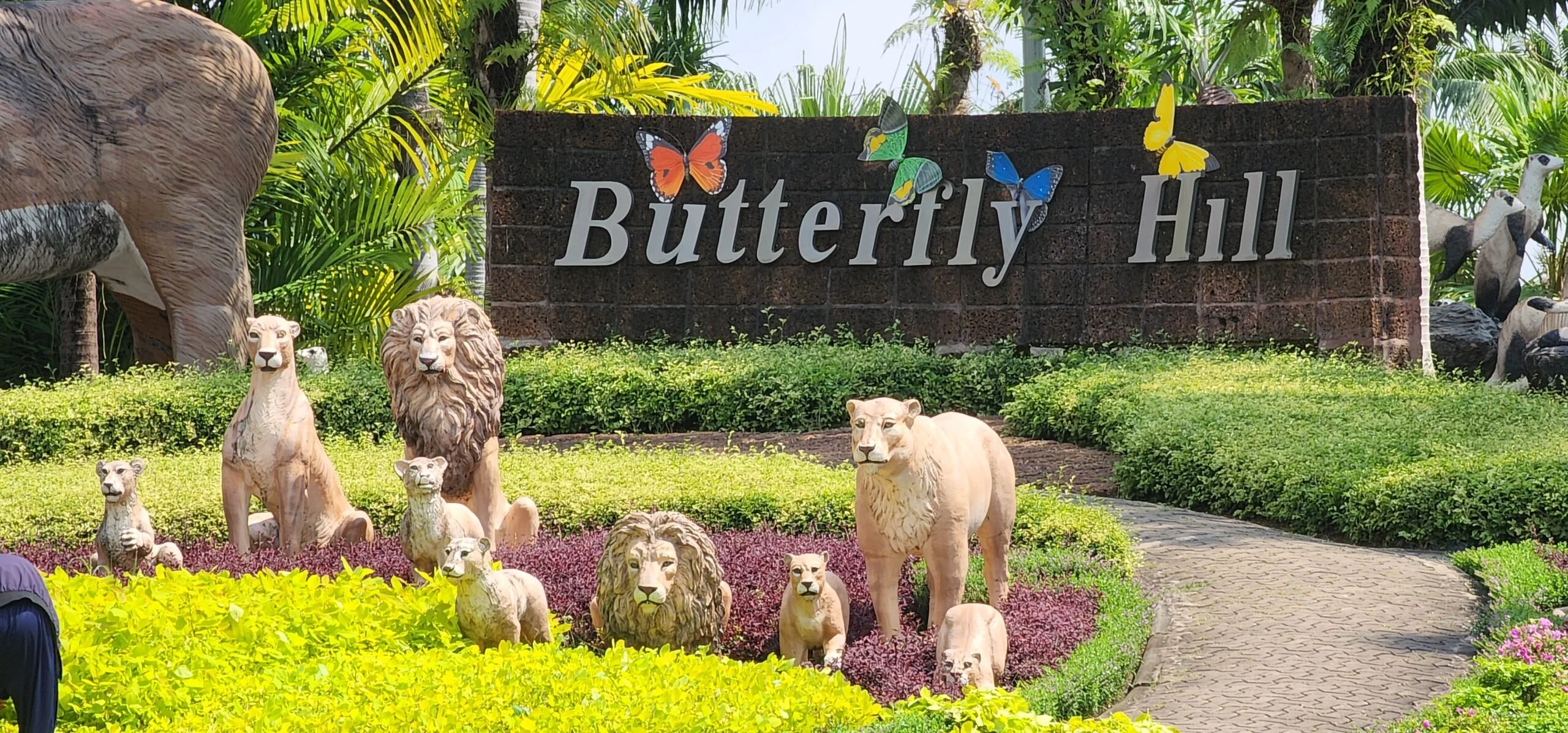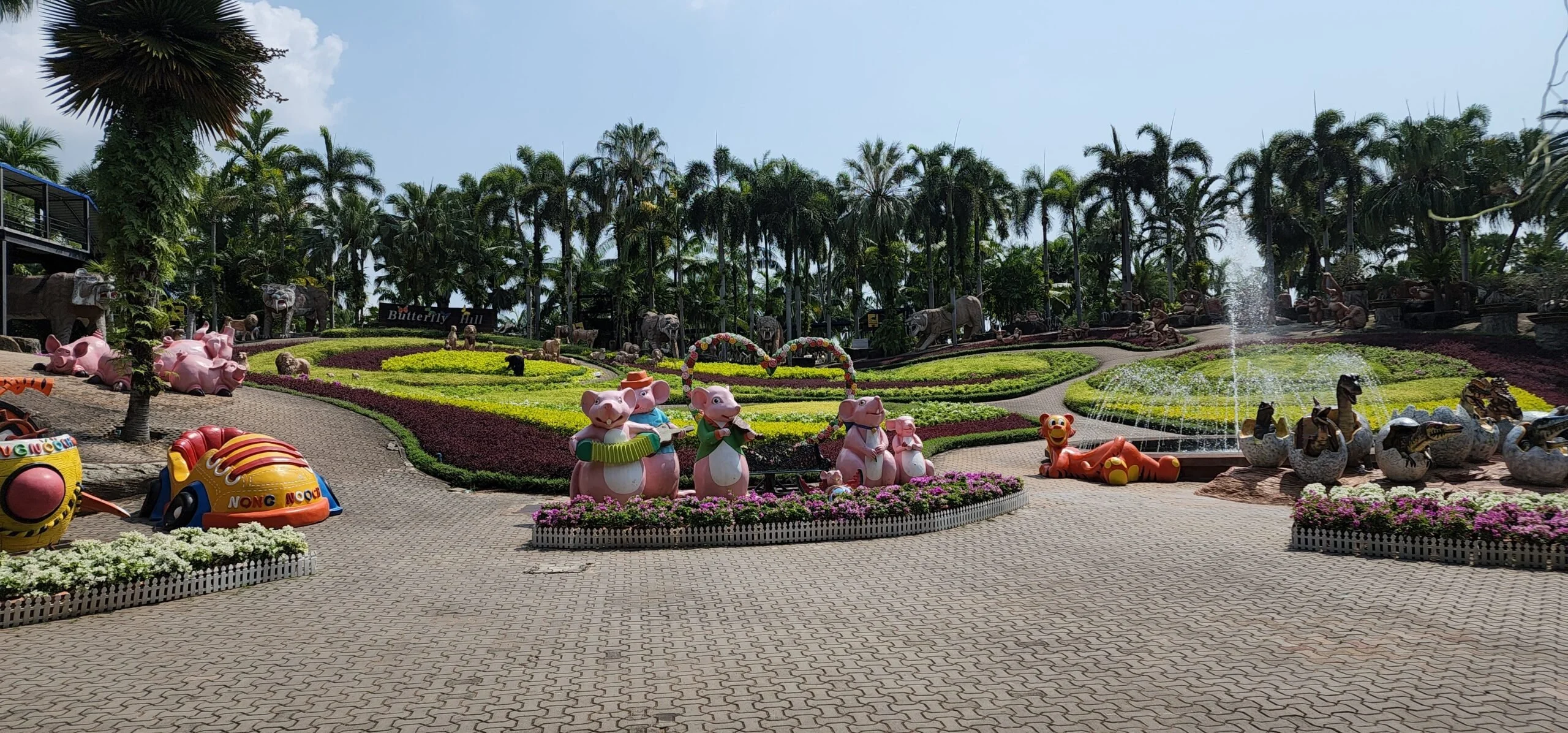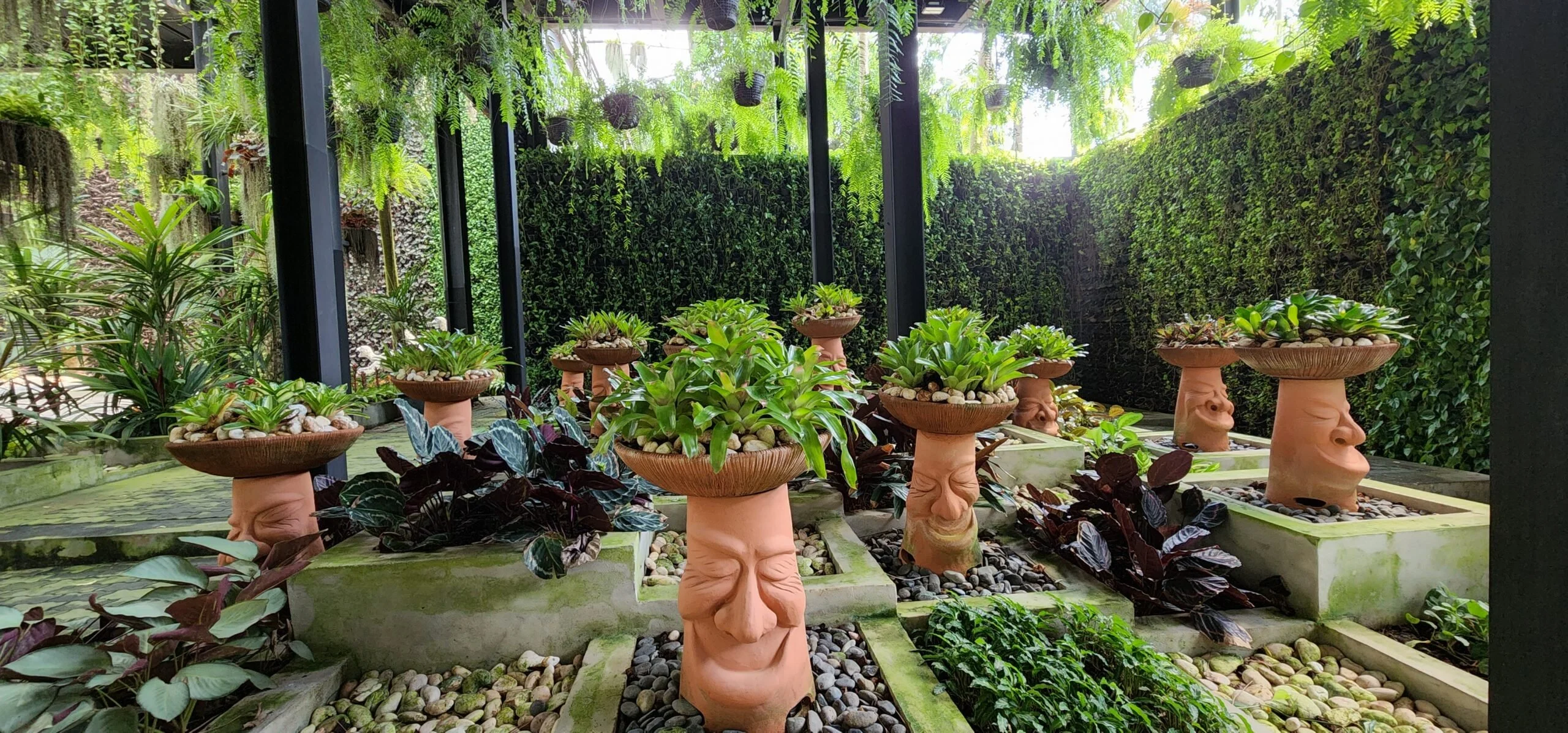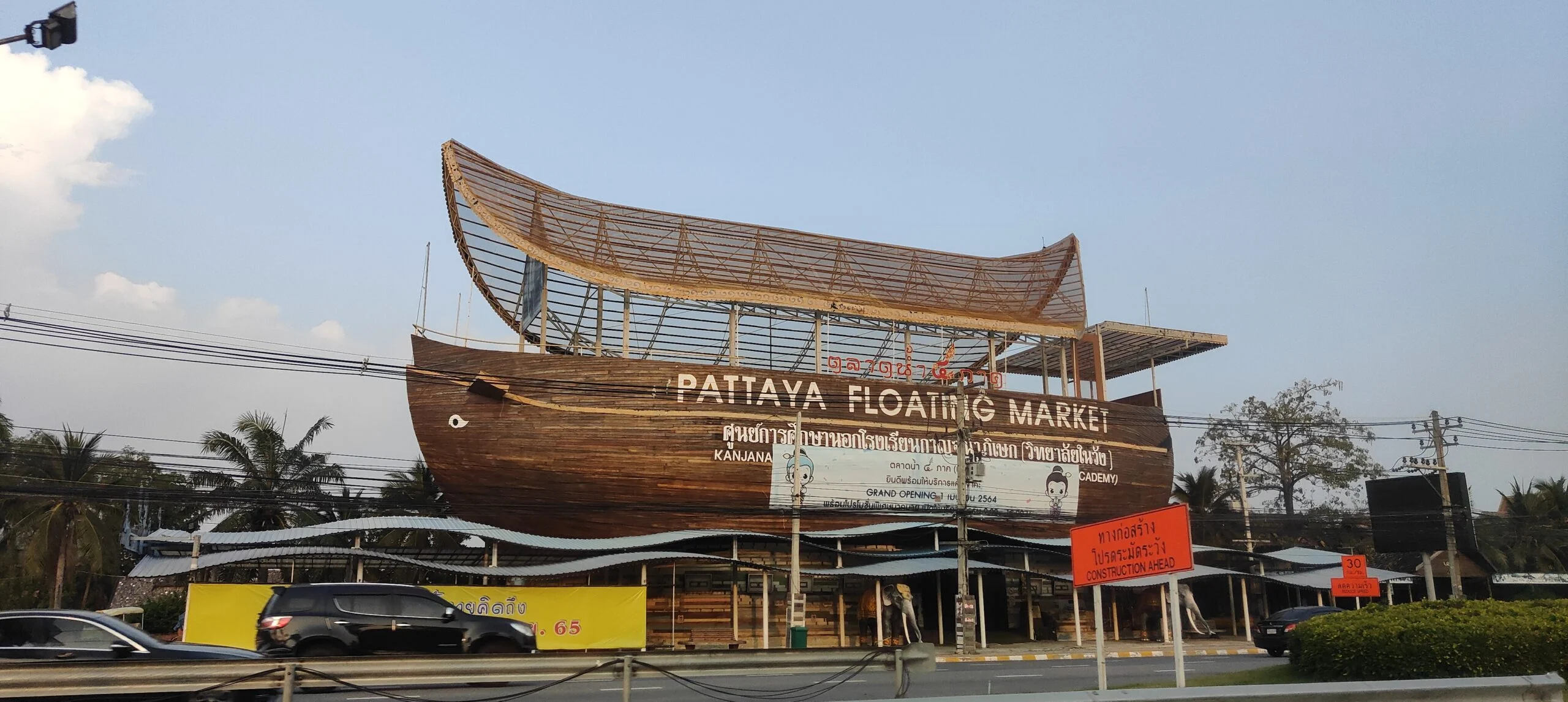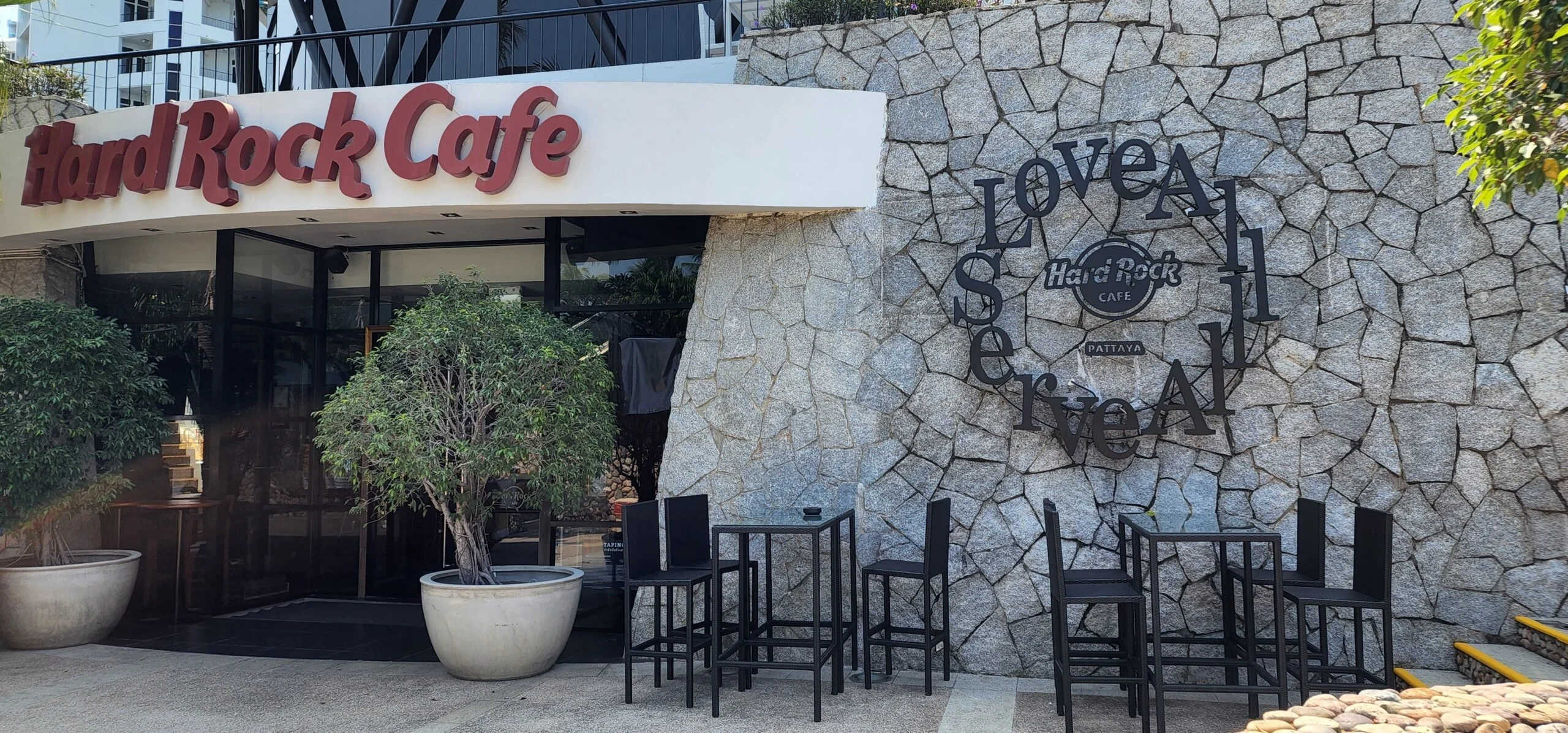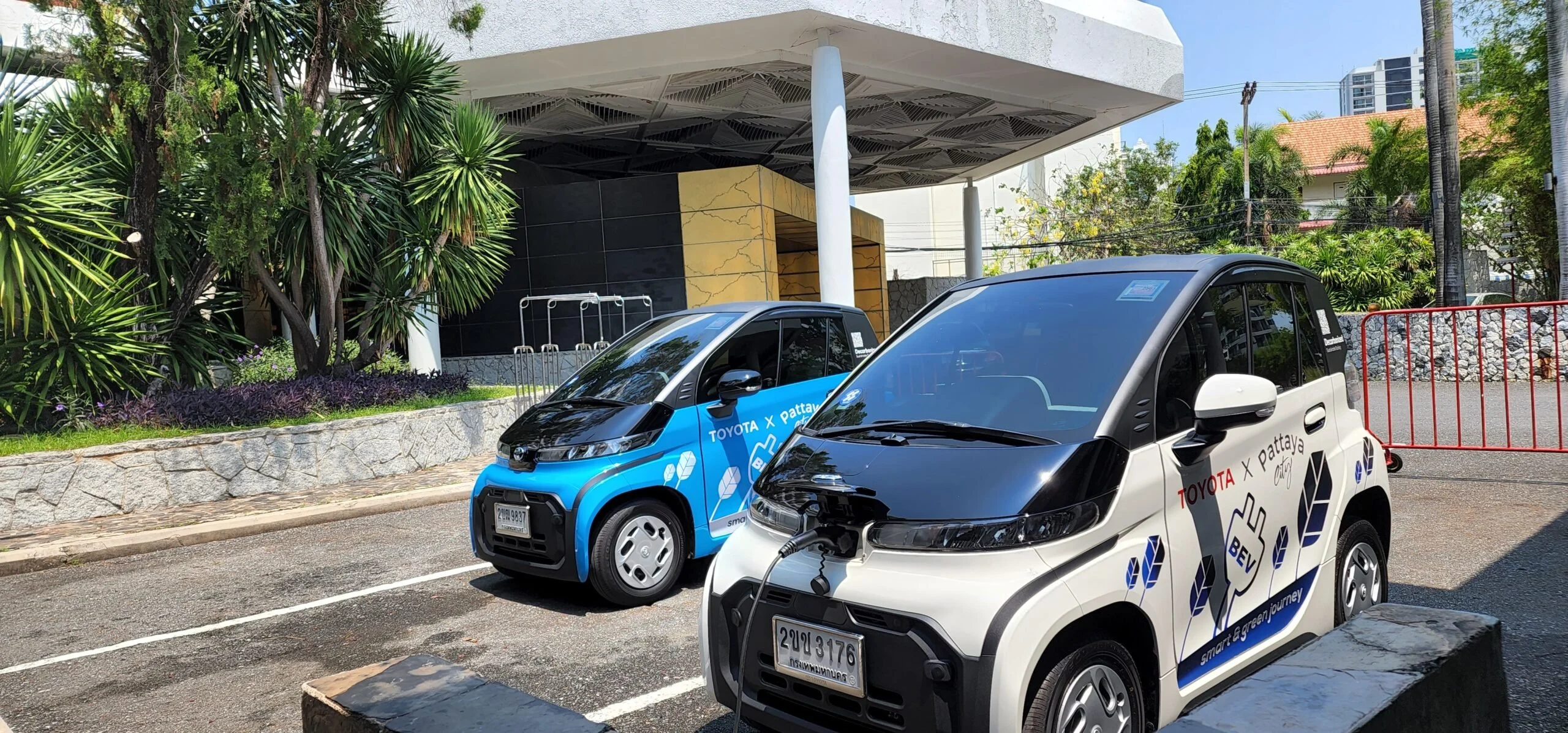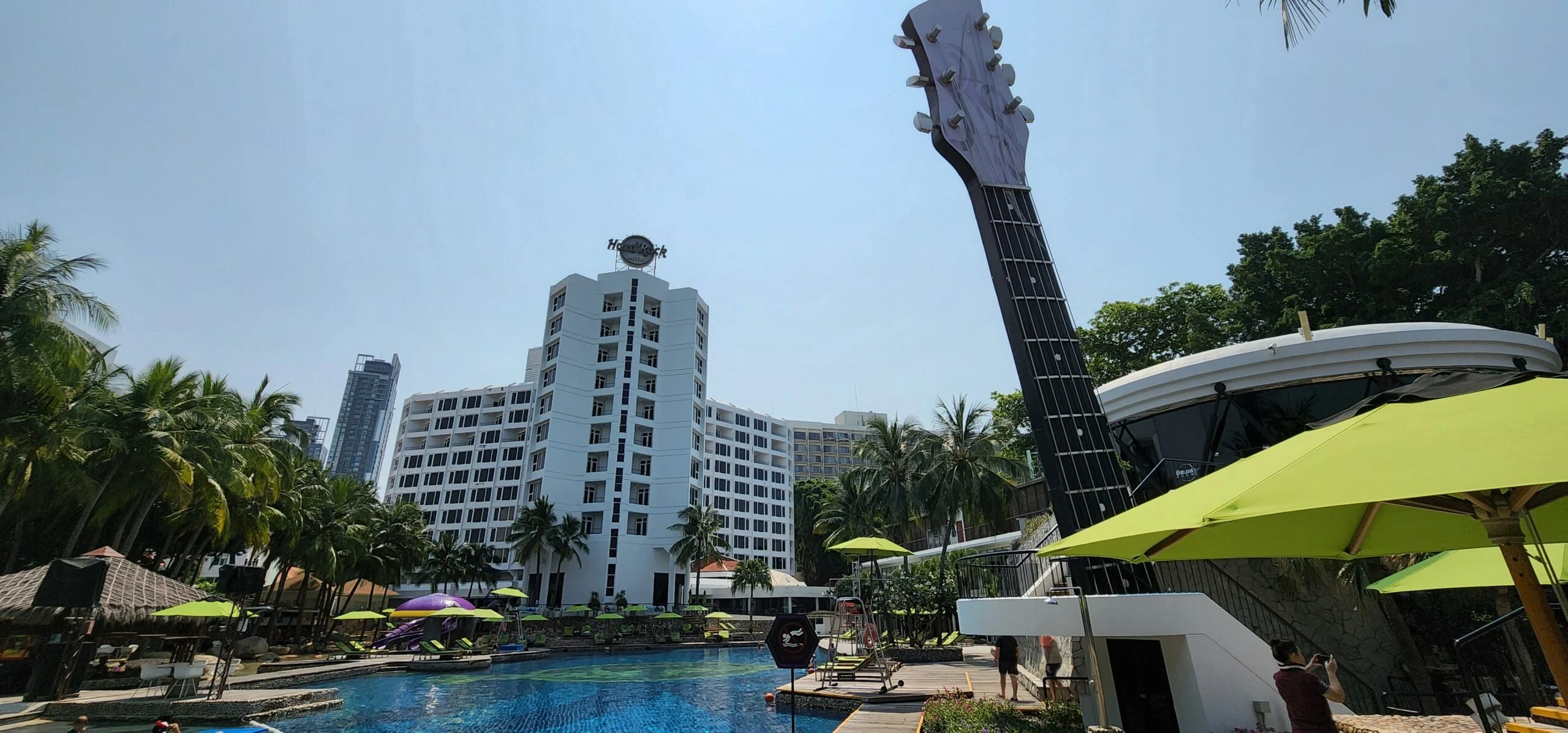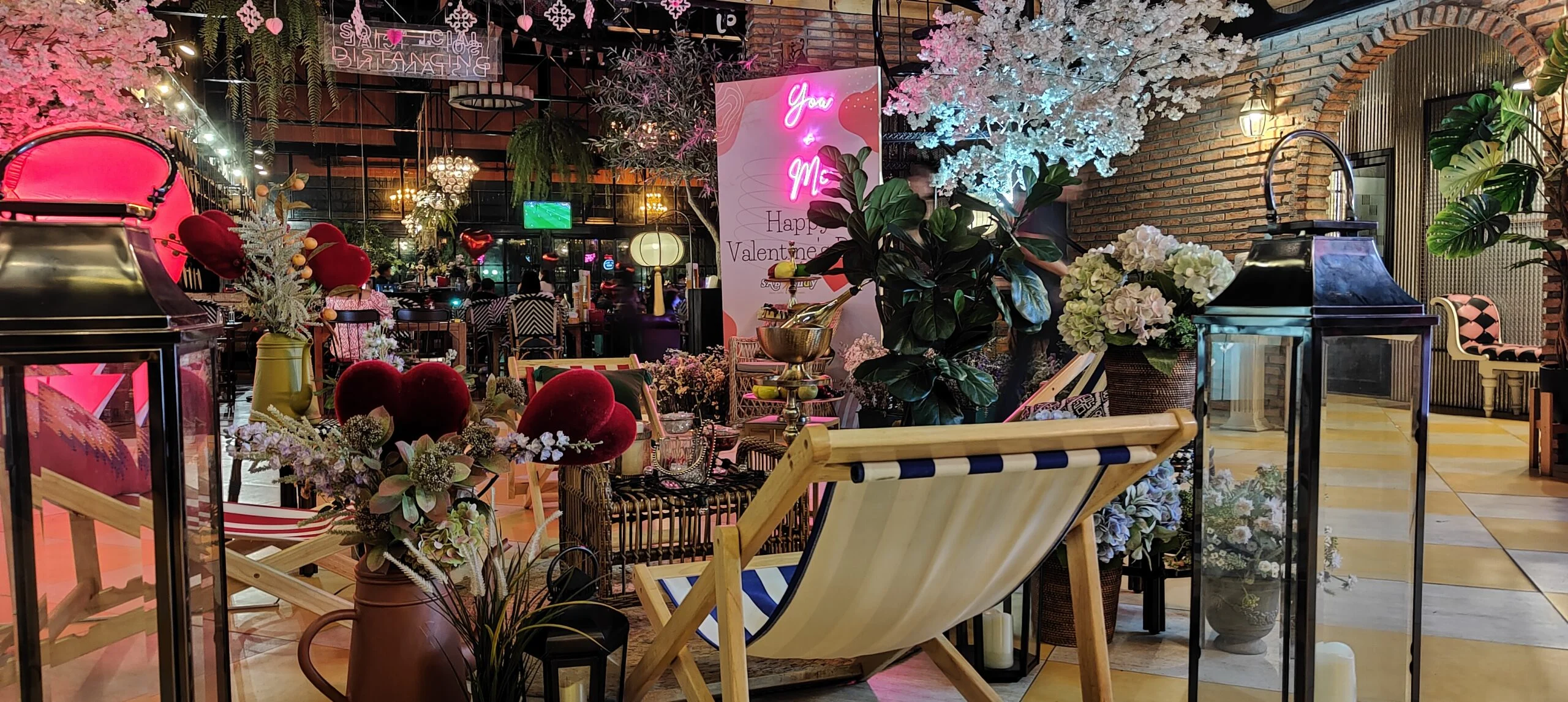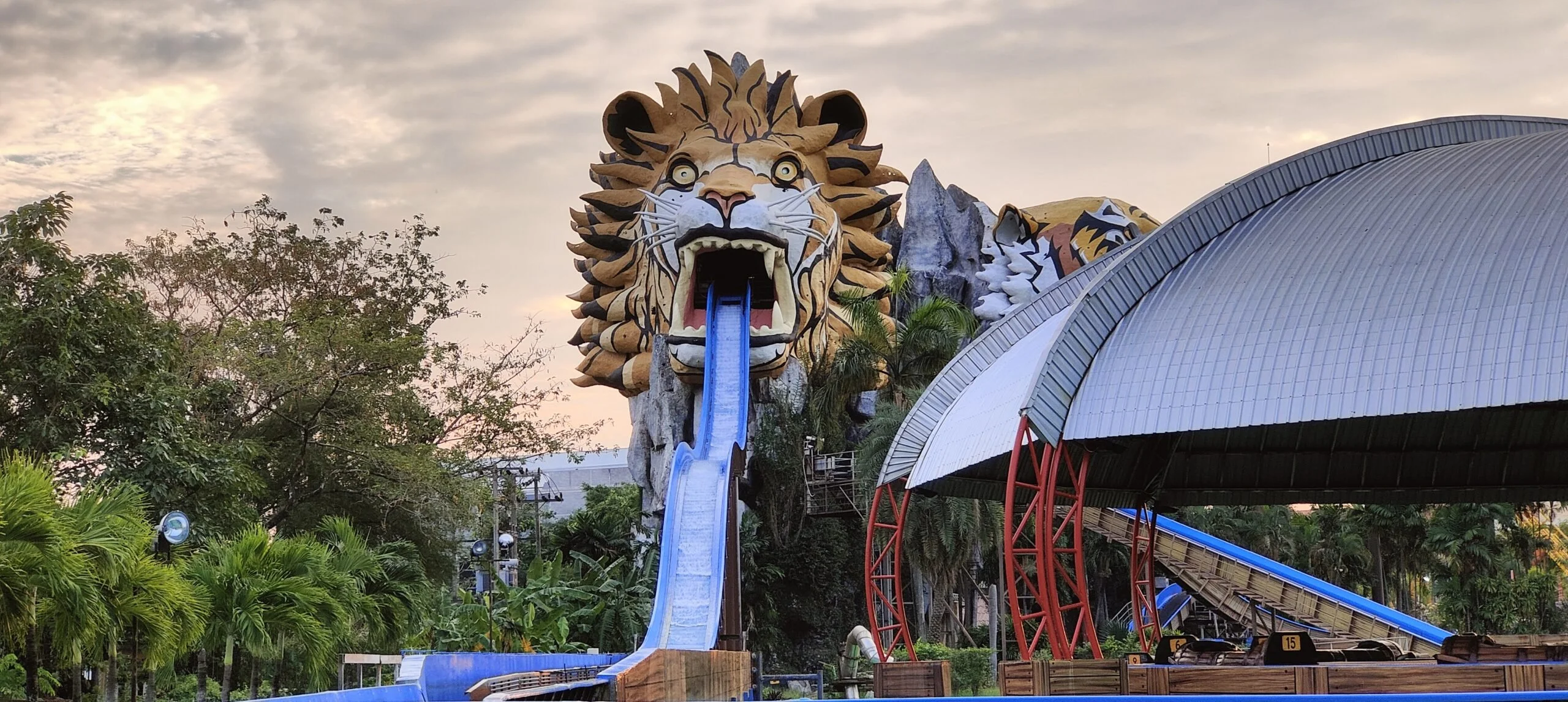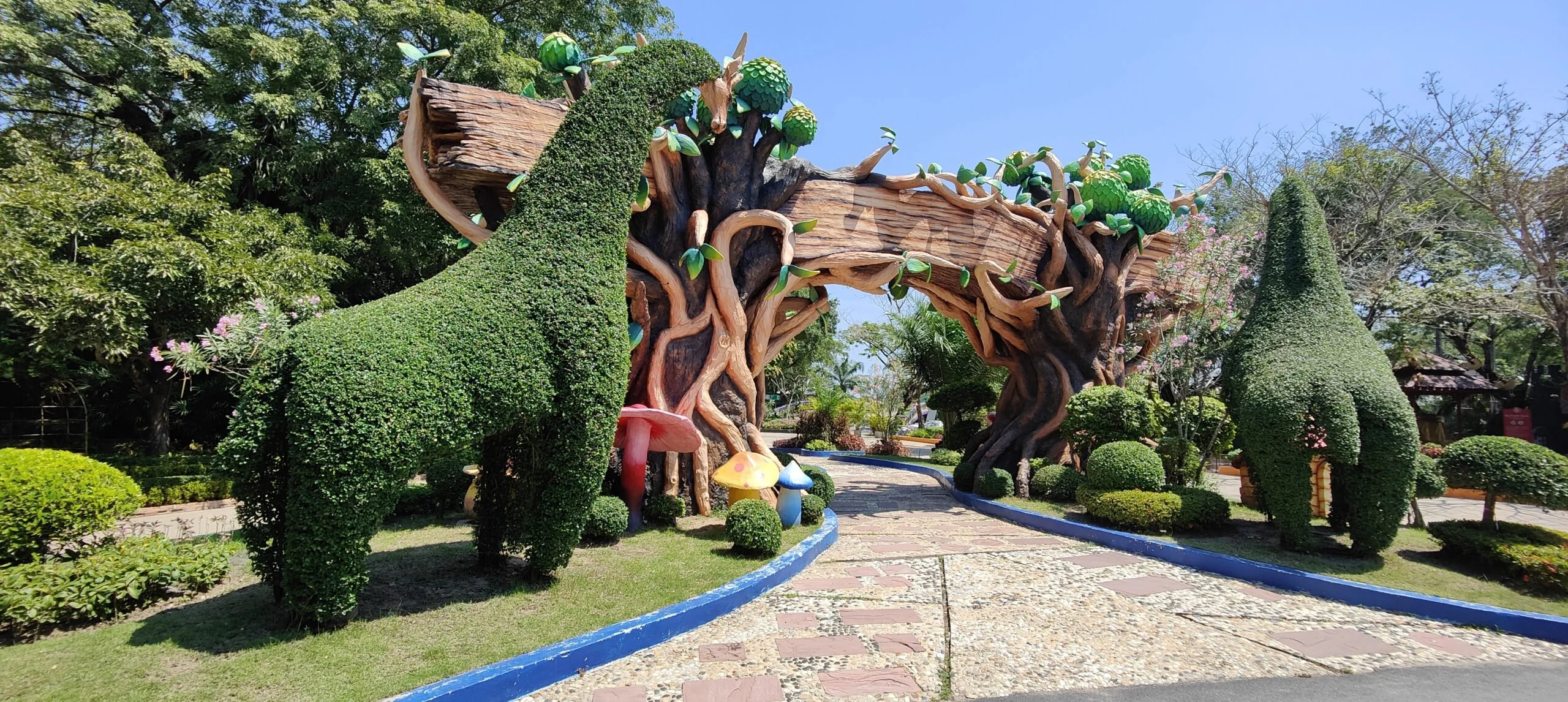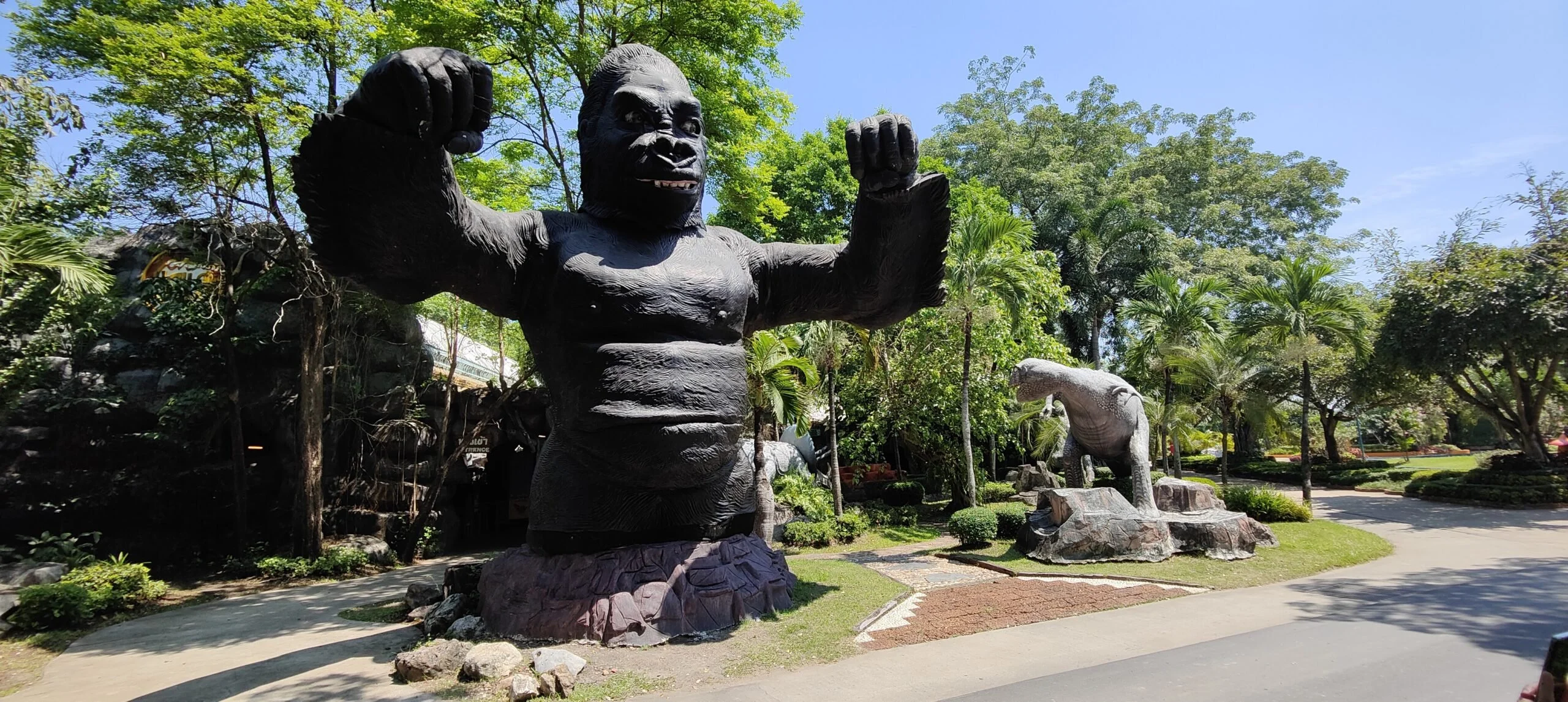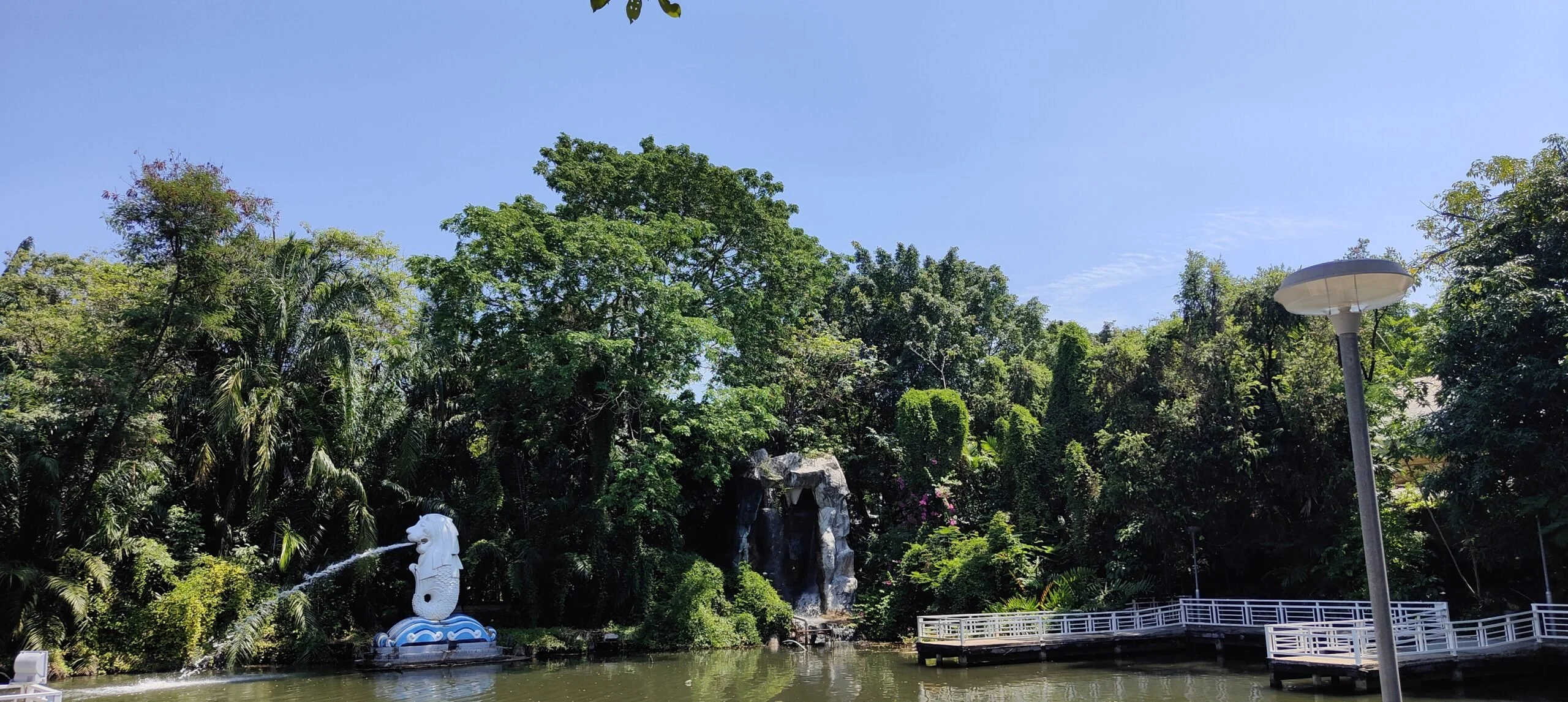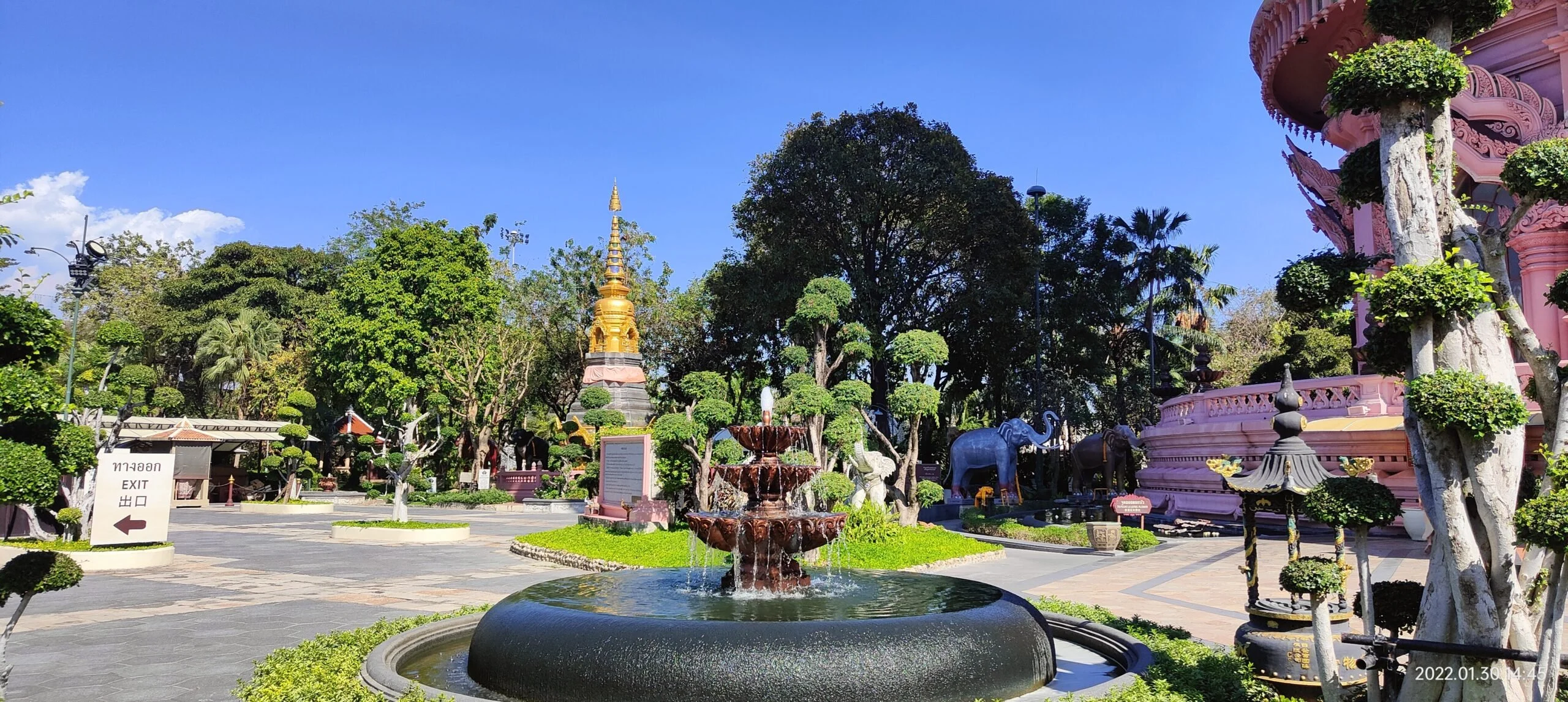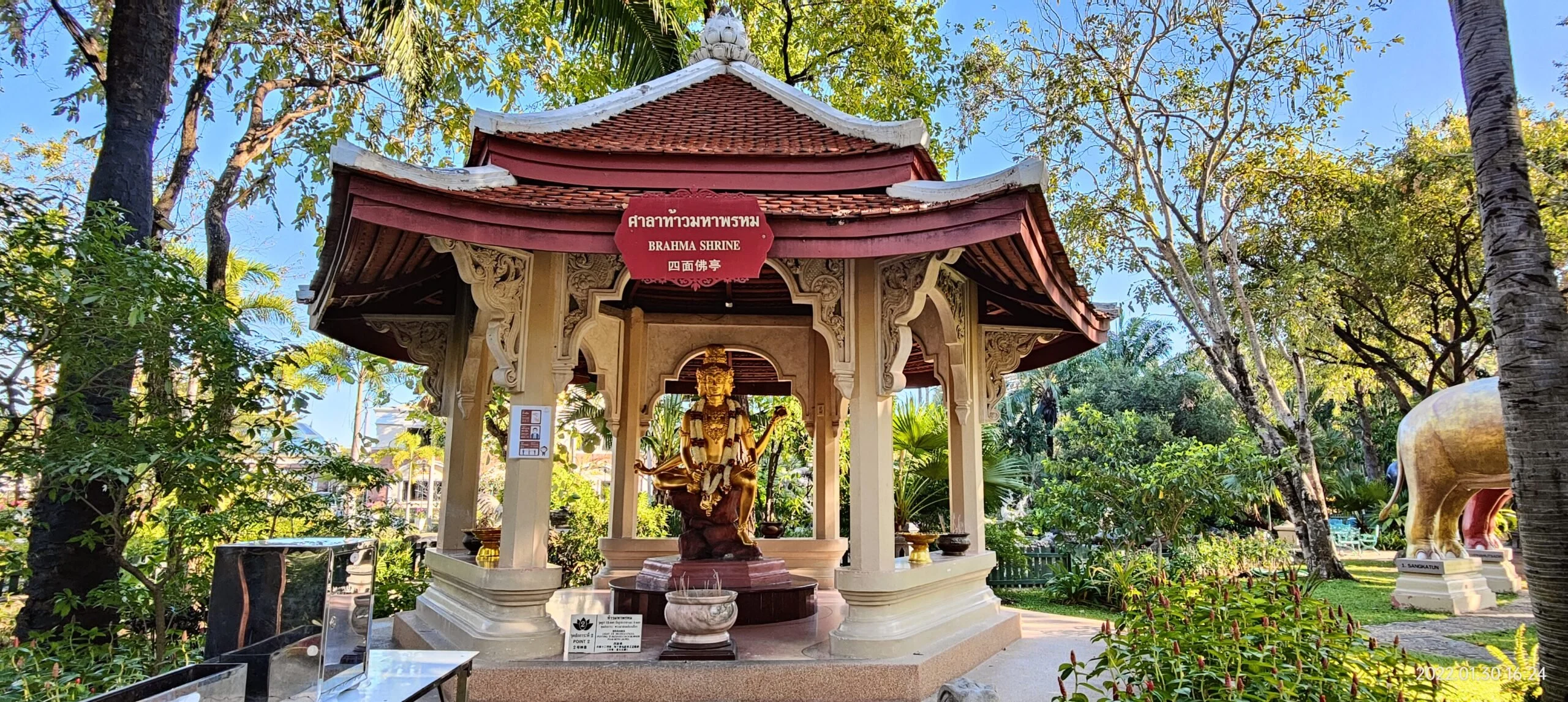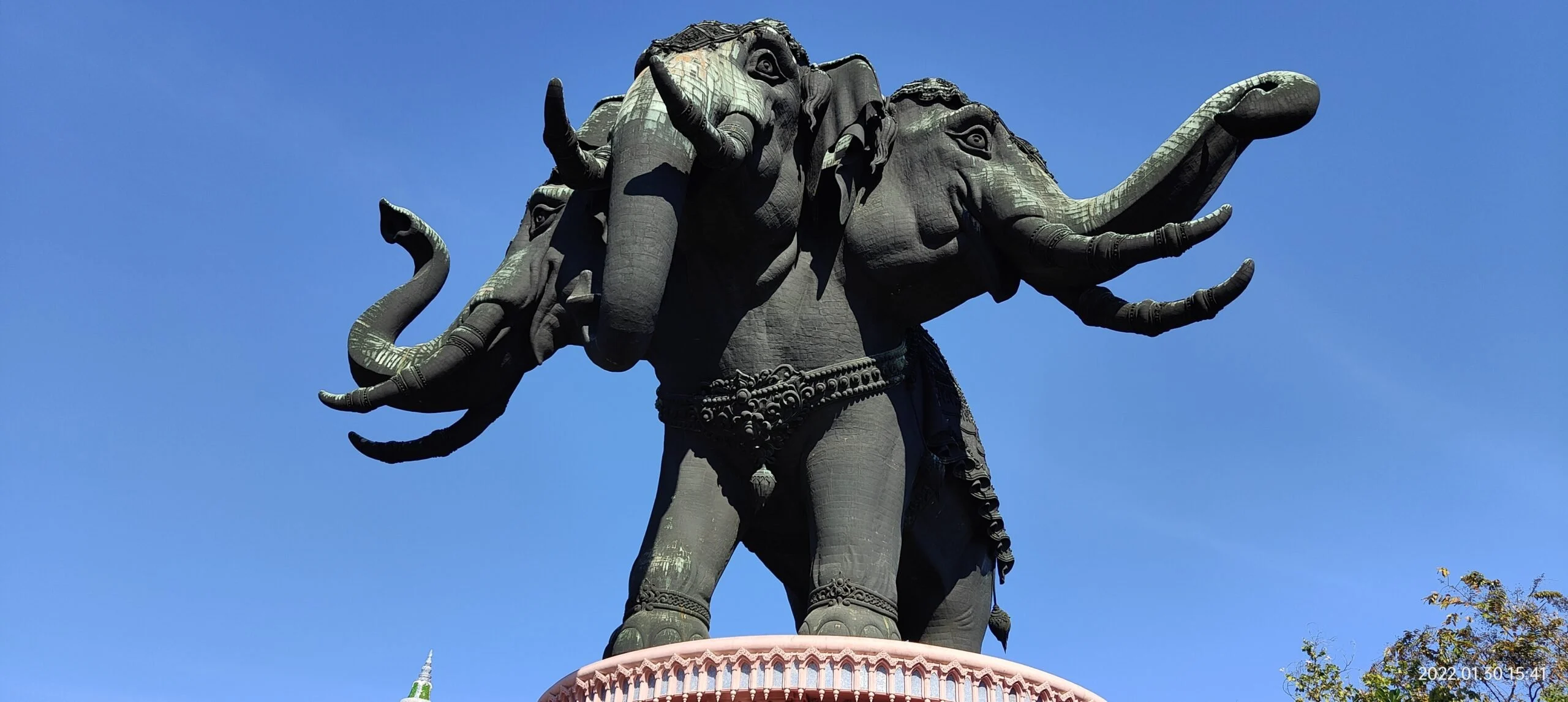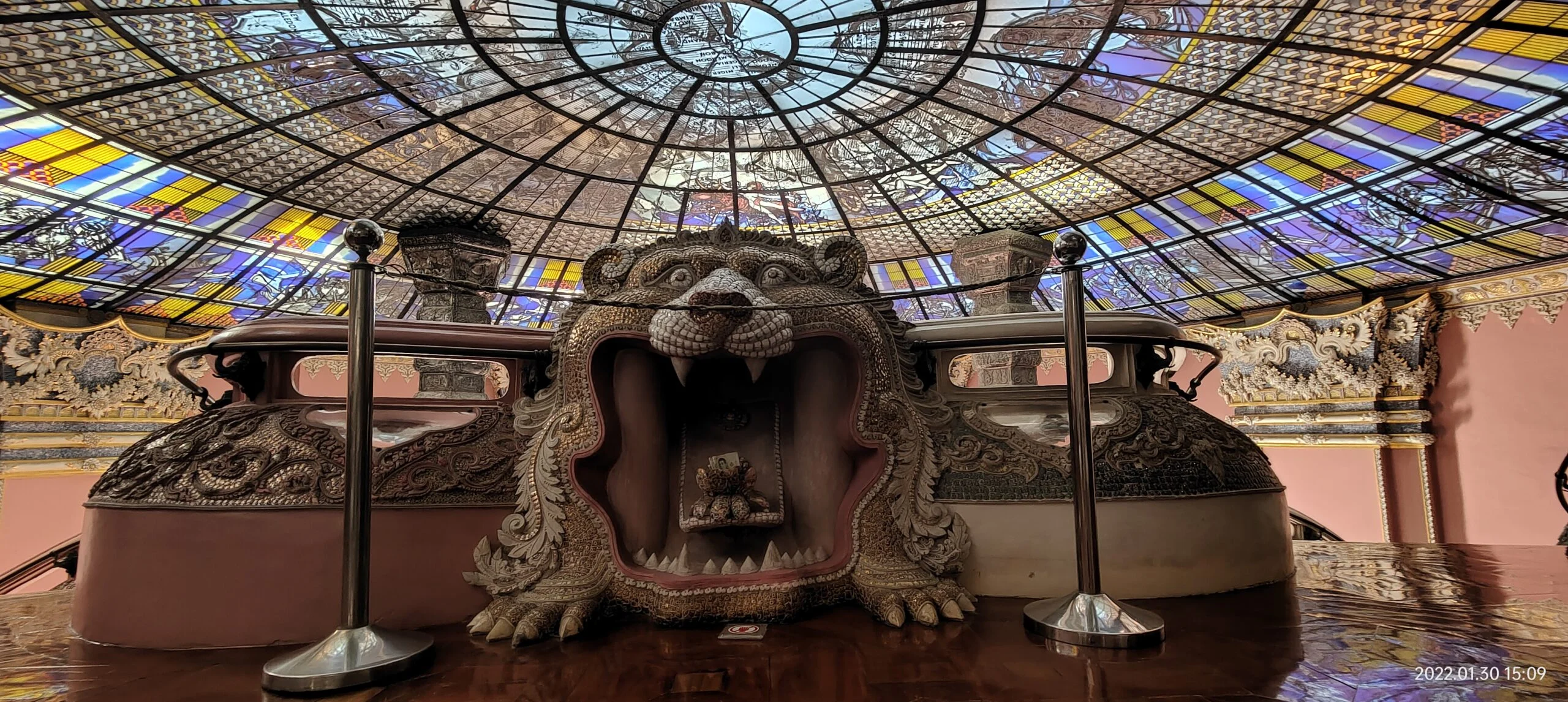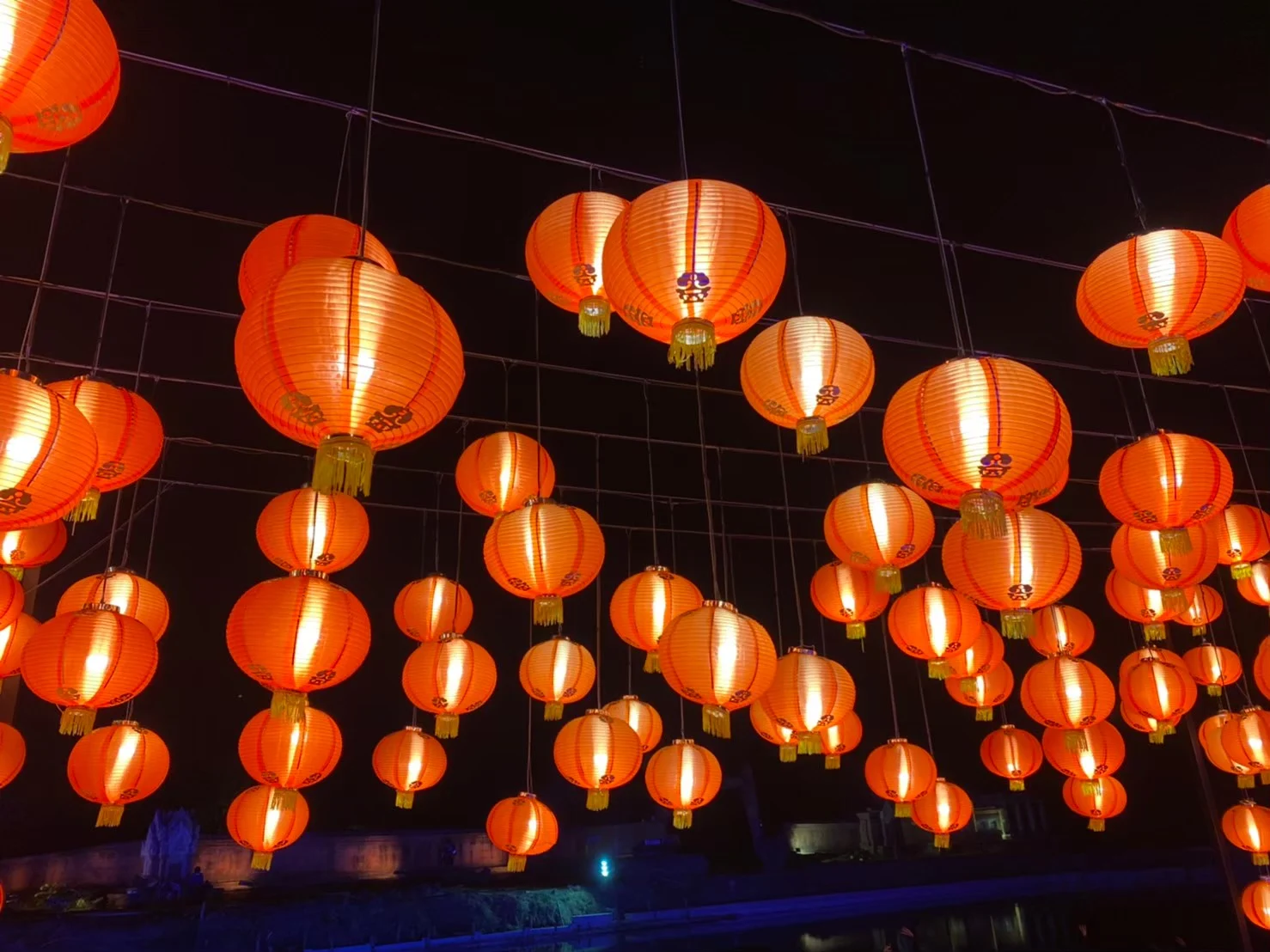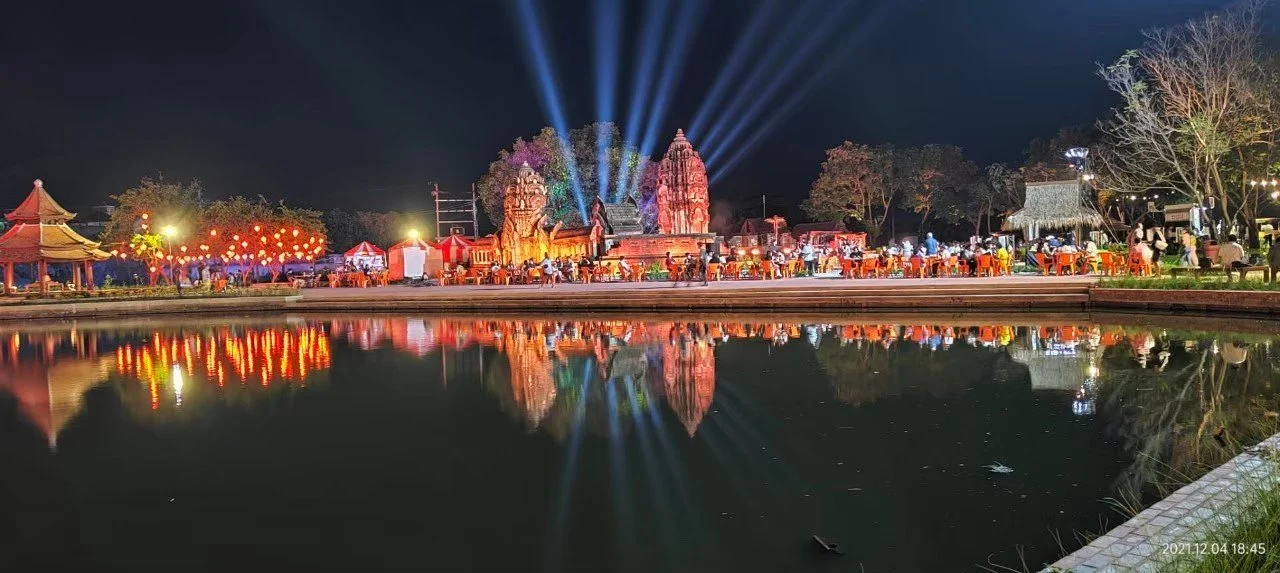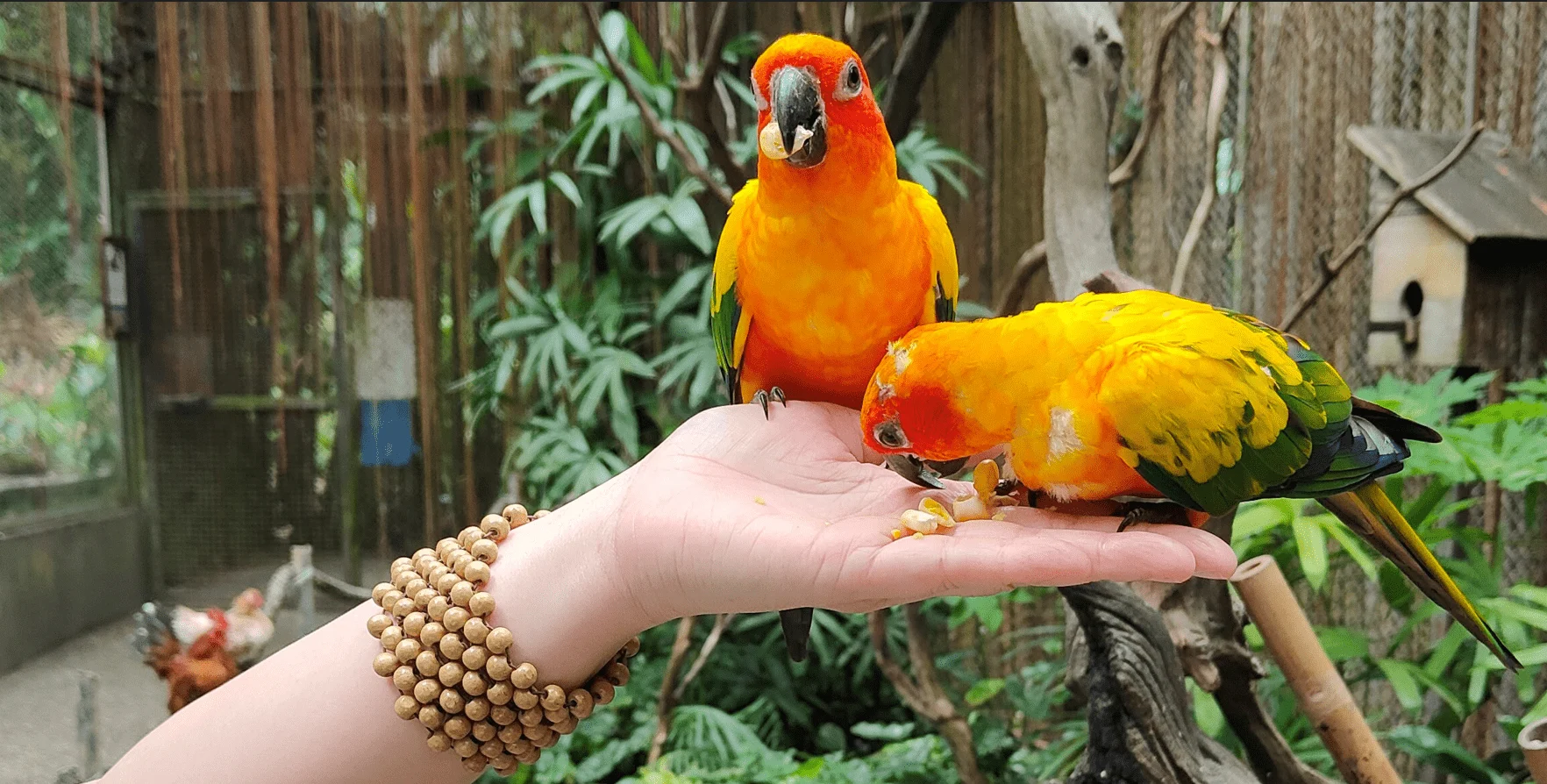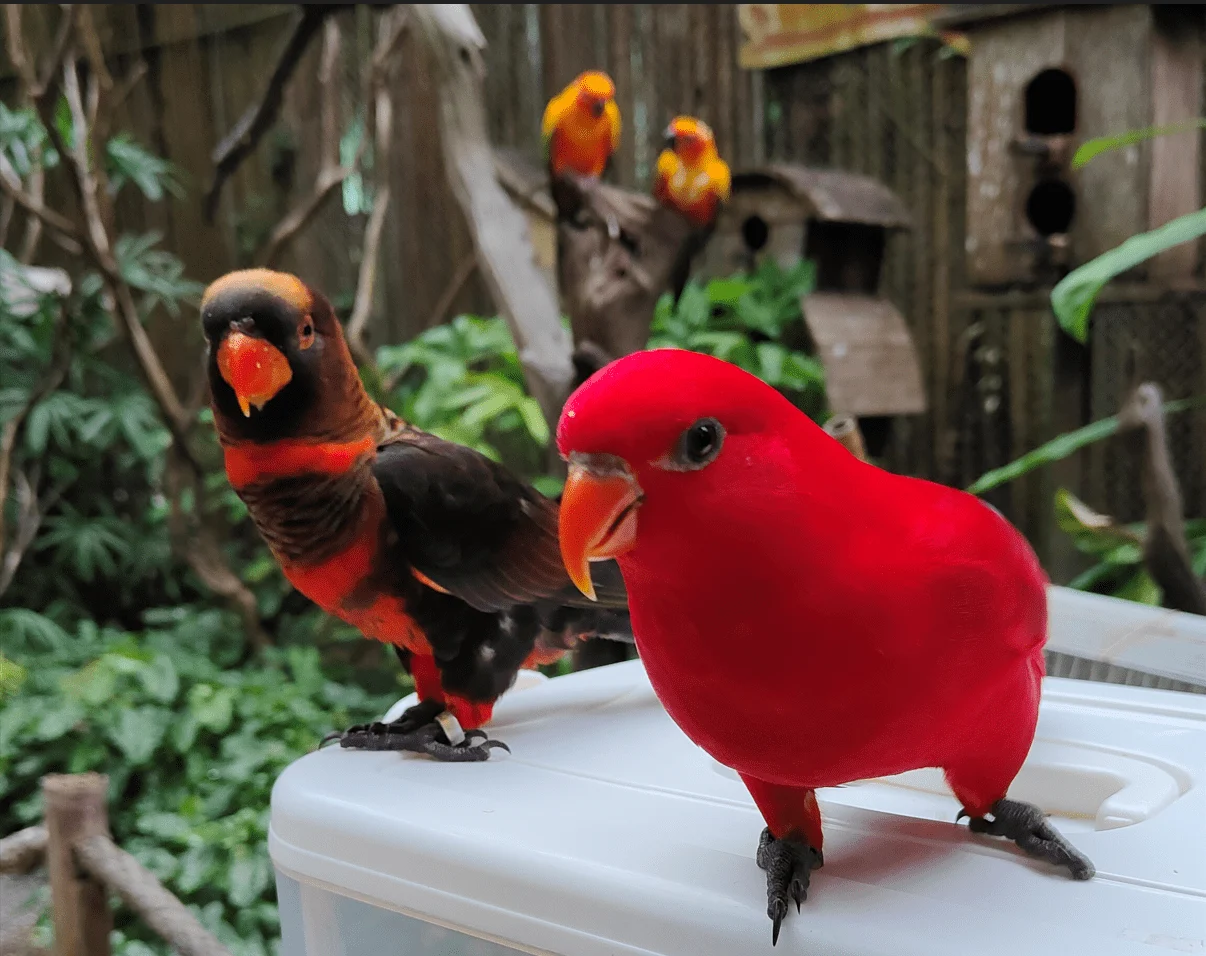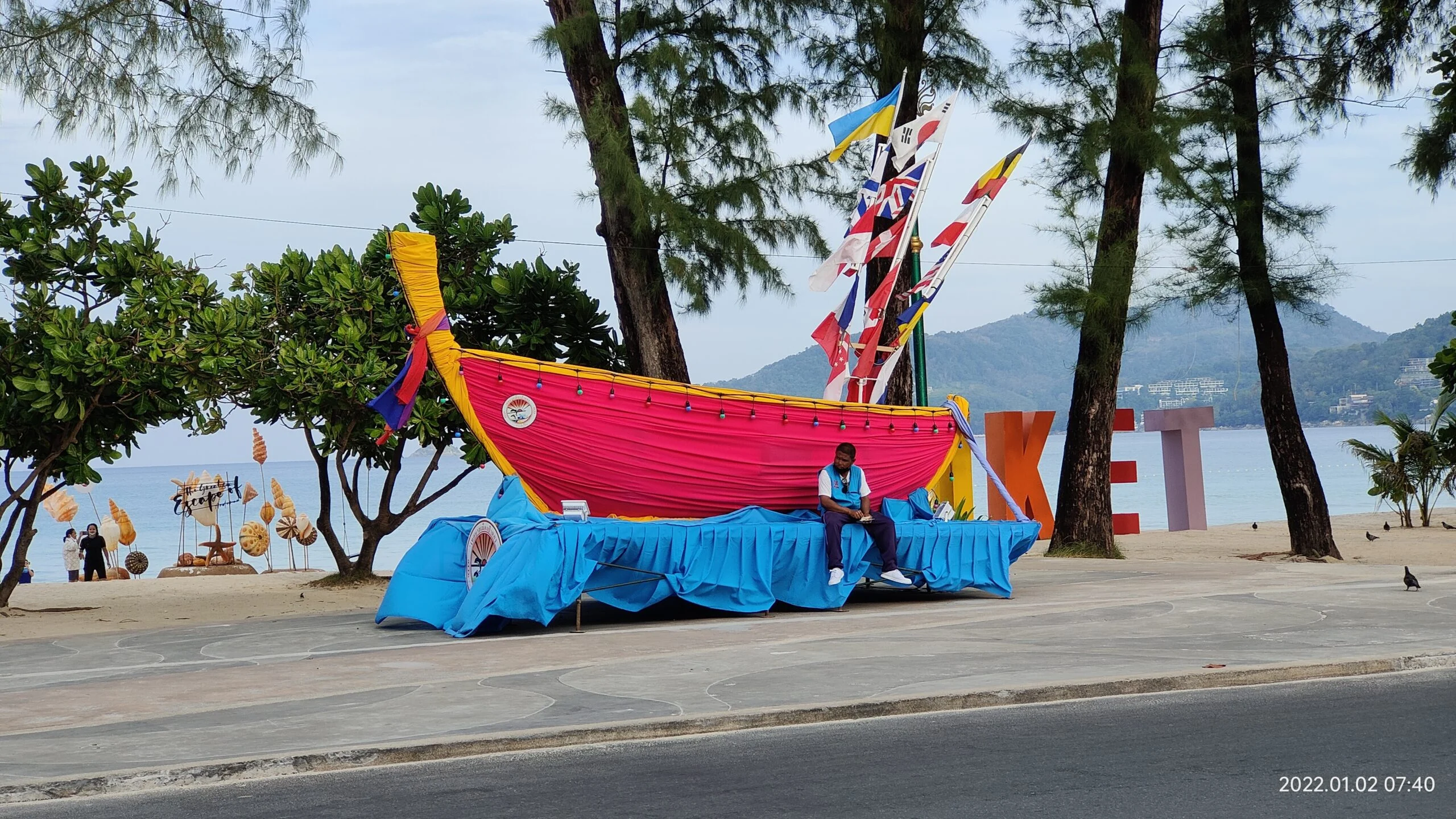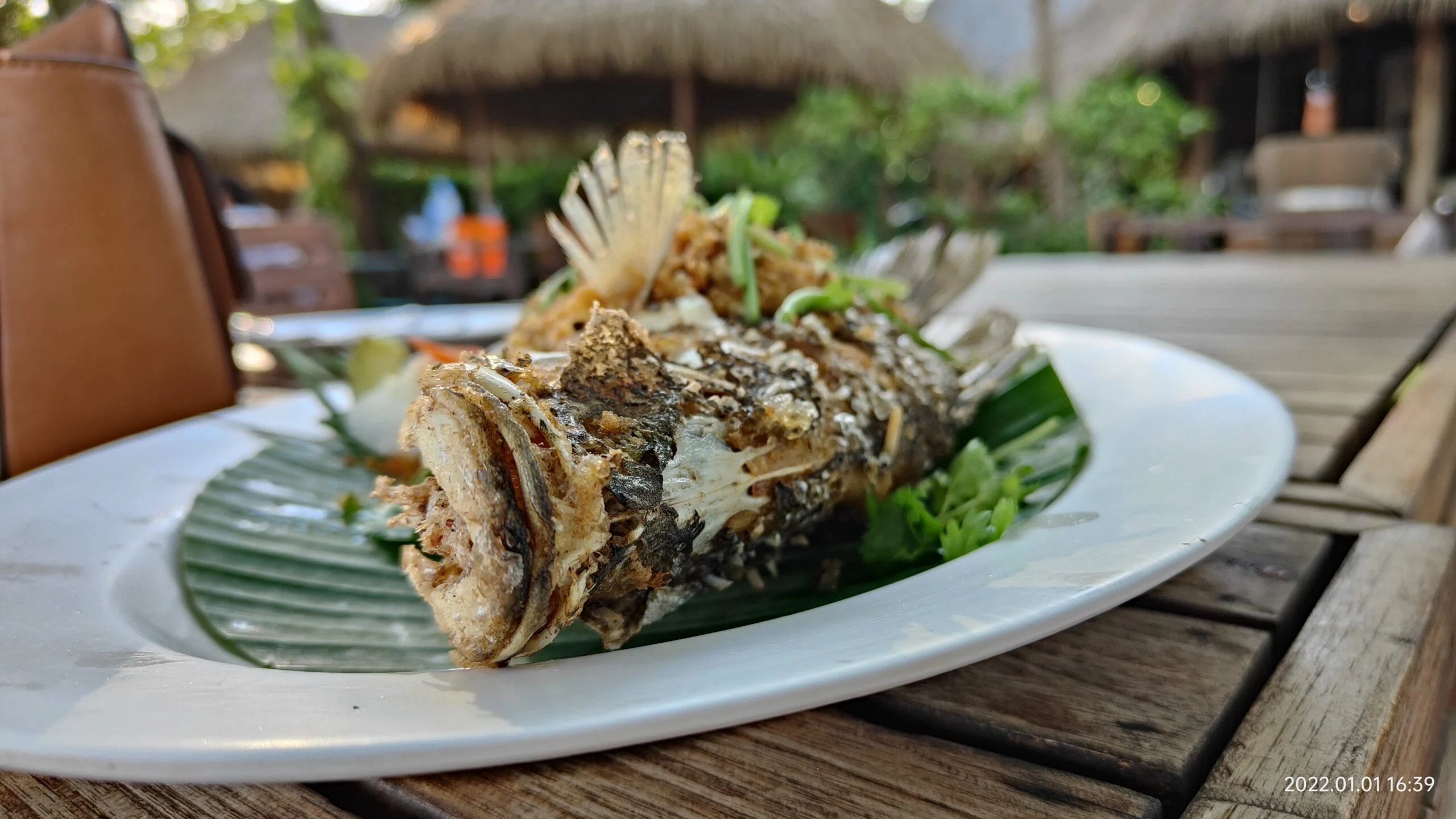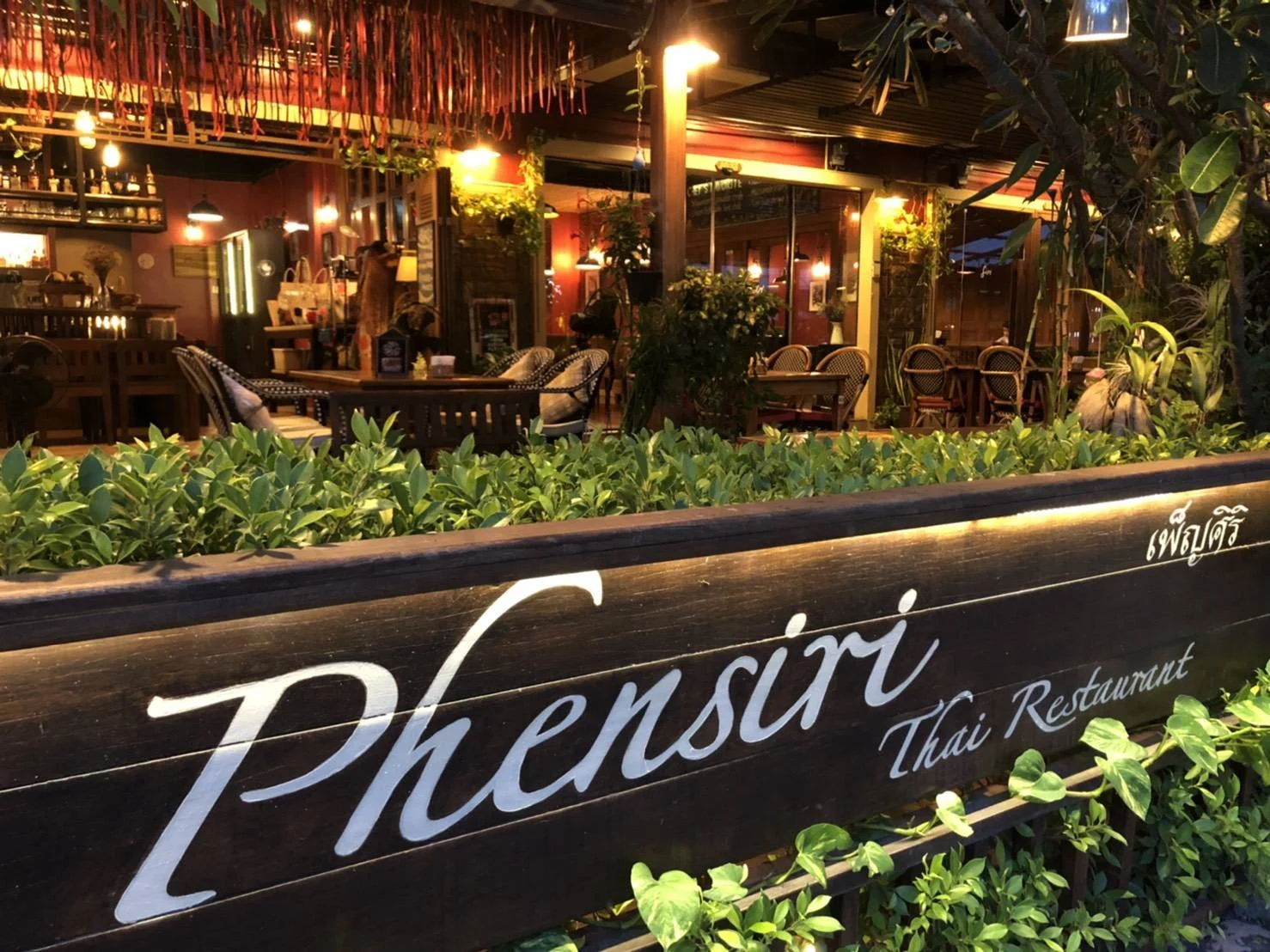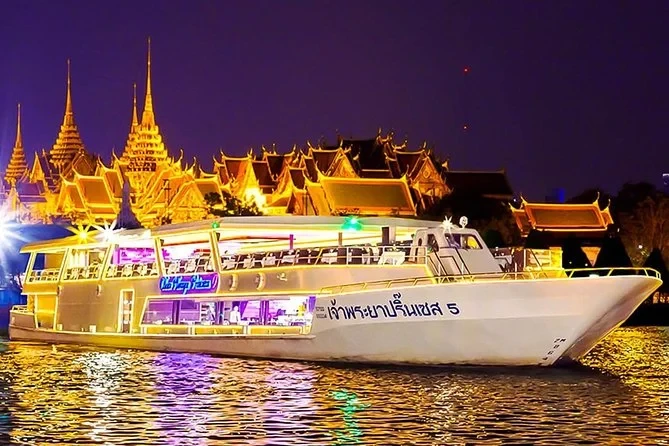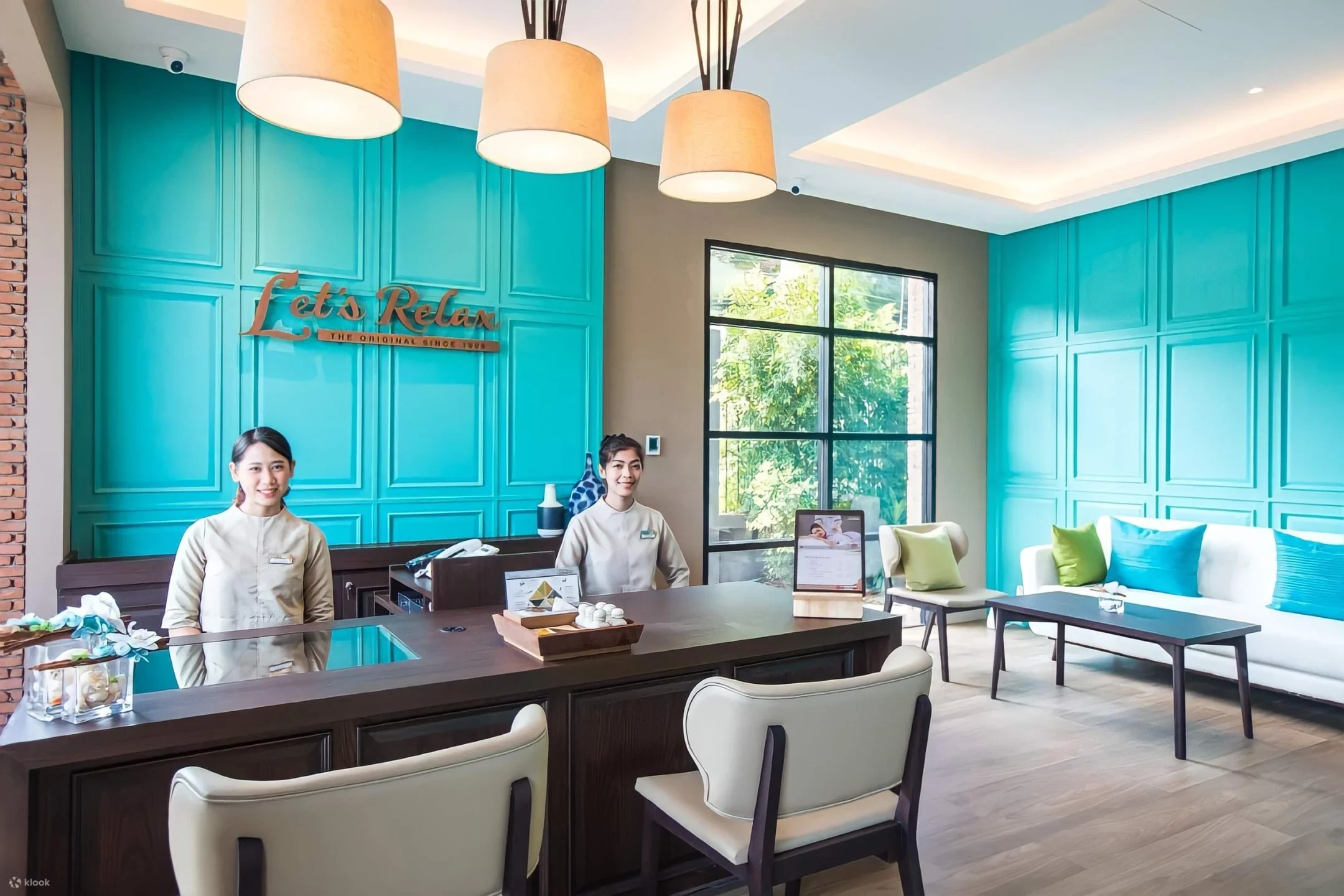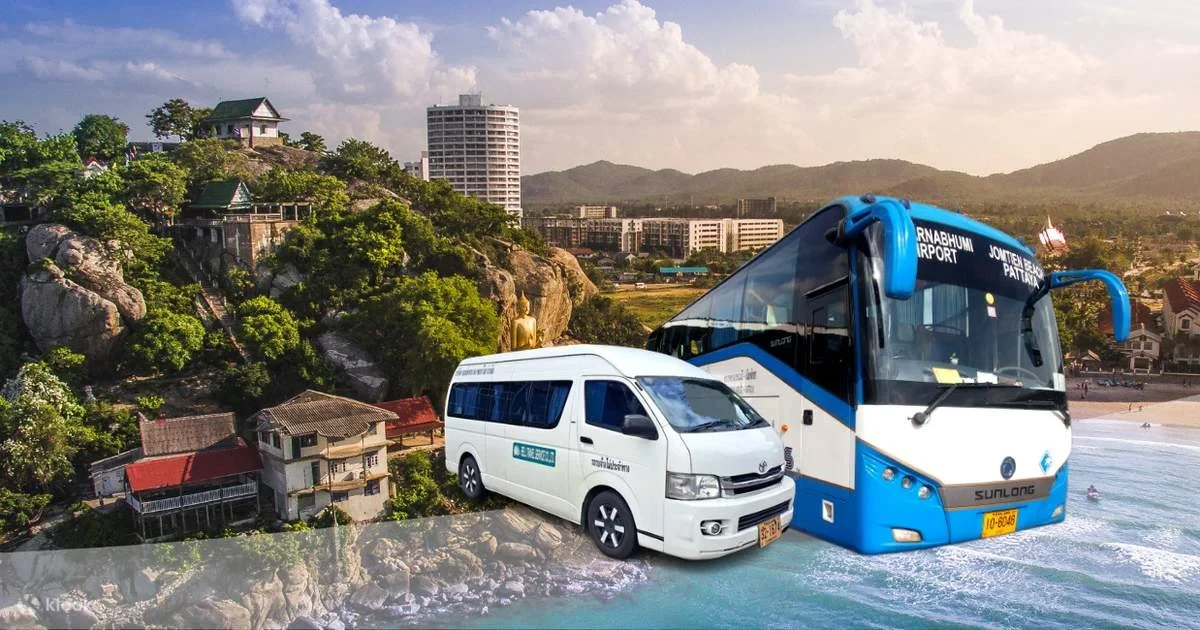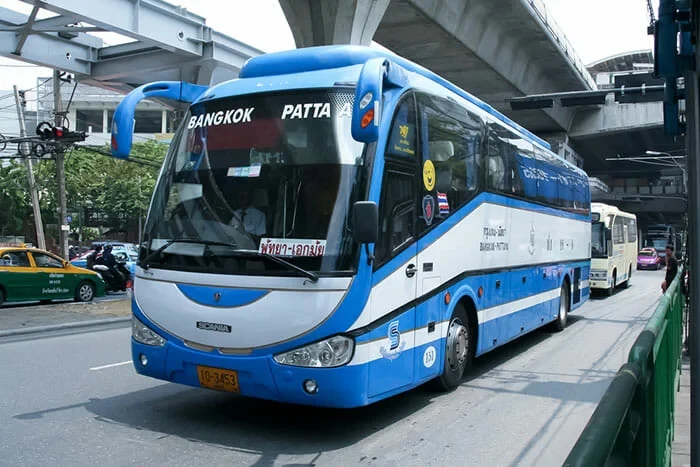Thailand Football isn’t just a game — it’s a cultural phenomenon. From Bangkok’s bustling streets to rural provinces, millions of fans follow both local and international football with intense devotion. Here’s a look at what fuels their passion. Thailand’s football fans are among the most vocal, expressive, and passionate in Asia. Whether cheering for a Thai League club or staying up past midnight to watch EPL games, the spirit of Thai football fans is deep, colorful, and unshakably loyal.
1. Why Thai People Are “Crazy About Football”
- Thailand has witnessed a meteoric rise in football fandom—not just for local clubs but passionately for European powerhouses like Liverpool, Man U, and Leicester City. The success of Thai-owned Leicester City under Vichai Srivaddhanaprabha ignited massive enthusiasm at home
- However, Substack insights reveal that following the COVID stadium reopenings, average domestic attendance plummeted—down to mere hundreds—suggesting a love that’s stronger for televised excitement and foreign leagues than local matchday experiences
2. The Power Behind the Thai Clubs: Owners & Dynasties
Thailand’s top-tier clubs are often family-run, with four dynasty families dominating the scene
- Chearavanont family – runs Bangkok United (backed by True Corp).
- Lamsum family – owns Port FC; spearheaded by businesswoman Nualphan “Madam Pang” Lamsam
- Chidchob family – mastermind behind powerhouse Buriram United with chairman Newin Chidchob.
- Bhakdi family – controls BG Pathum United.
Those four clubs are worth about €35 million collectively—nearly double than the rest of Thai League 1 combined
3. Club Histories & Infrastructure Evolution
Buriram United – Football Club
- Founded in 1970, rebranded in 2010 as Buriram PEA, then Buriram United in 2012
- They’ve become a domestic giant: 11 league titles, multiple trebles, unbeaten seasons—and a pioneering training ground partnership with Borussia Dortmund and Leicester City.
- Their Chang Arena (“Thunder Castle”) is a landmark: built fast, FIFA‑standard, and a model for modern stadium design.
Port FC – Football Club
- Born in 1967 under the Port Authority of Thailand, taken over in 2015 by Nualphan Lamsam.
- Known as the “Khlong Toei Lions,” they invested in youth development and grew their fanbase
Bangkok United – Football Club
- Started as Bangkok University FC in 1988 and transitioned to True Bangkok United in 2009.
- Won the Thai Premier League in 2006 and consistently competed in AFC Champions League since 2023
4. Stadiums: Local Pride, Global Standards
- Rajamangala National Stadium, Thailand’s football cathedral, seats ~50 000, built for 1998 Asian Games, renovated in 2006. All Thai‑designed and constructed
- Chang Arena (Buriram): Thailand’s first football‑specific stadium, built in just 256 days—now a model across SEA
5. European Ventures & Global Links
- Thaksin Shinawatra briefly owned Manchester City (2007); Vichai Srivaddhanaprabha fully backed Leicester City (2010–2022), leading to the club’s iconic 2015‑16 Premier League title
- These moves lifted Thailand’s football prestige, boosting fan interest and creating overseas partnerships.
- Buriram United collaborations with Dortmund and Leicester further strengthen pathways for Thai talent overseas
Snapshot: Thai League 1 Champions by Club
🕵️♂️ Hidden Truths & Secrets of Football Clubs in Thailand
1. Political Ties and Influence
Many Thai football clubs are closely tied to political families or local government bodies. For example:
- Newin Chidchob, the strongman behind Buriram United, is a former politician with deep regional influence. His control over local infrastructure helped build a football empire around the club.
- Port FC, while now privately owned by the Lamsam family, originally belonged to the Port Authority of Thailand, a state enterprise — showing how many clubs were once tools of government publicity.
2. Clubs as Business Extensions
Some clubs aren’t just about sports — they’re extensions of corporate branding or business interests:
- BG Pathum United is backed by Bangkok Glass, using the team to promote its brand and maintain goodwill with local communities.
- True Bangkok United is controlled by True Corporation (a telecom giant), using the club as a lifestyle brand and digital content vehicle.
3. Rapid Rebranding & Ownership Flips
Several Thai clubs have undergone multiple identity changes, causing confusion but reflecting commercial motives:
- Teams like BEC Tero Sasana, Police Tero, and Bangkok United have changed names, cities, and owners multiple times.
- It’s not uncommon for clubs to move cities entirely if a better stadium or municipal support is offered elsewhere.
4. Limited Fan Loyalty (Club vs. Country)
While Thai fans are passionate, loyalty often leans toward foreign clubs (like Liverpool, Man United, and Barcelona). Many locals:
- Watch Thai League matches more out of duty or location convenience than lifelong allegiance.
- Are more emotionally attached to the national team than local clubs, which struggle to build a legacy due to frequent name and leadership changes.
5. Youth Academies: Untapped Goldmines
Some clubs have heavily invested in youth academies with European links, yet only a few players break into elite leagues abroad:
- Buriram United, for example, has a partnership with Dortmund and Leicester City, but most Thai talent stays domestic.
- Language barriers, lack of European-level match fitness, and limited international scouting slow this pipeline.
6. Match-Fixing Shadows (Now Improving)
In the past, match-fixing scandals rocked Thai football—especially in lower divisions. But since 2017, the Thai FA has cracked down hard, with arrests and bans cleaning up the image.
7. Fan-Owned Clubs on the Rise?
Some grassroots movements are advocating for community-owned clubs, inspired by European models. These remain small for now but could disrupt the current elite ownership patterns in the future.


